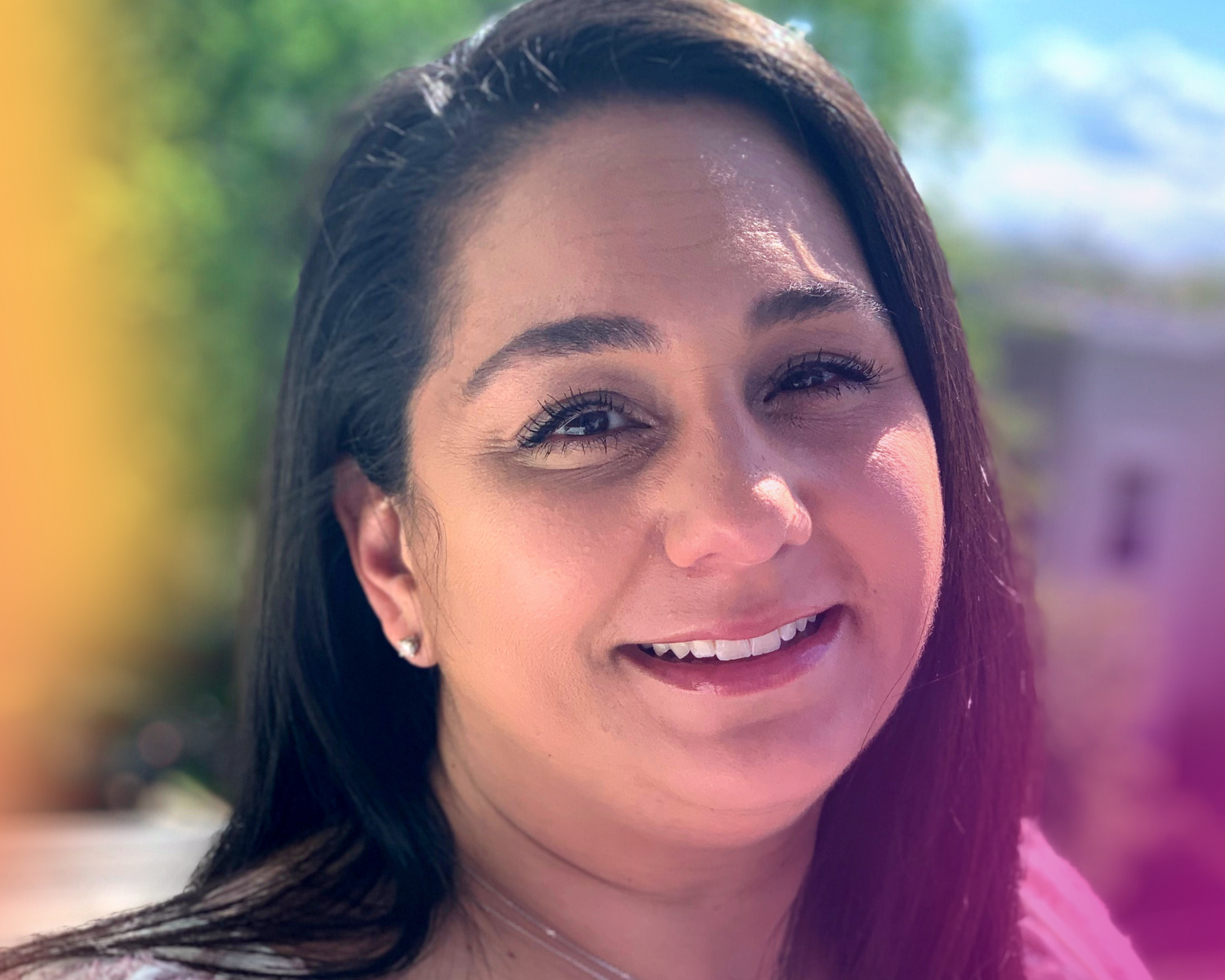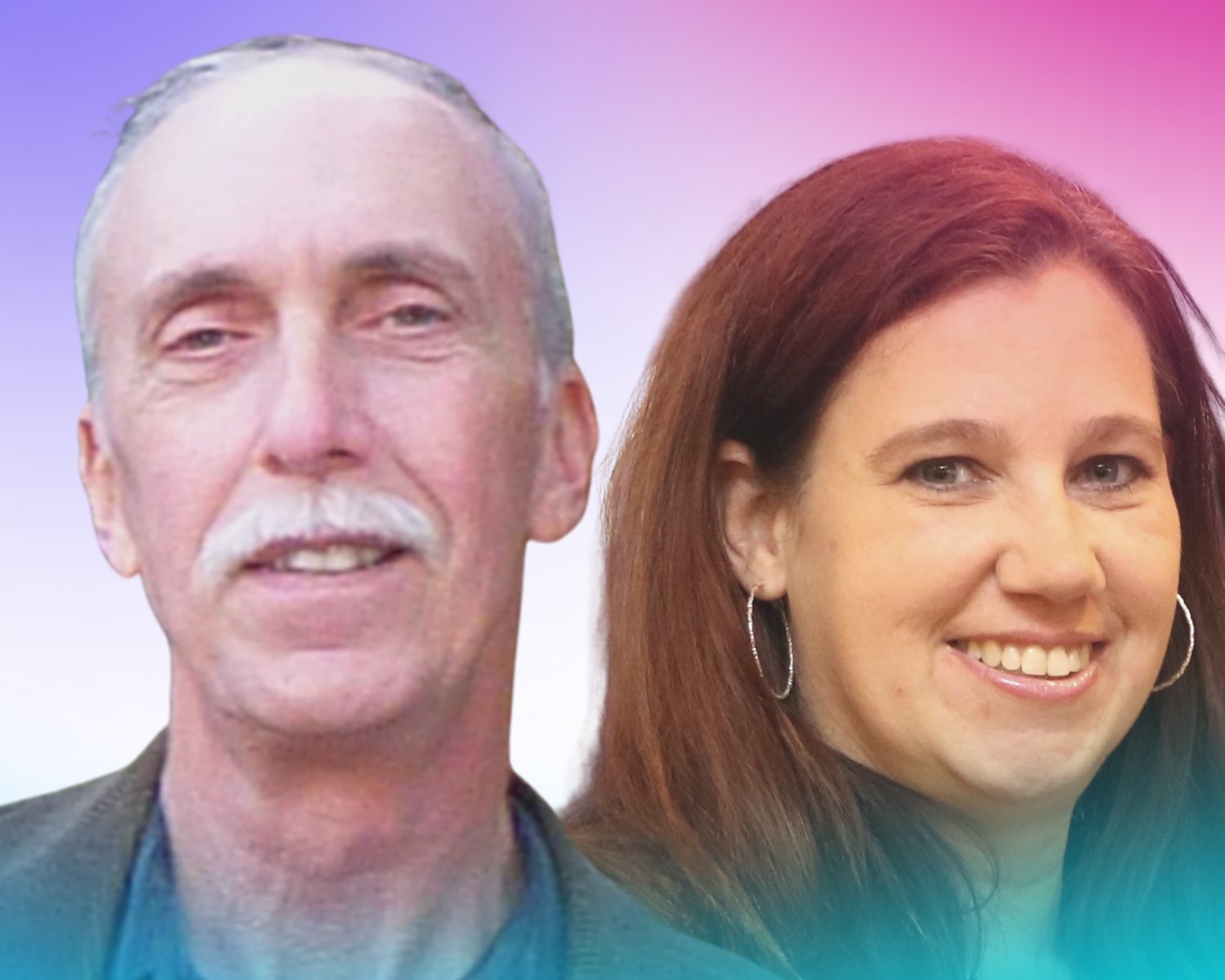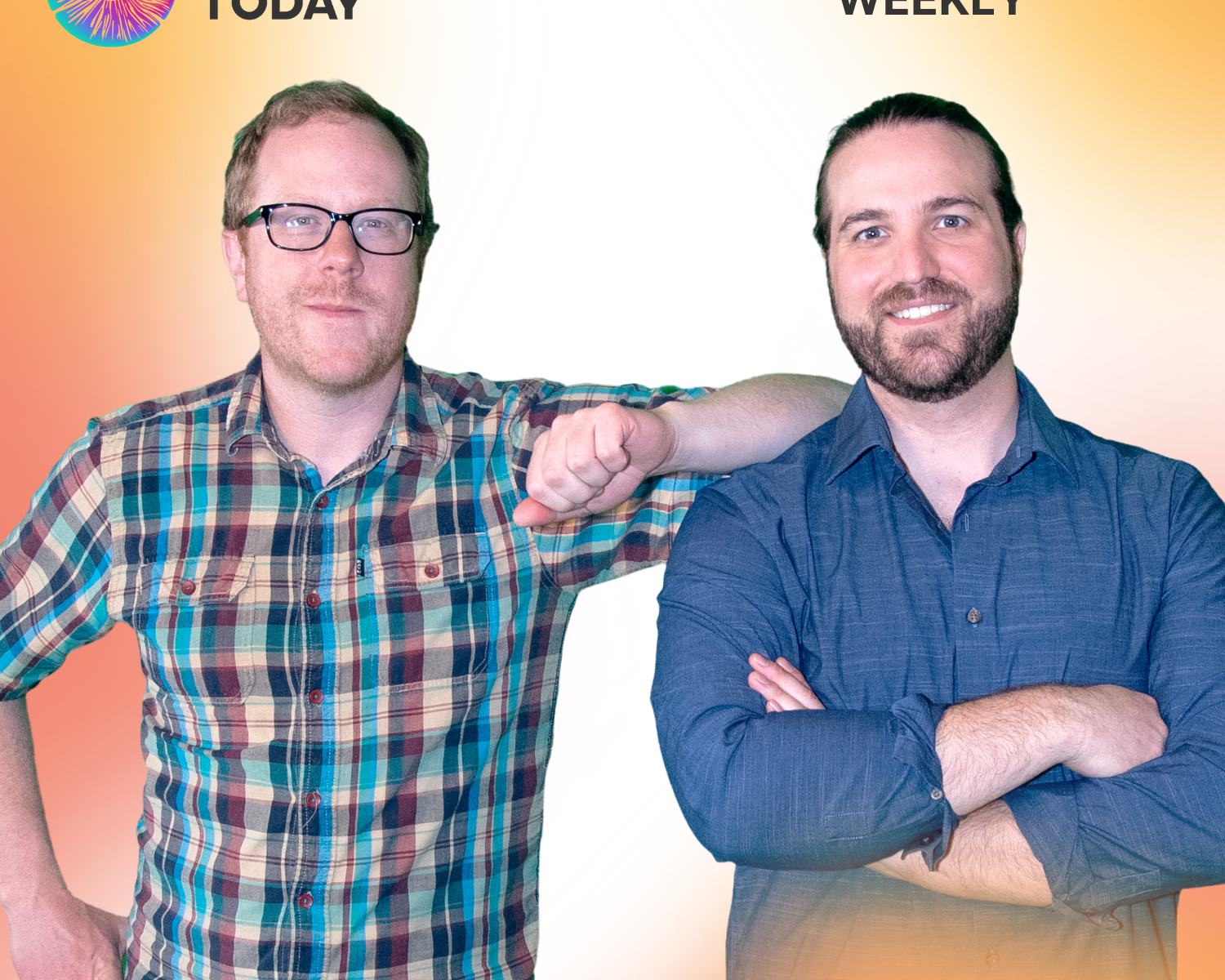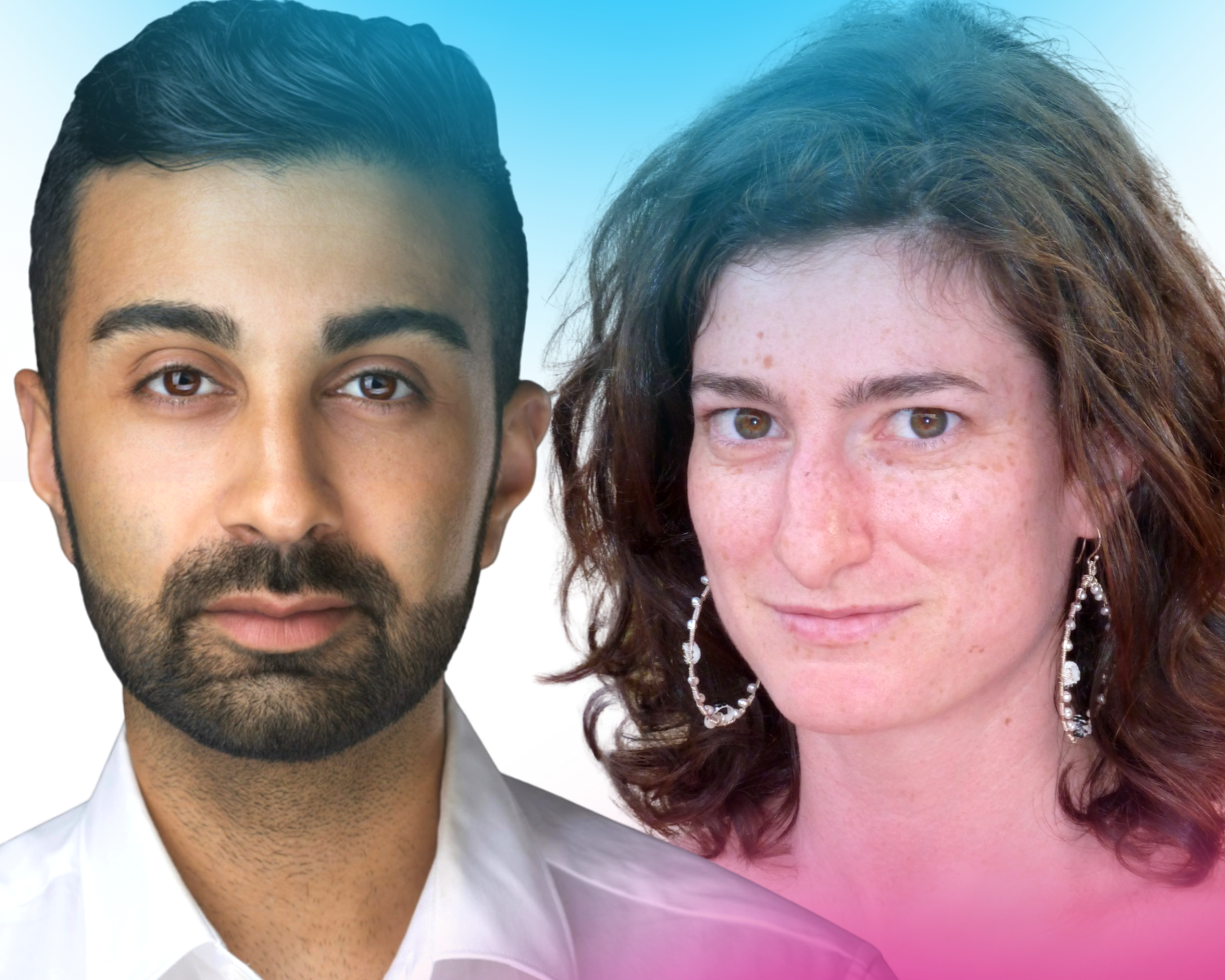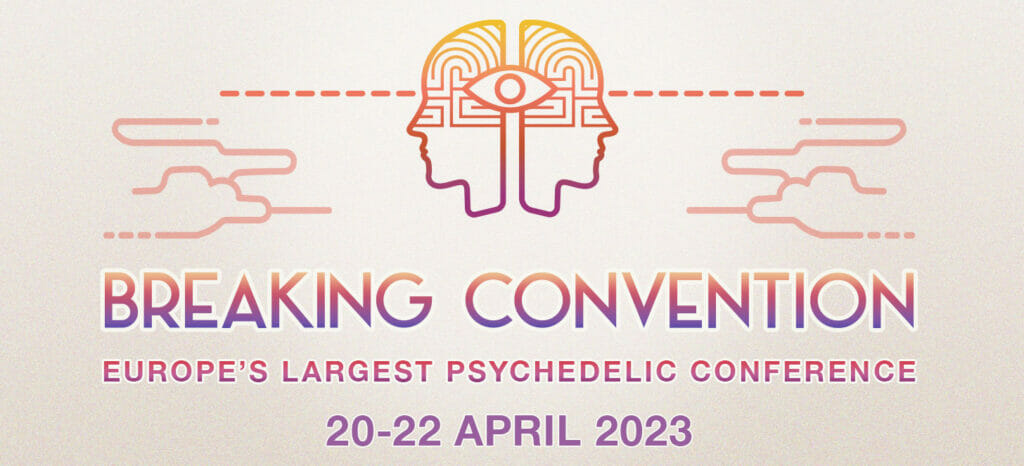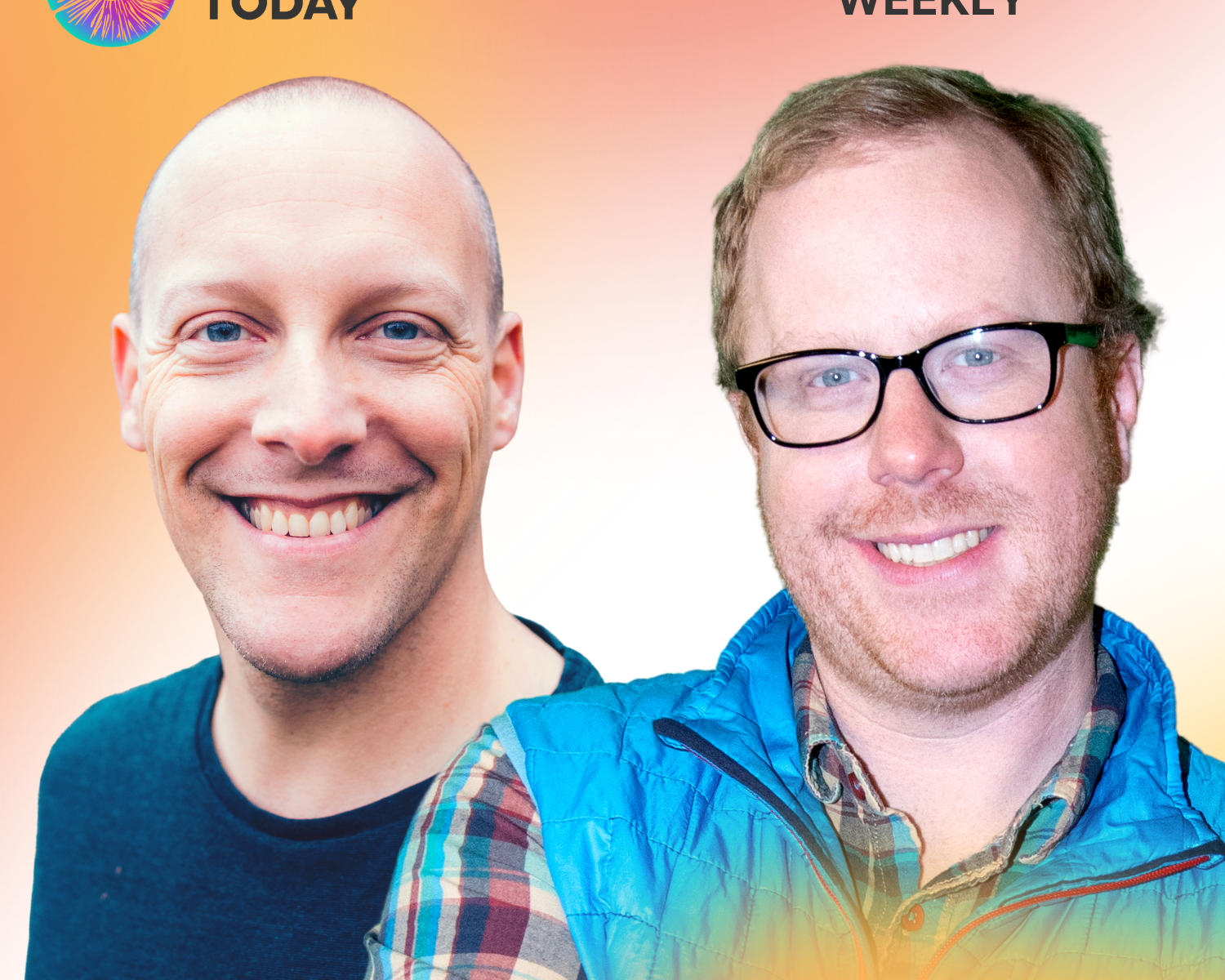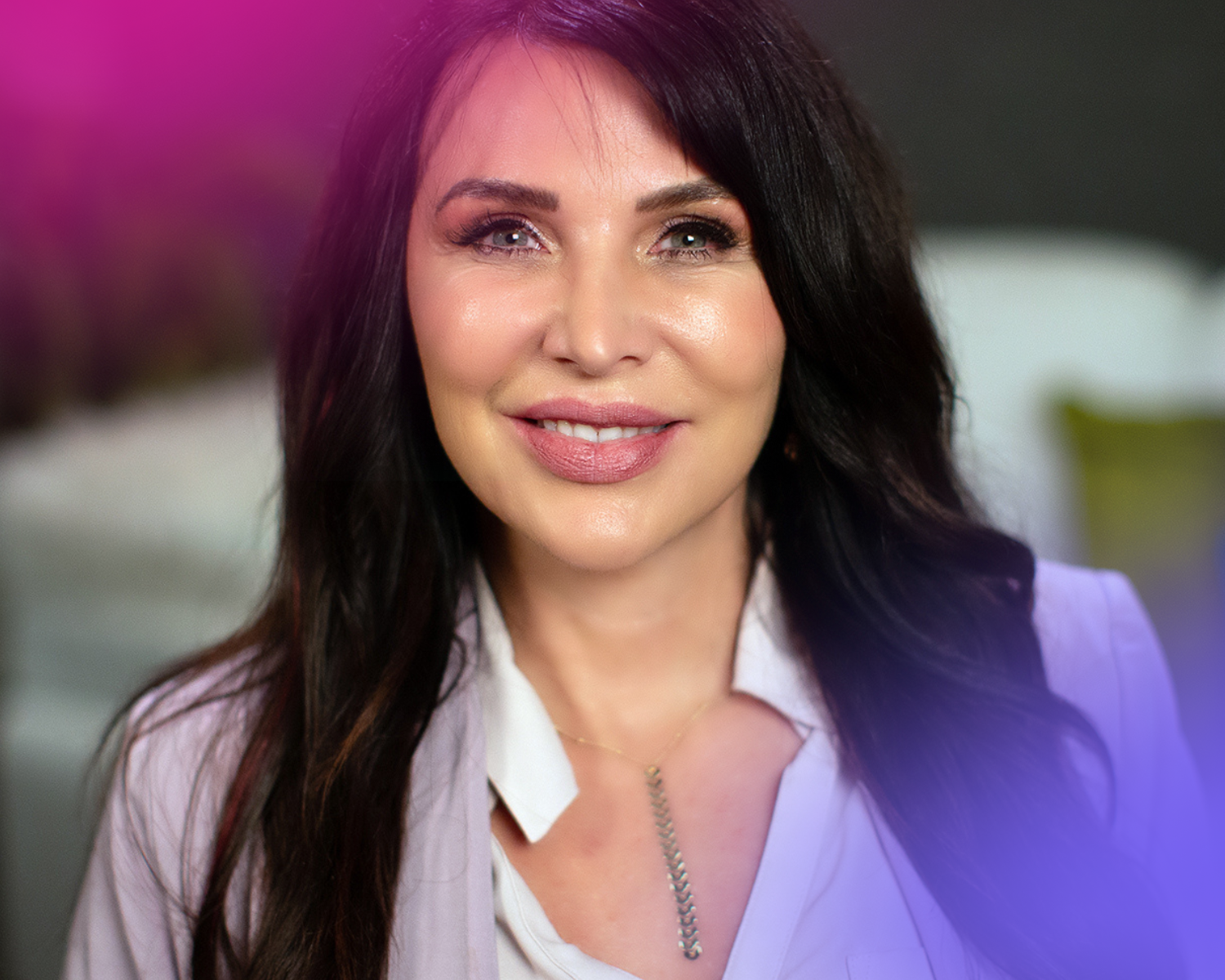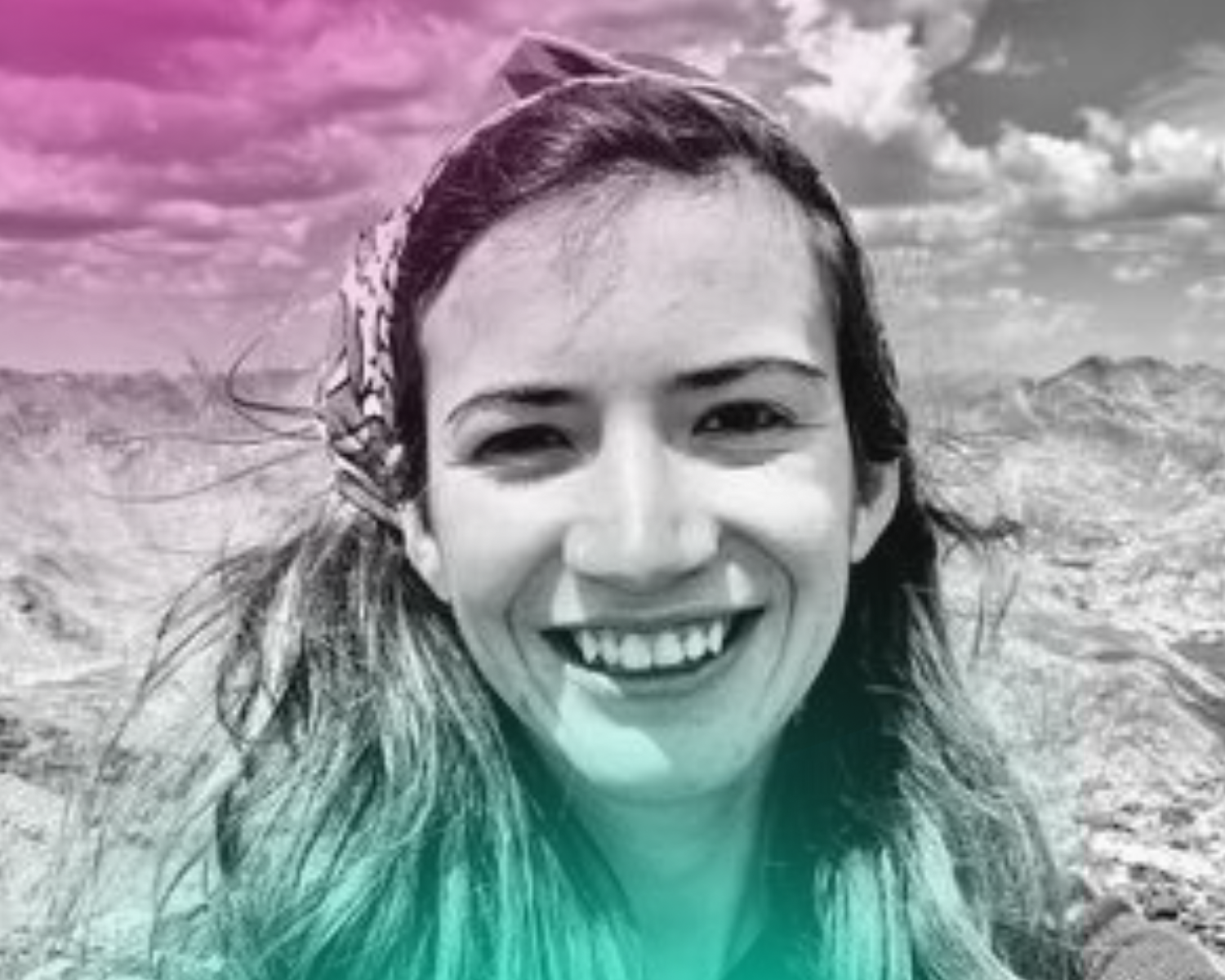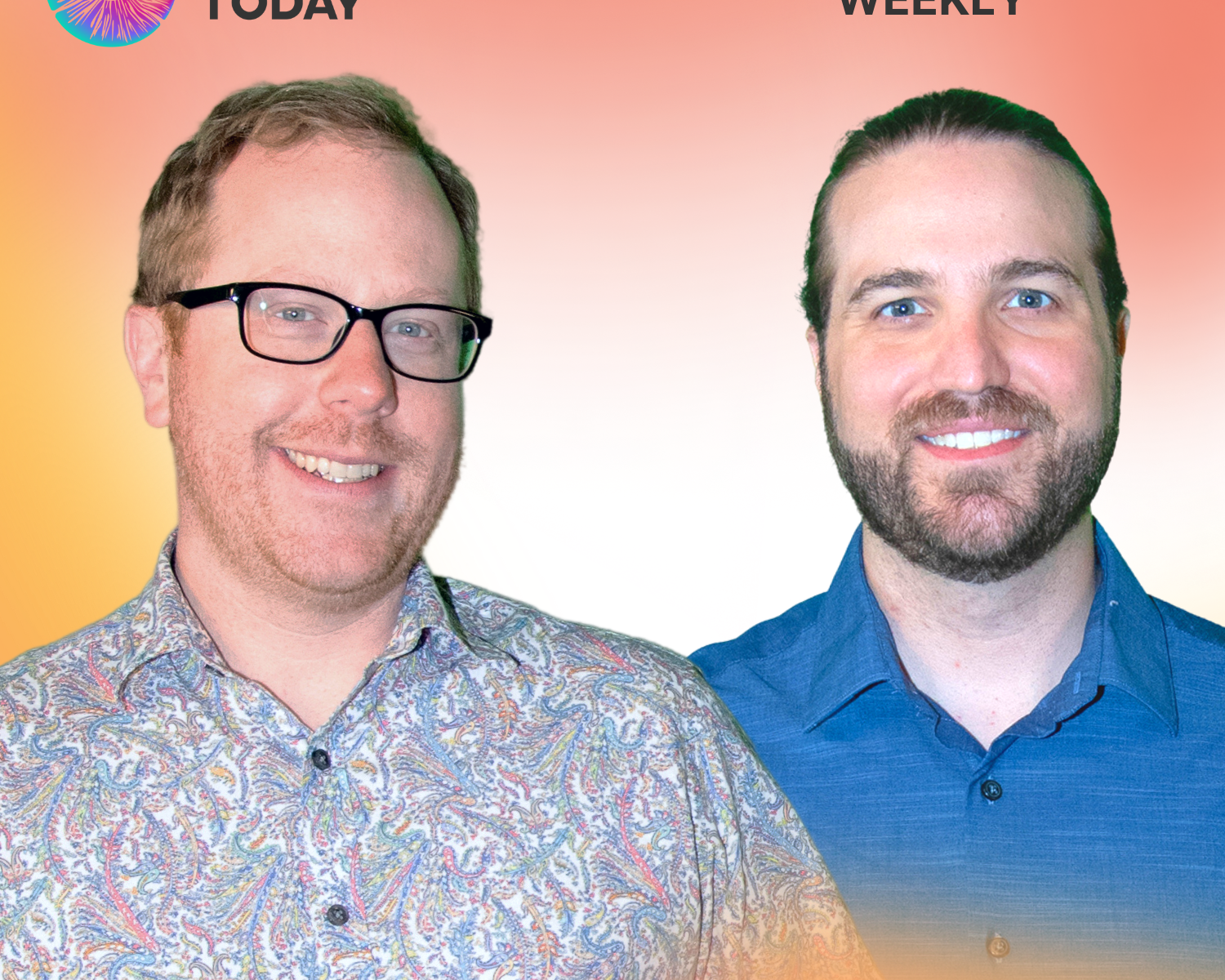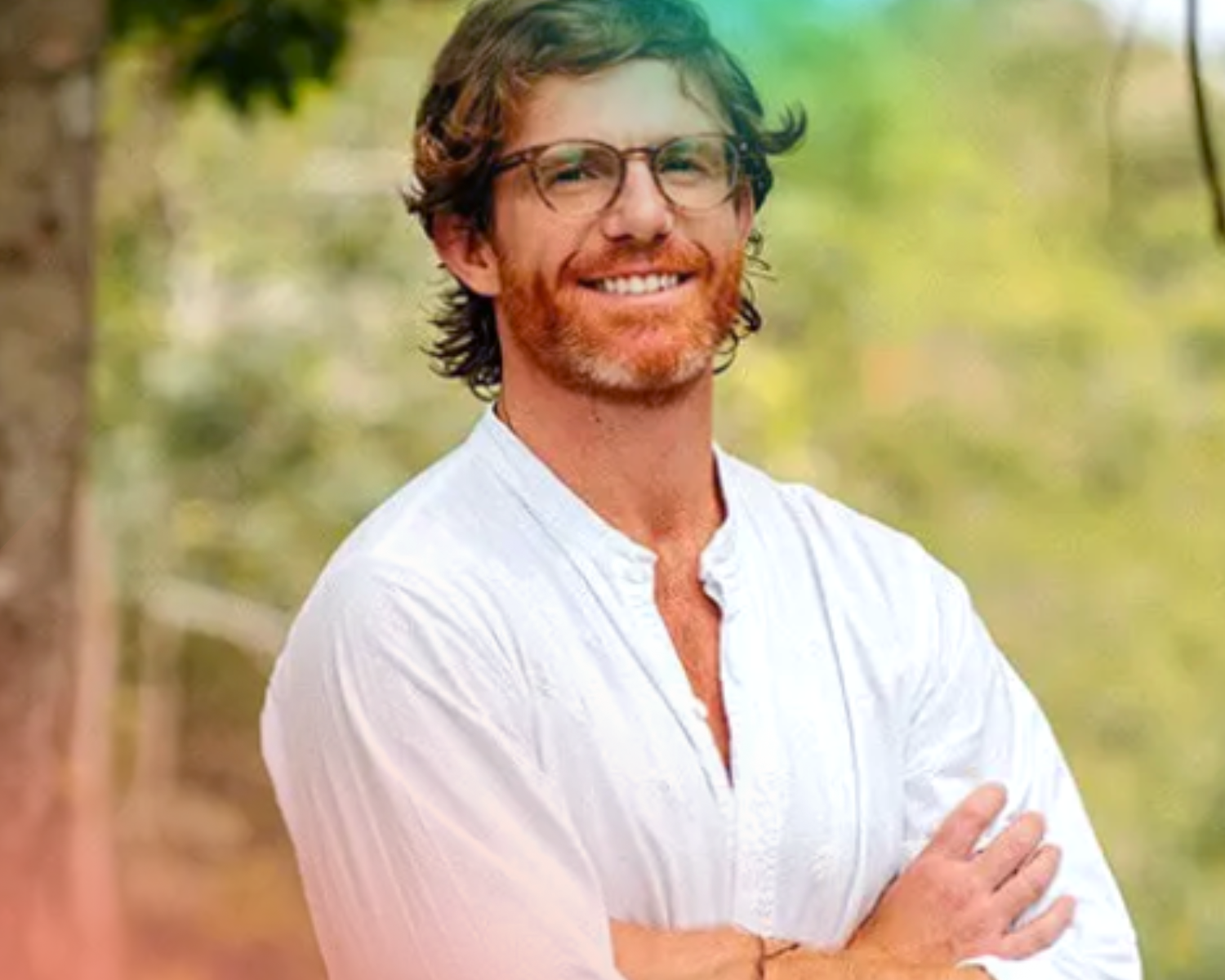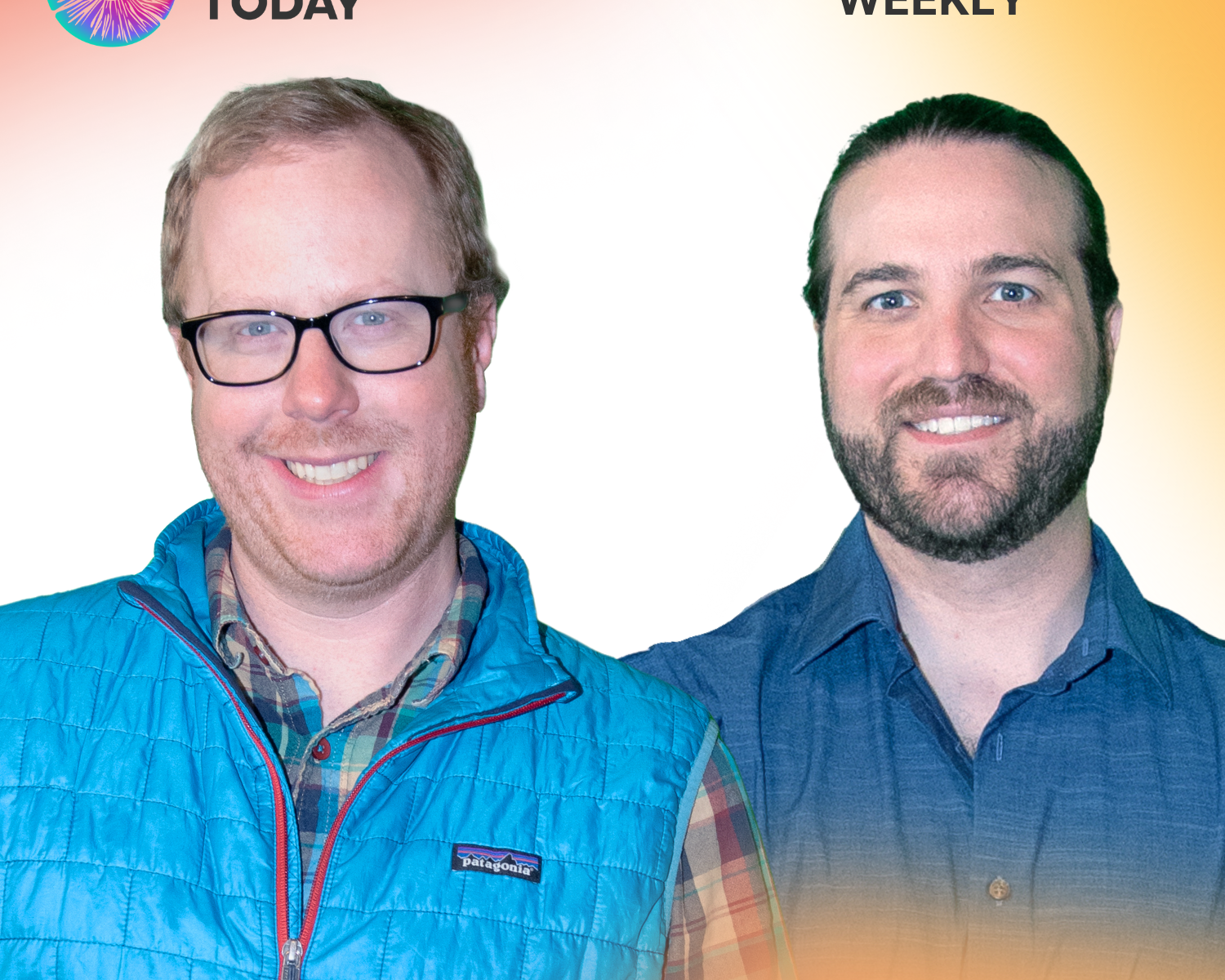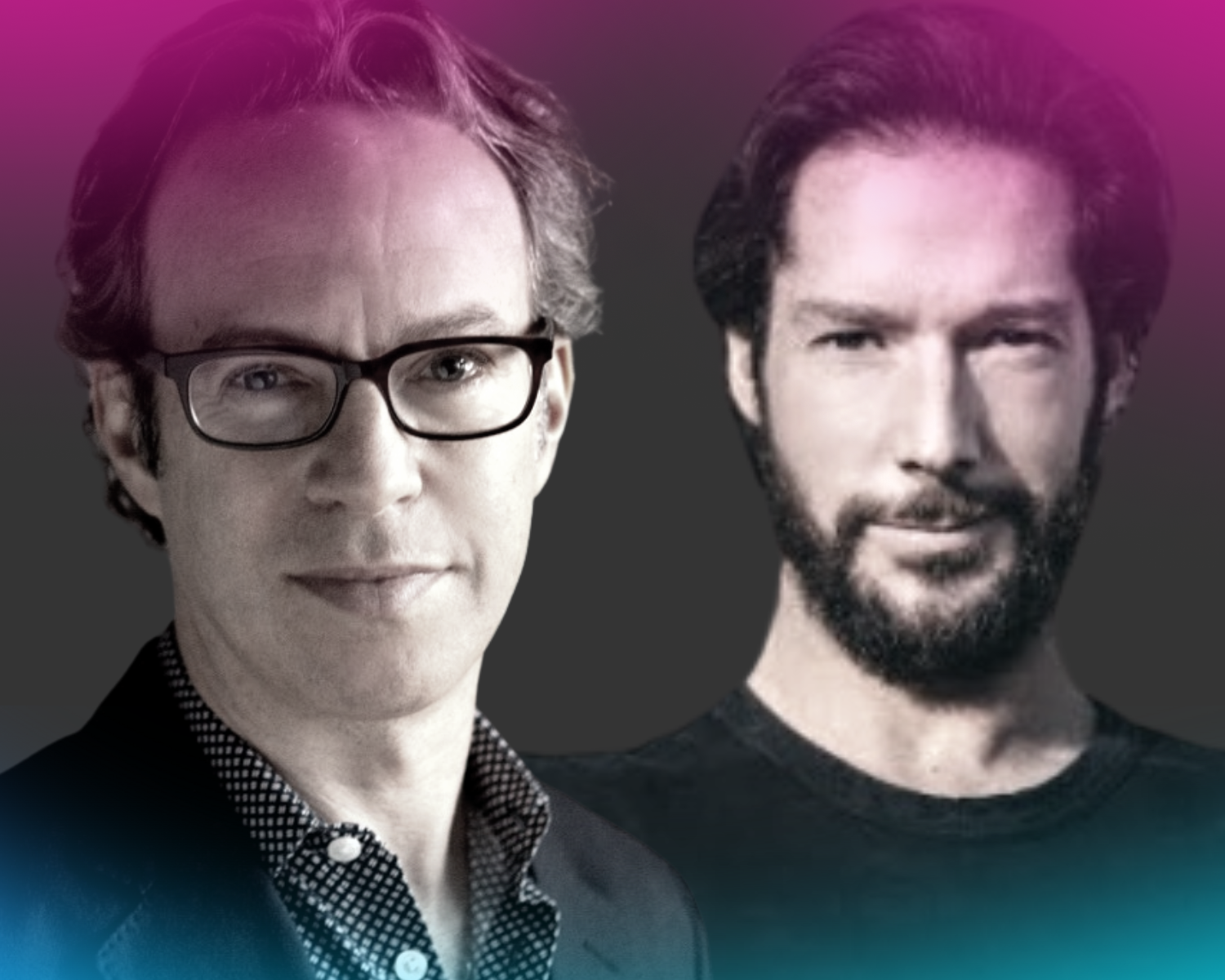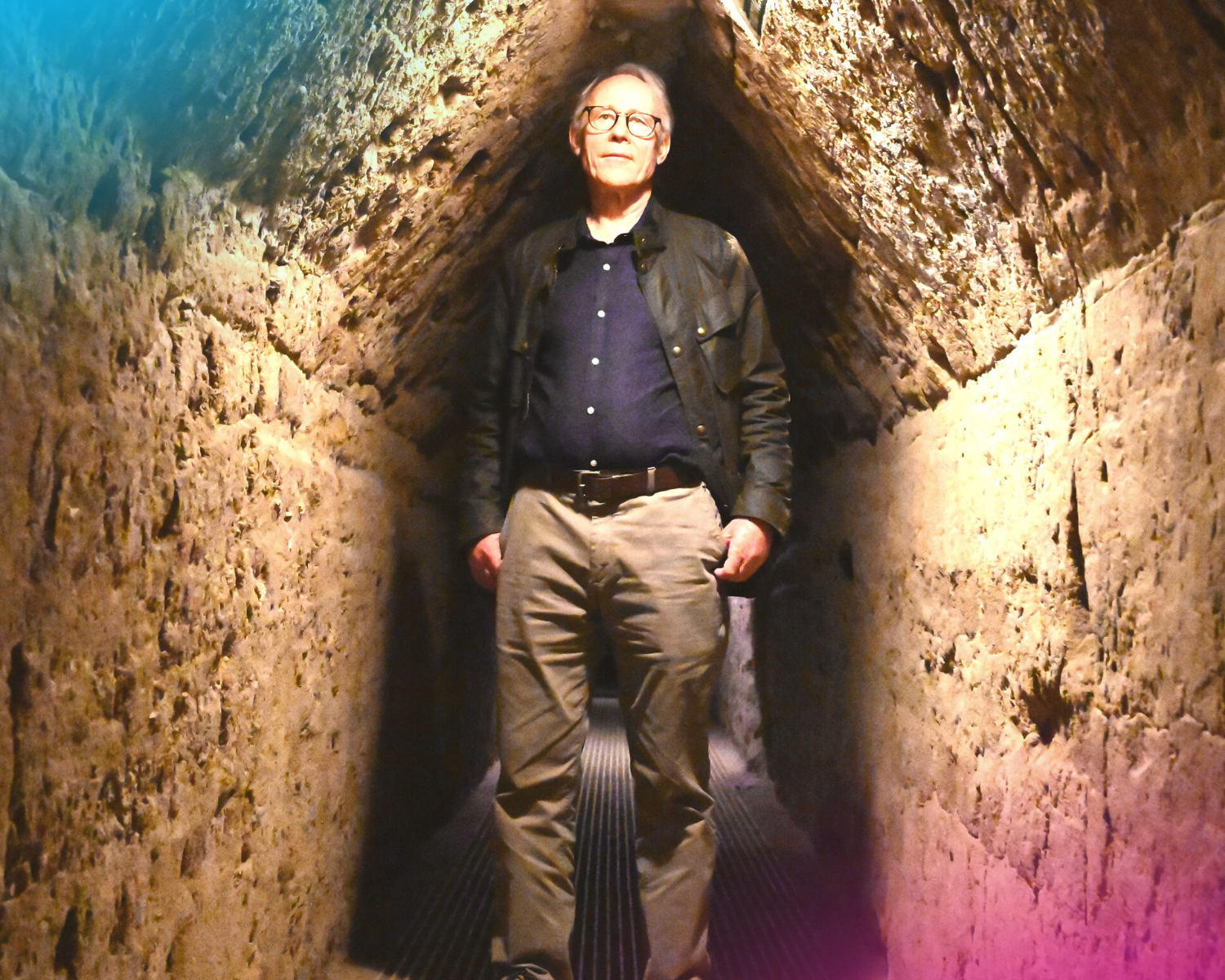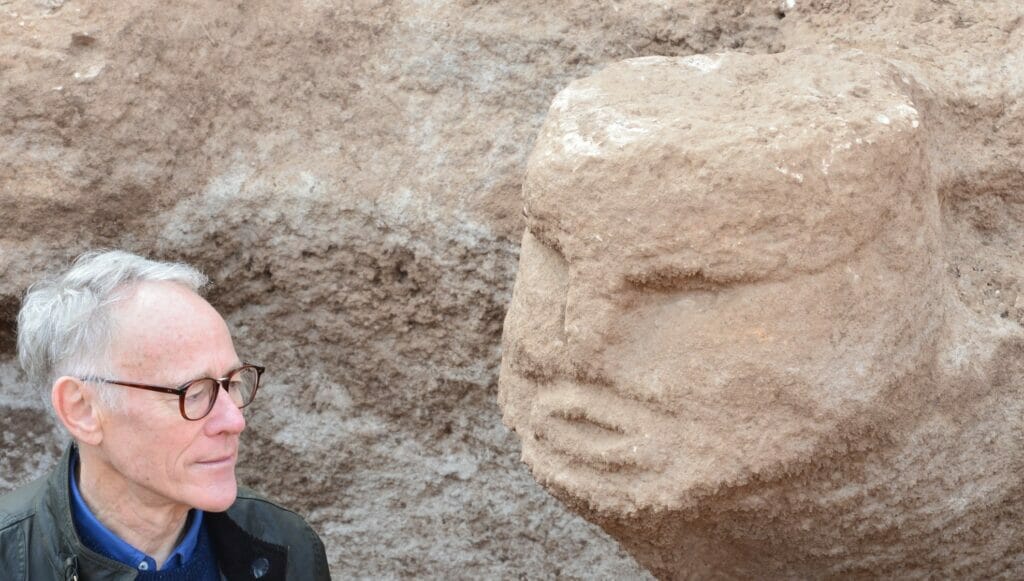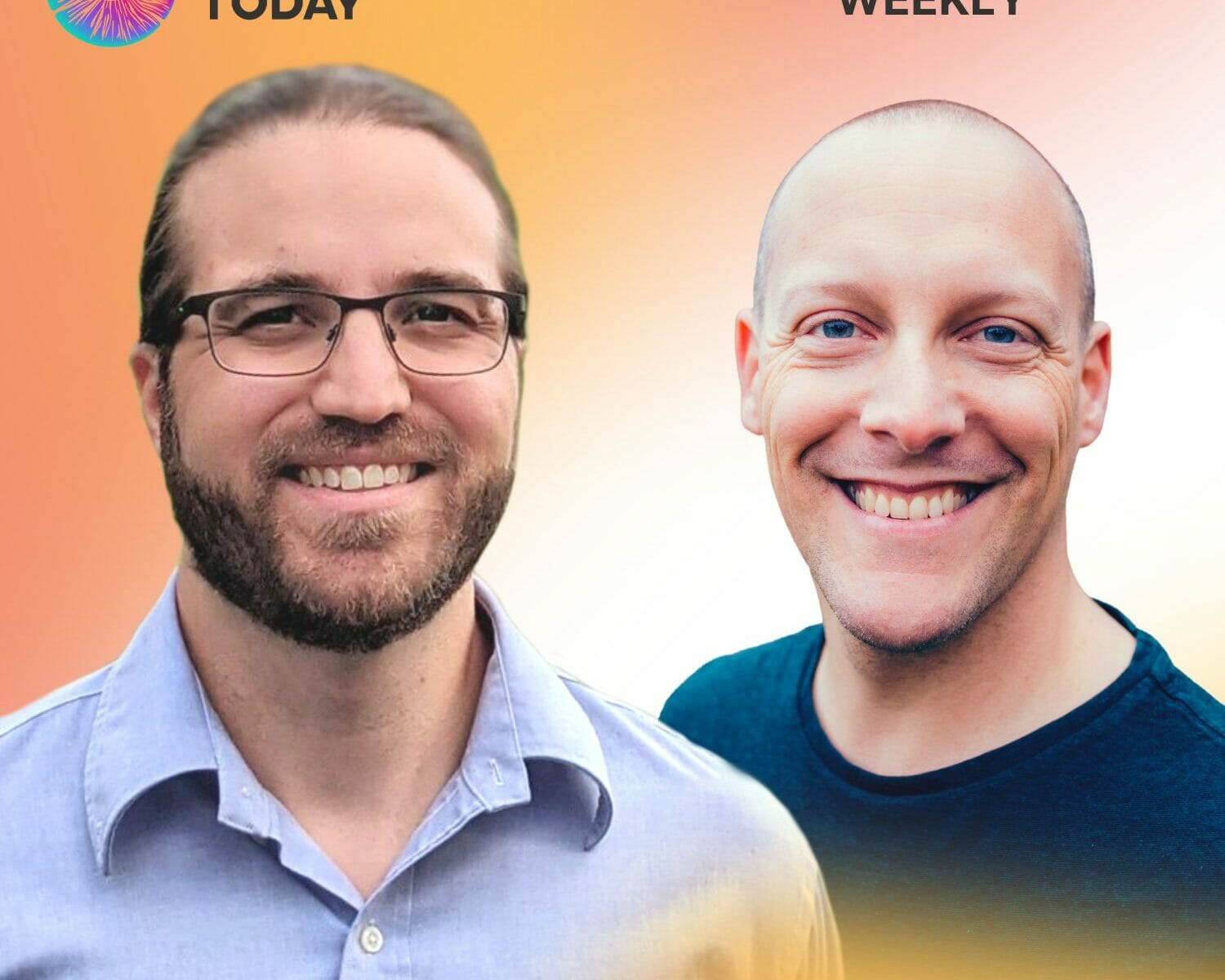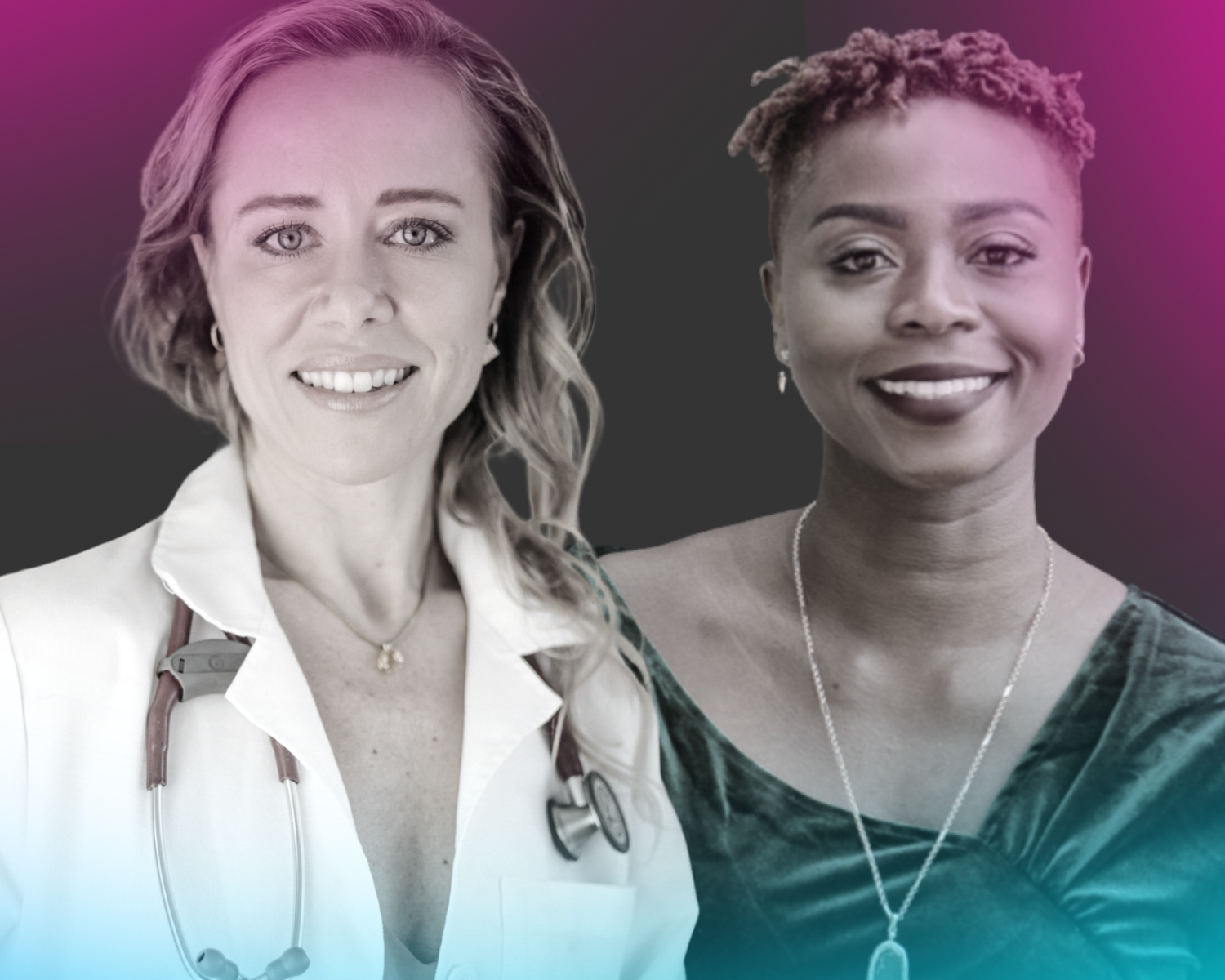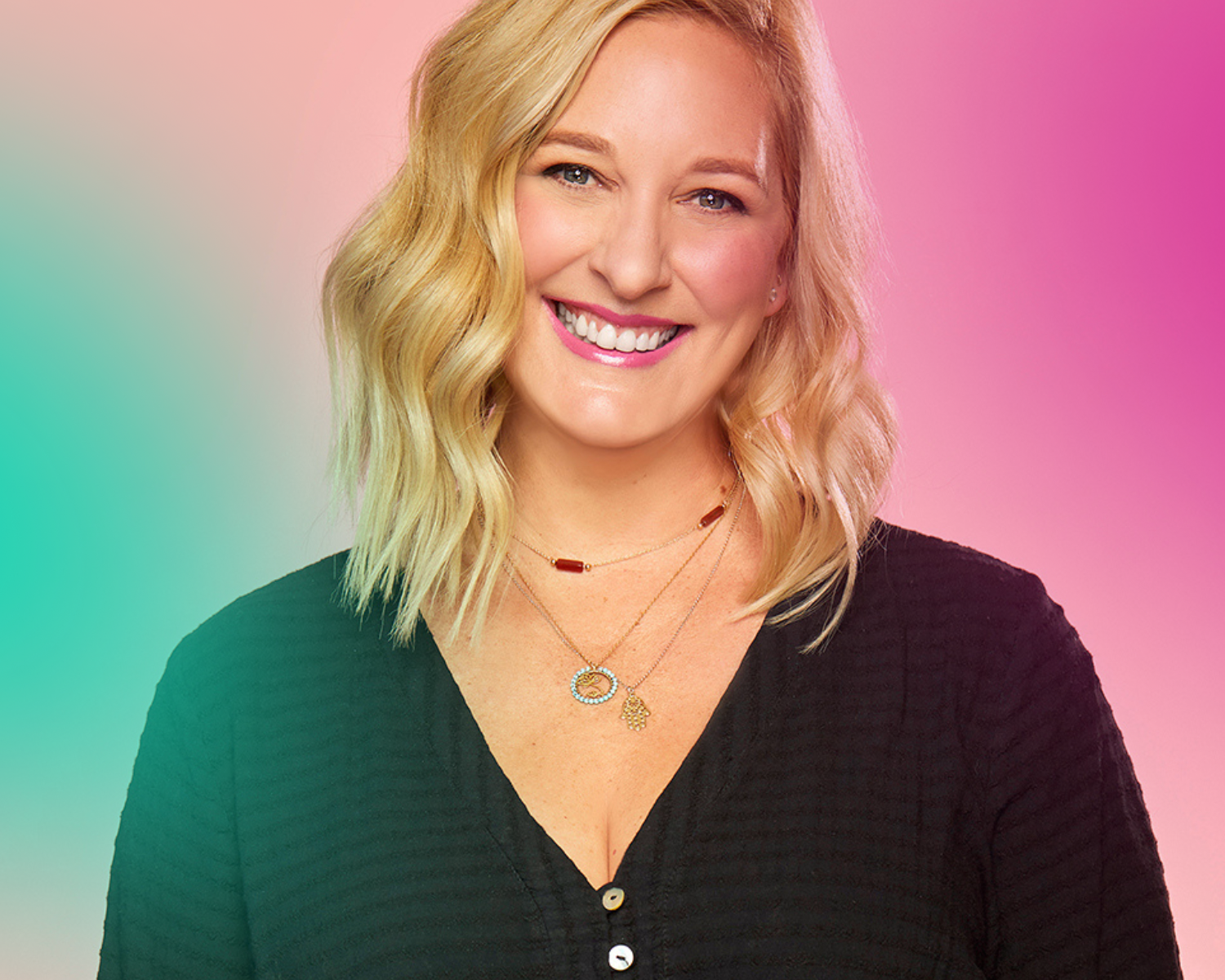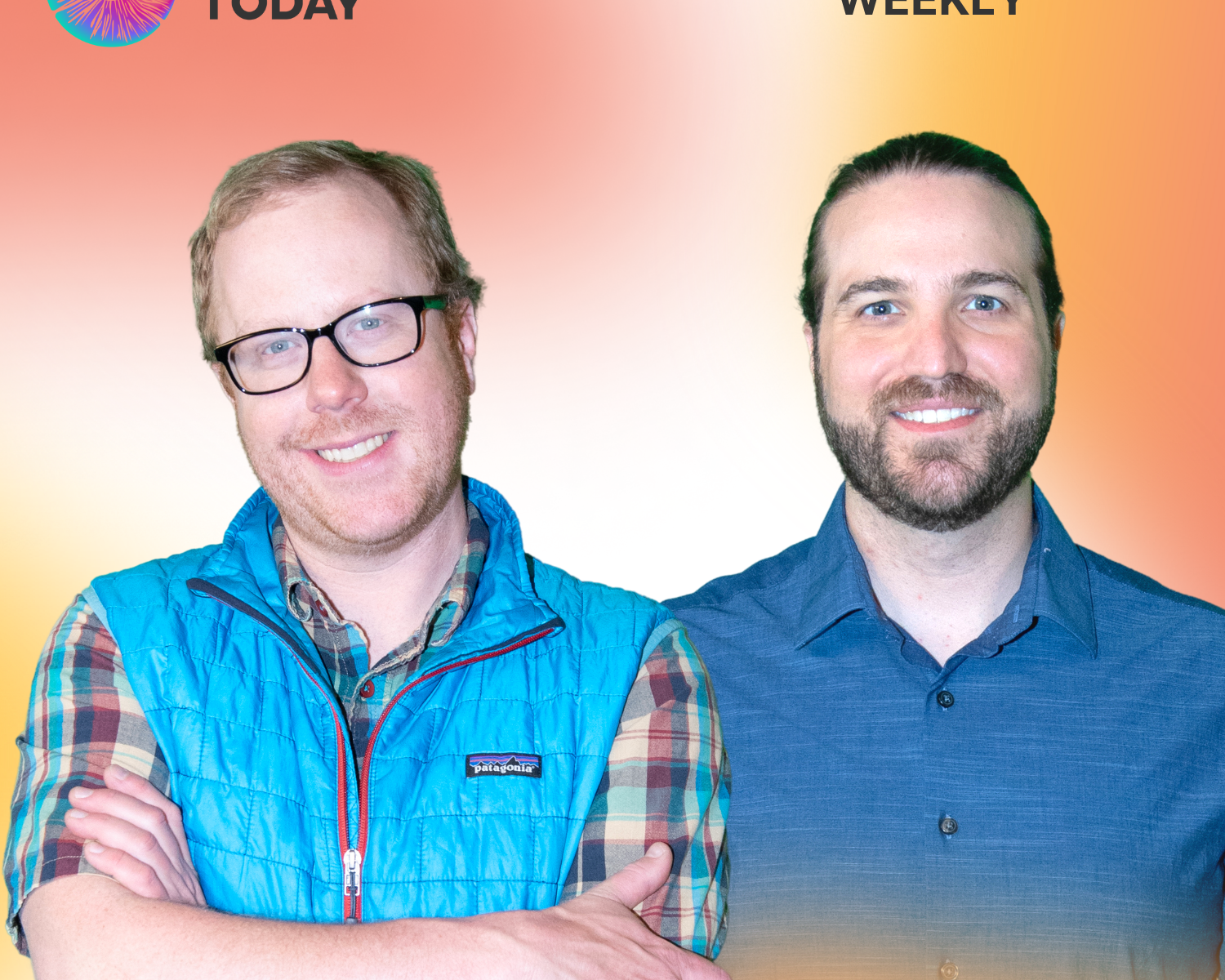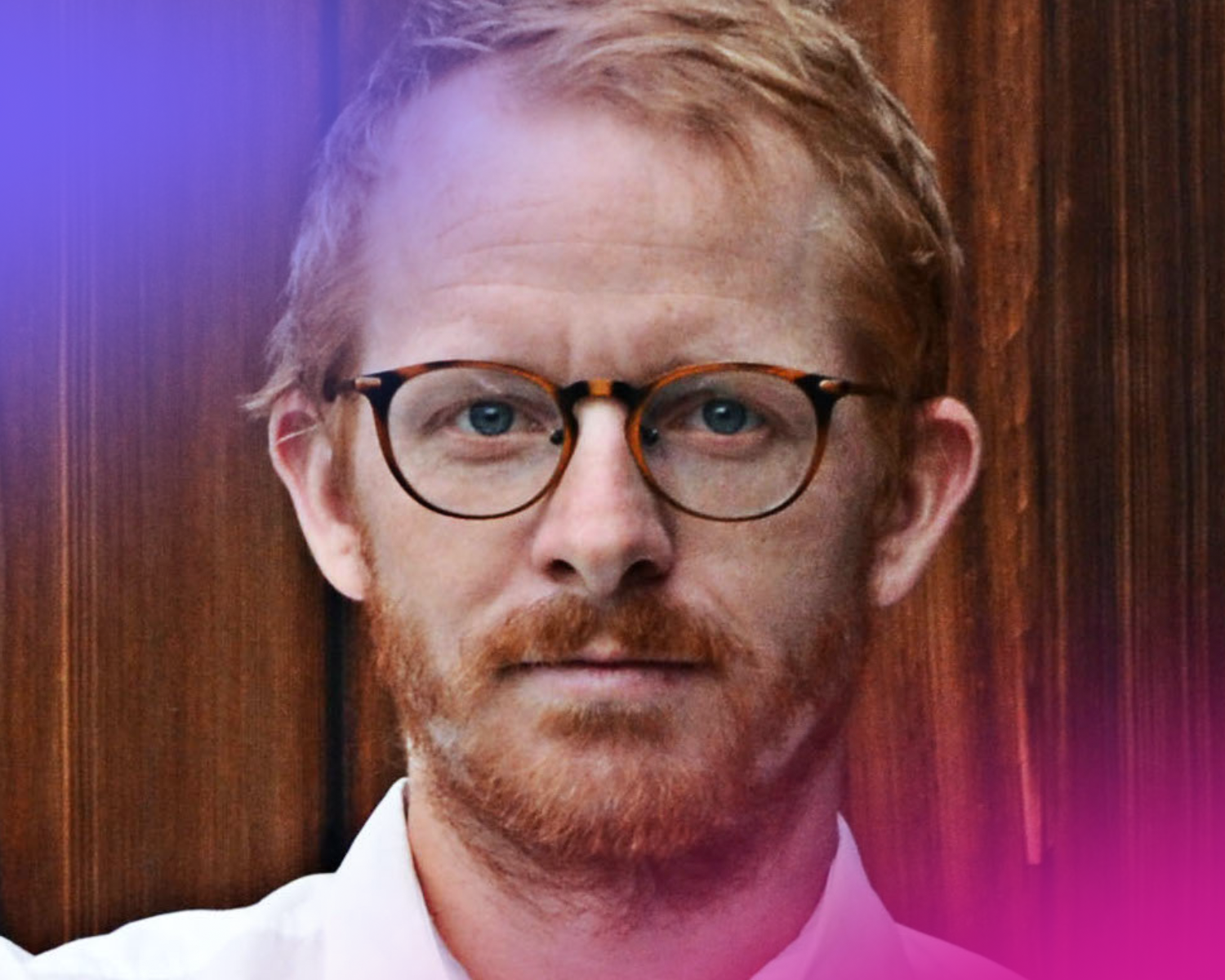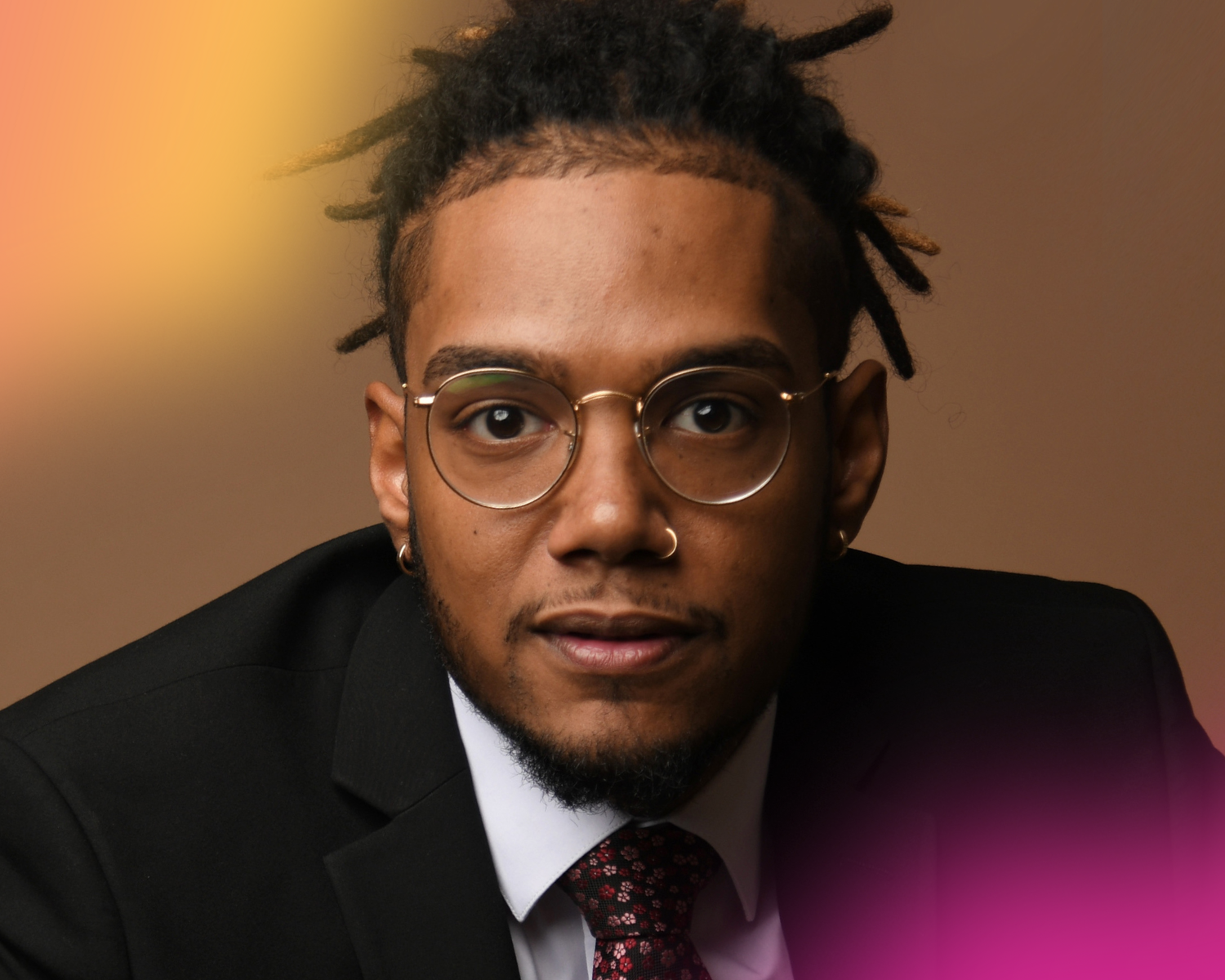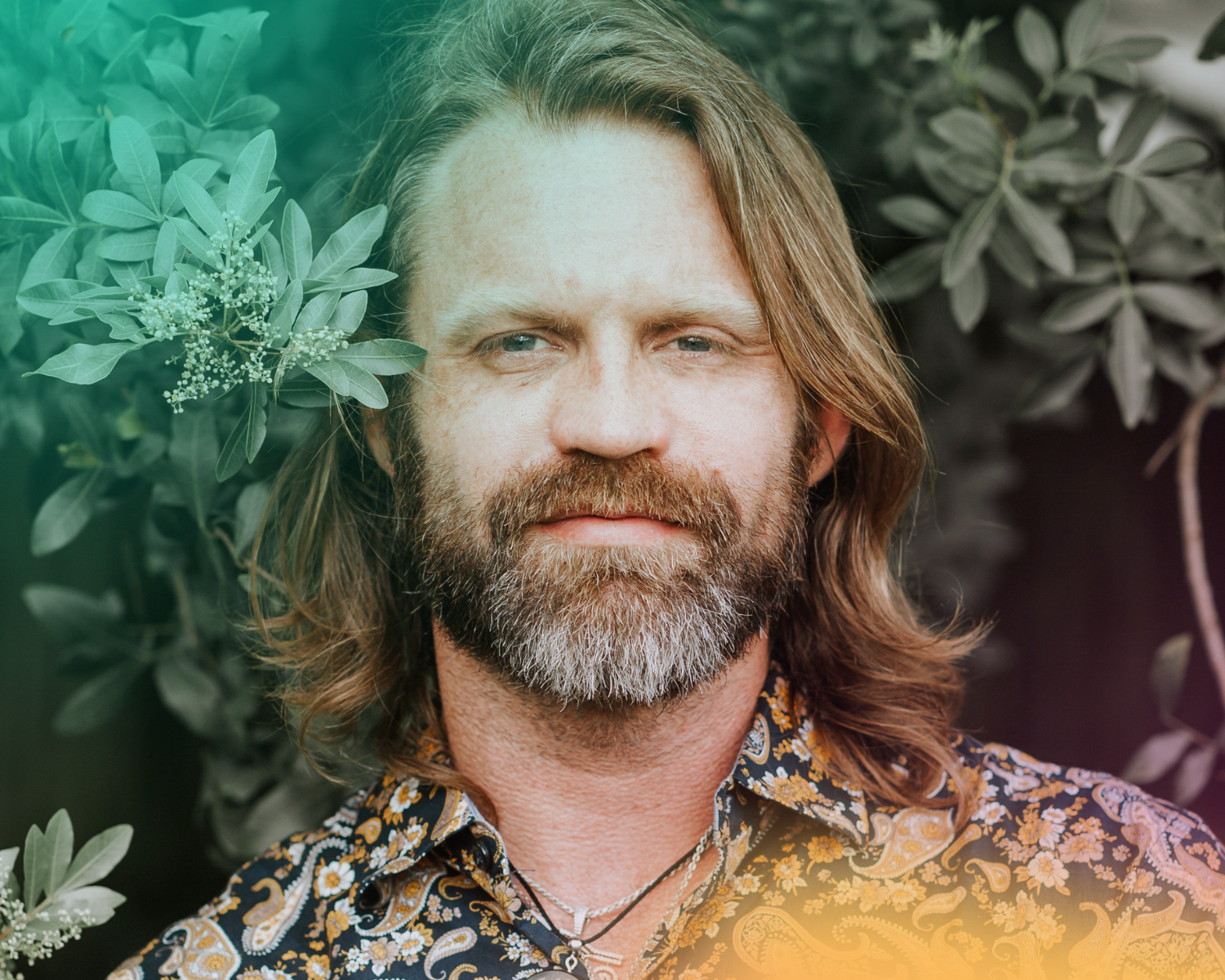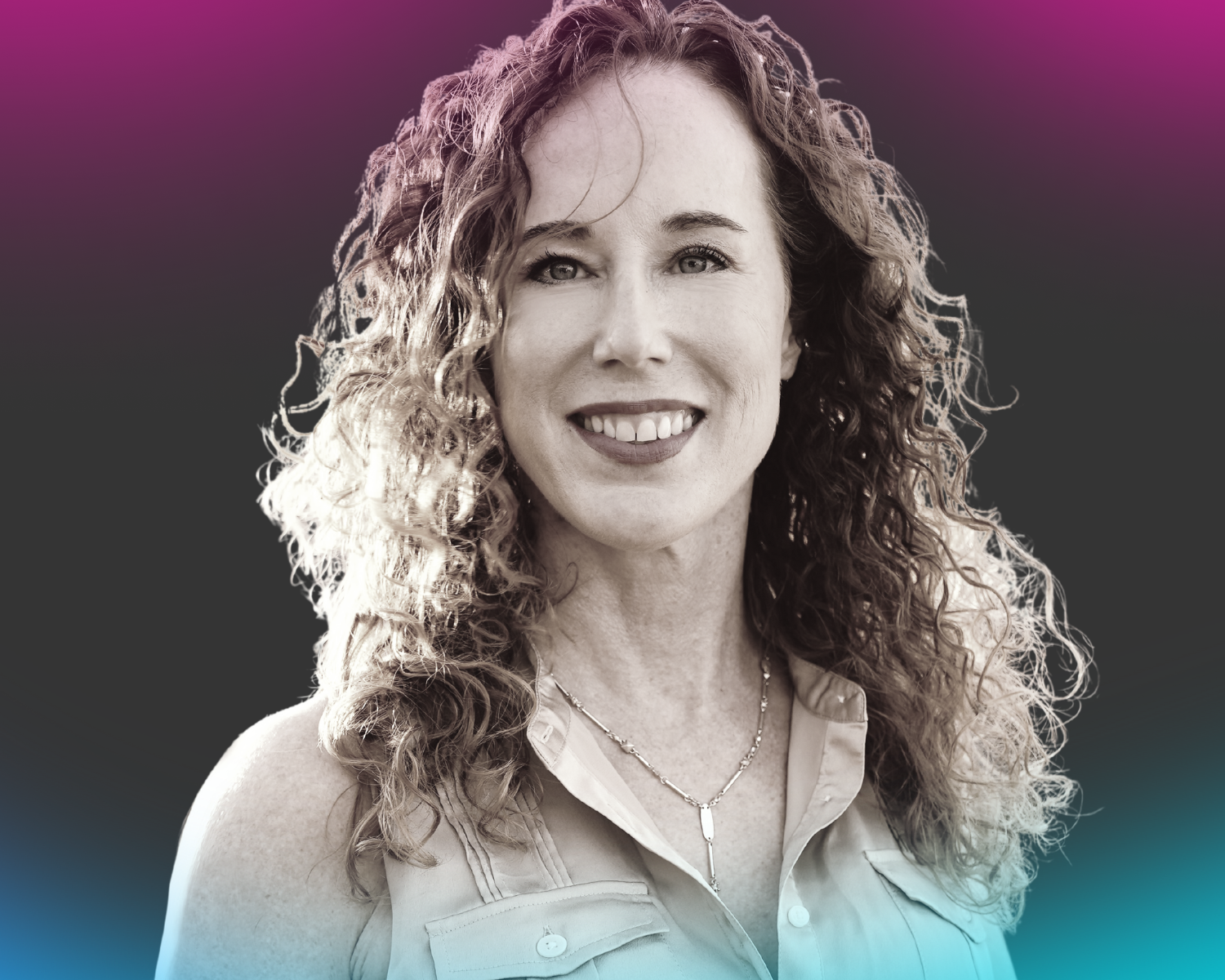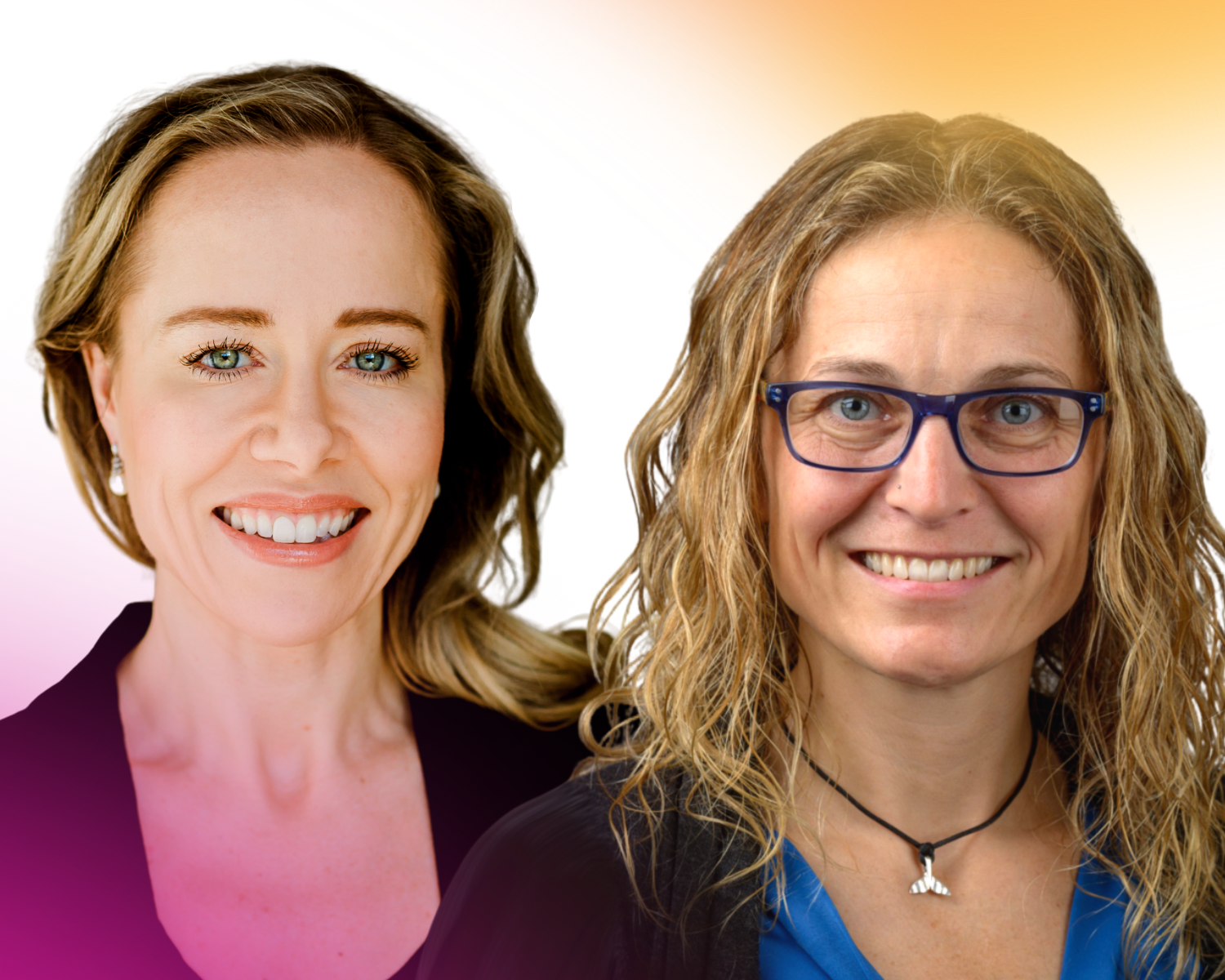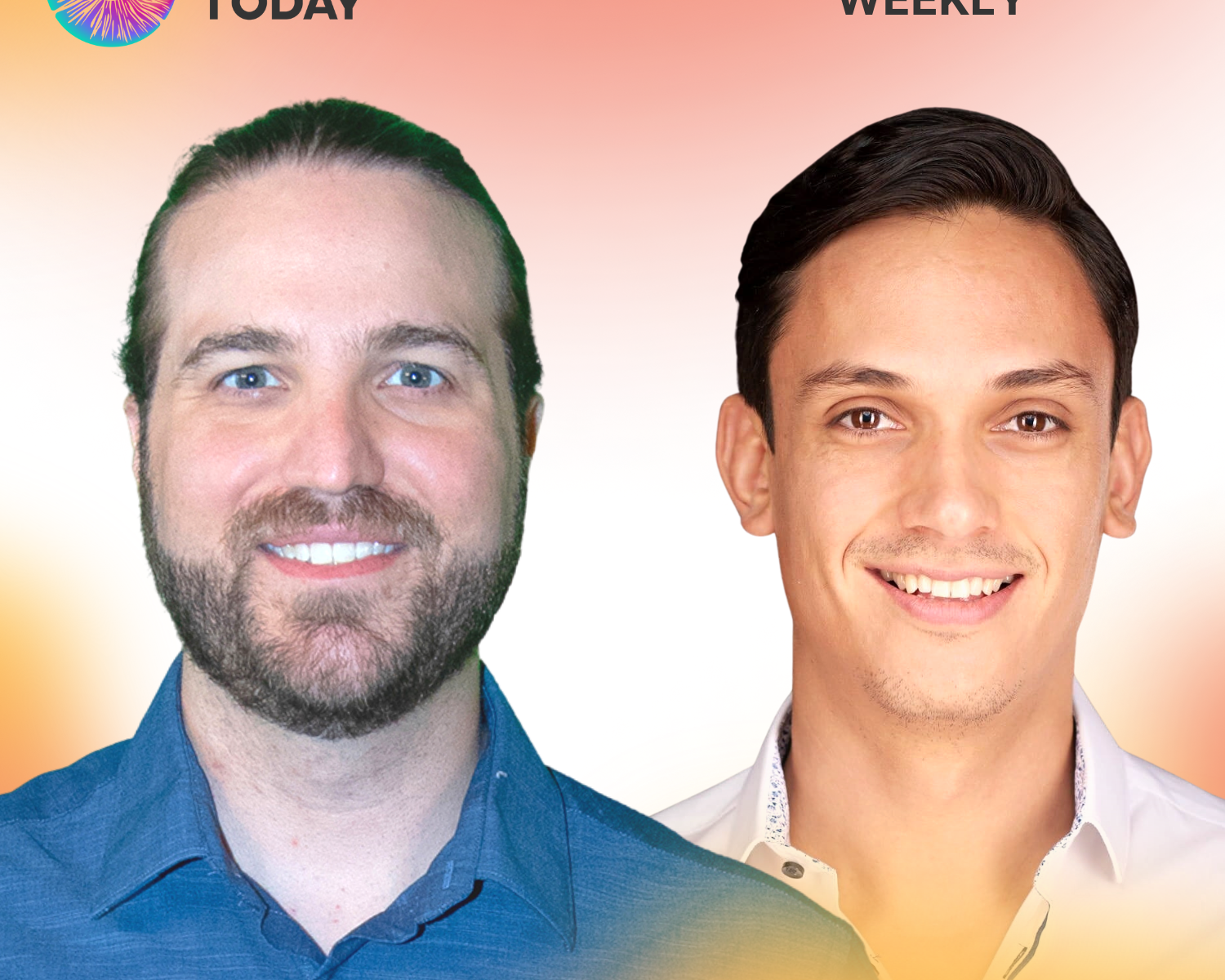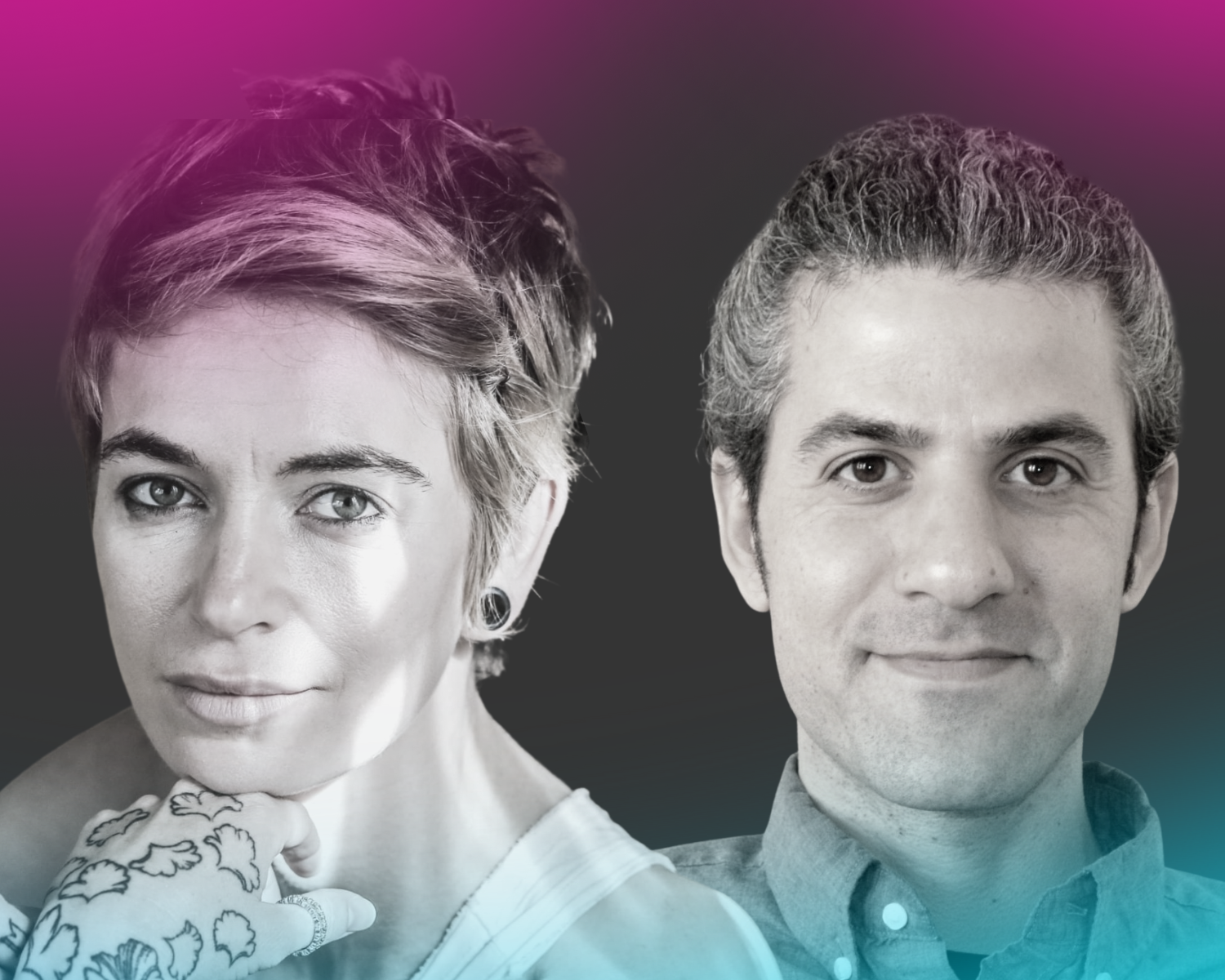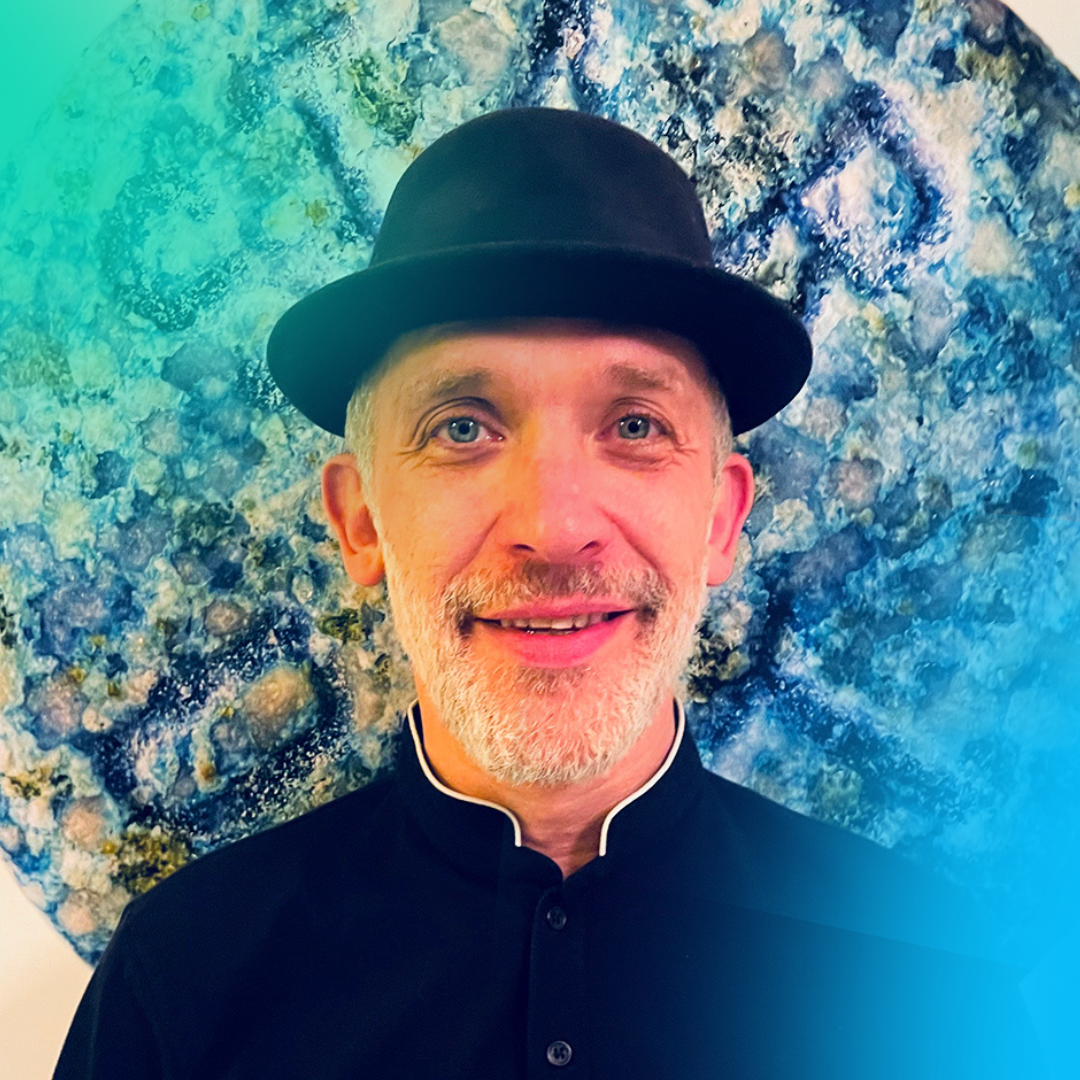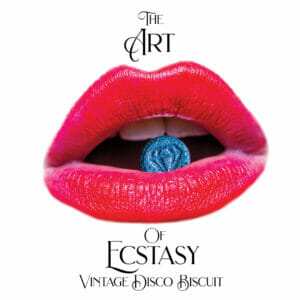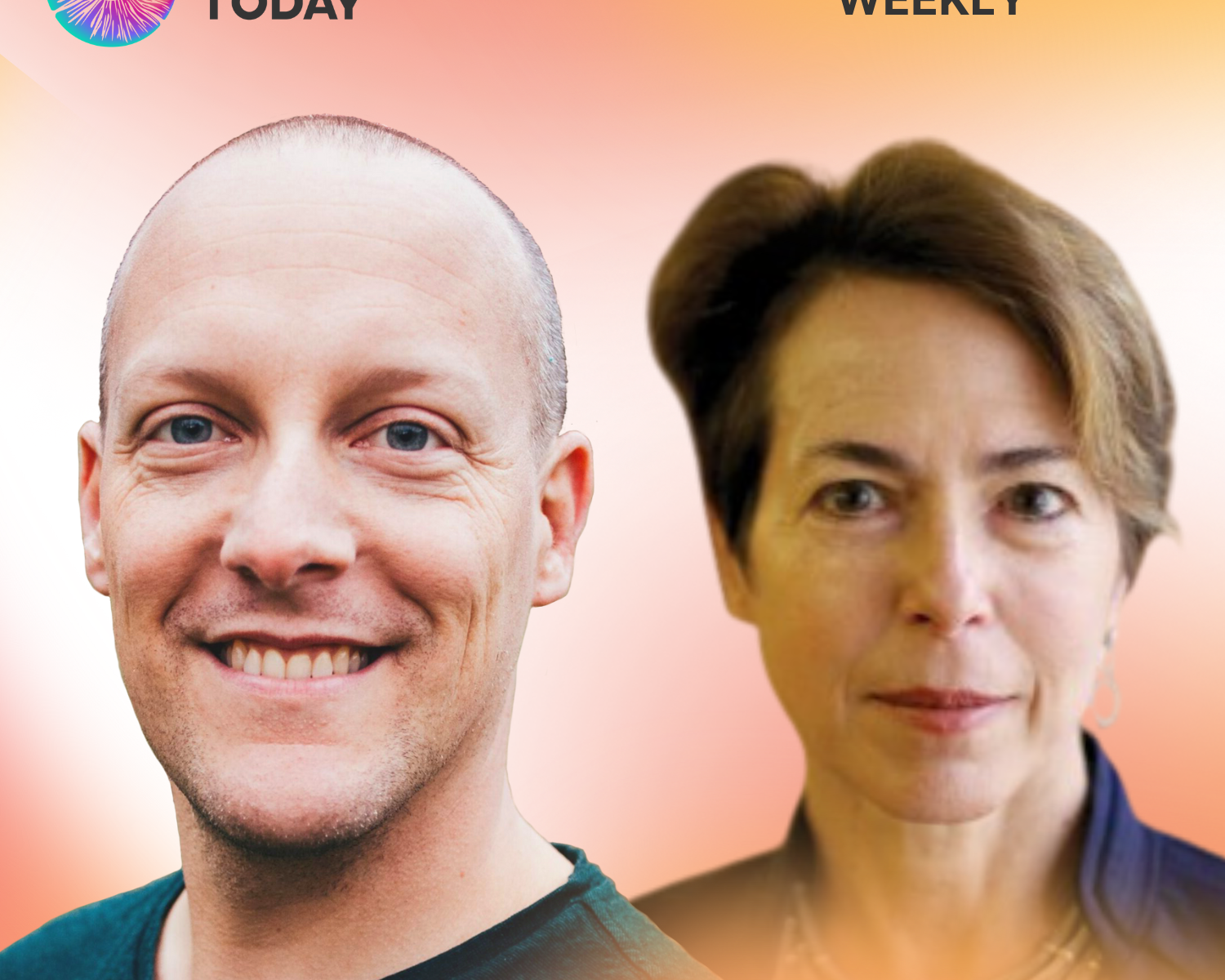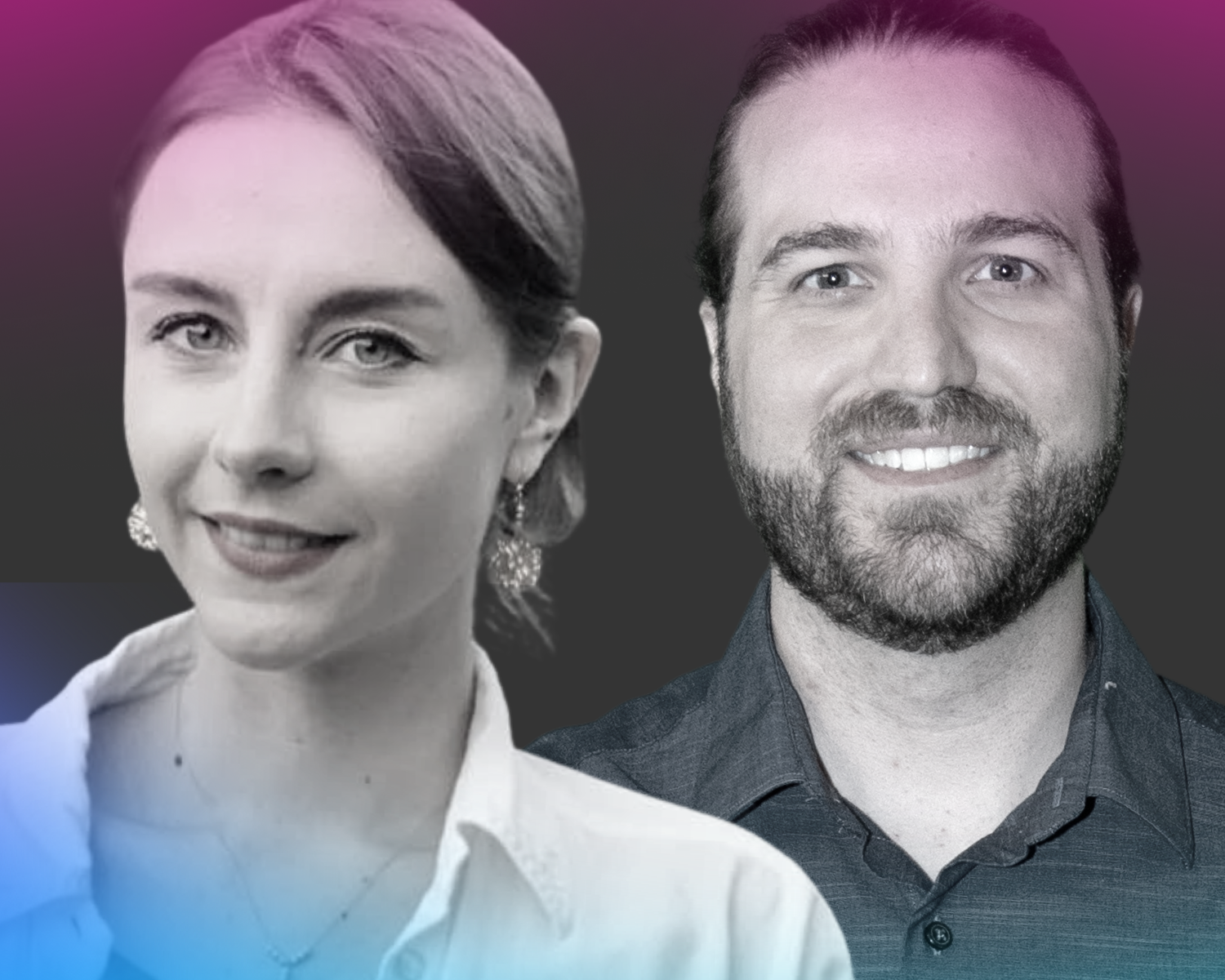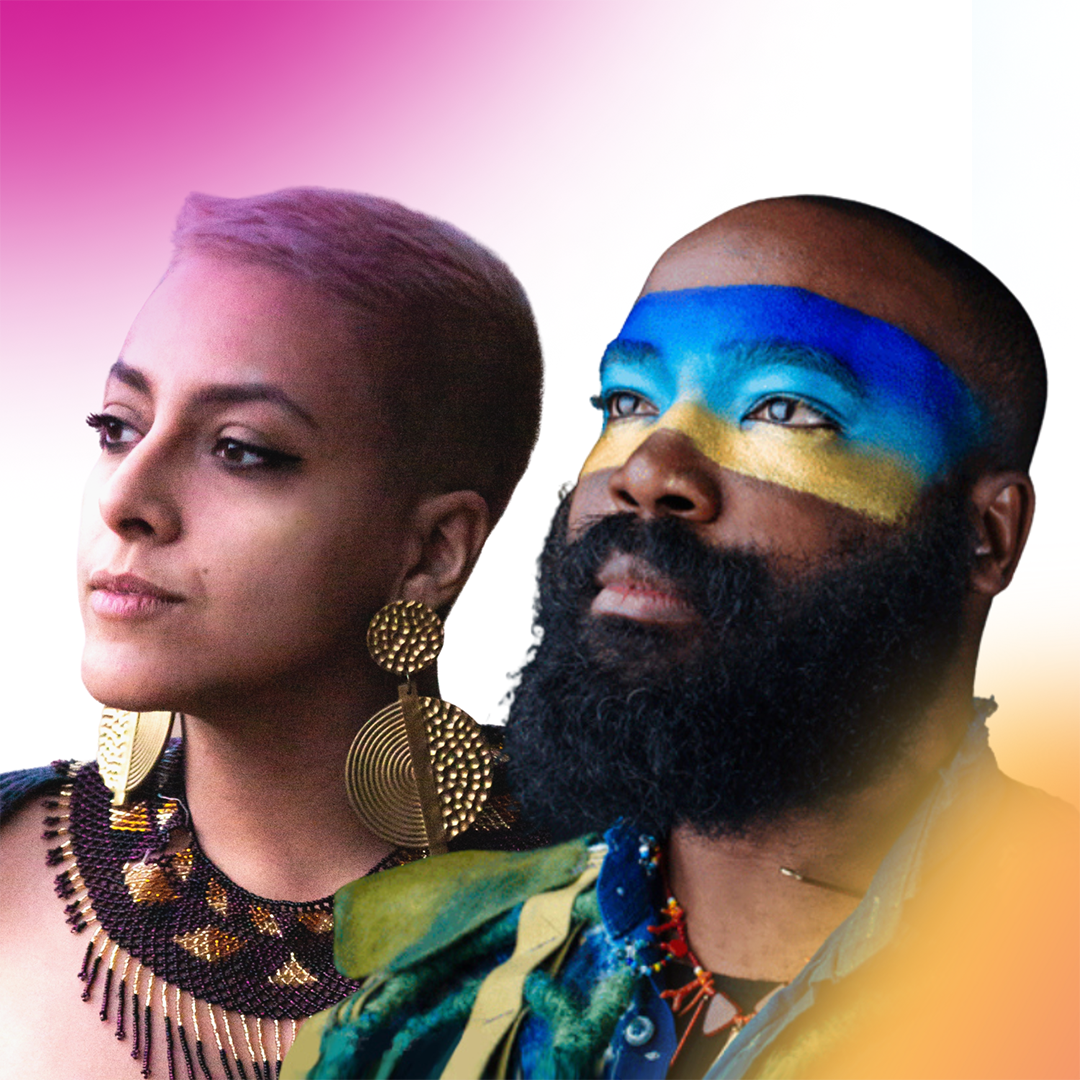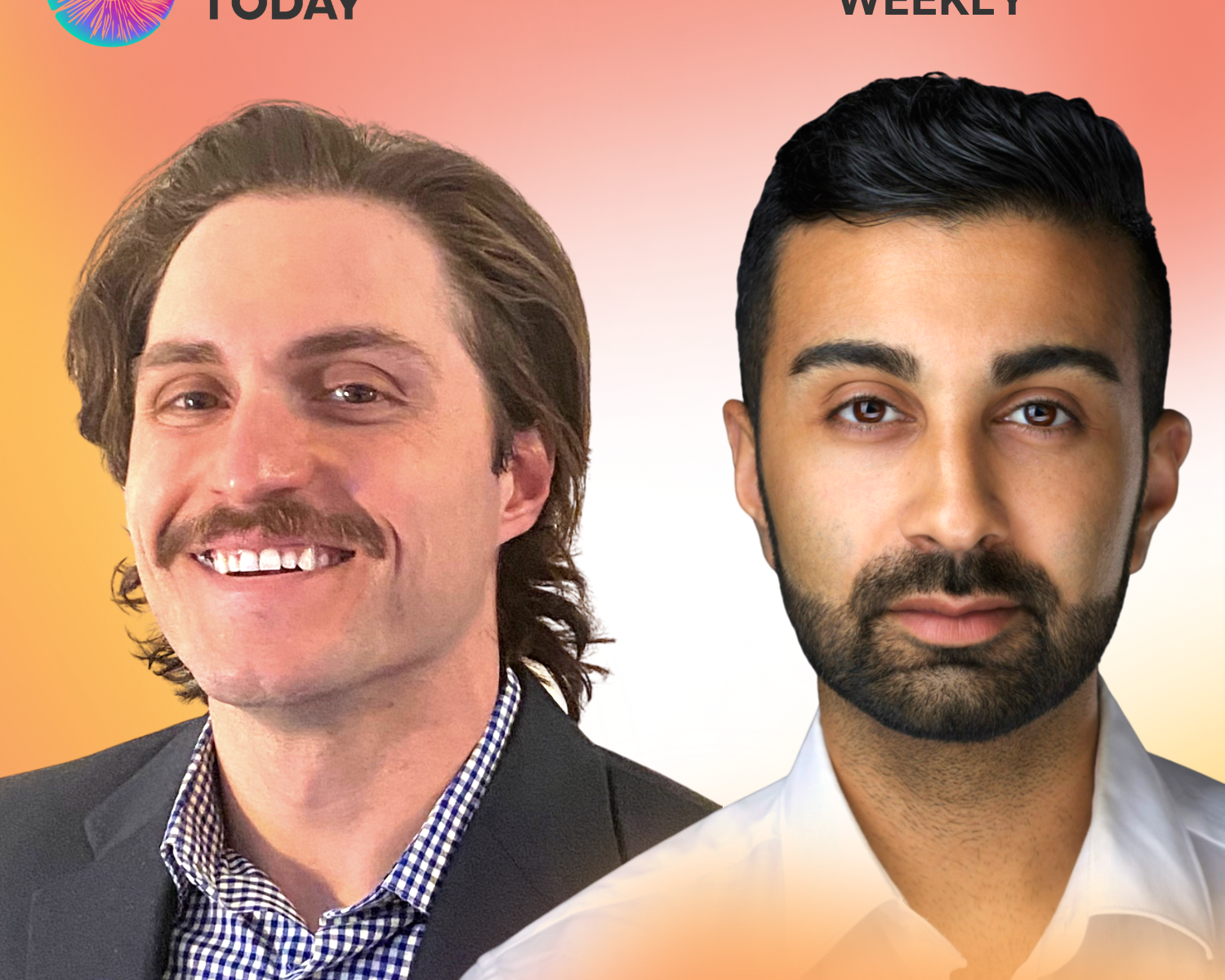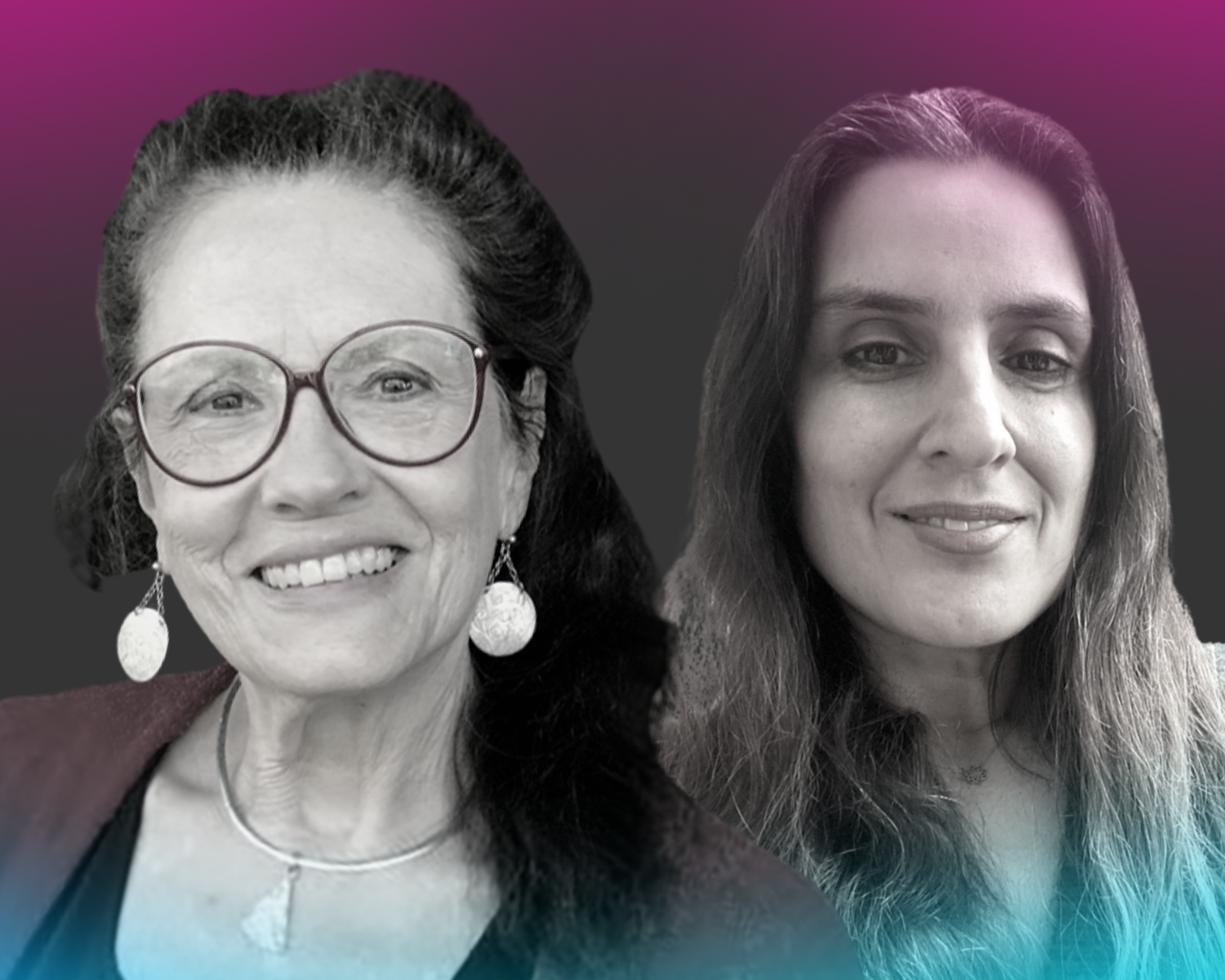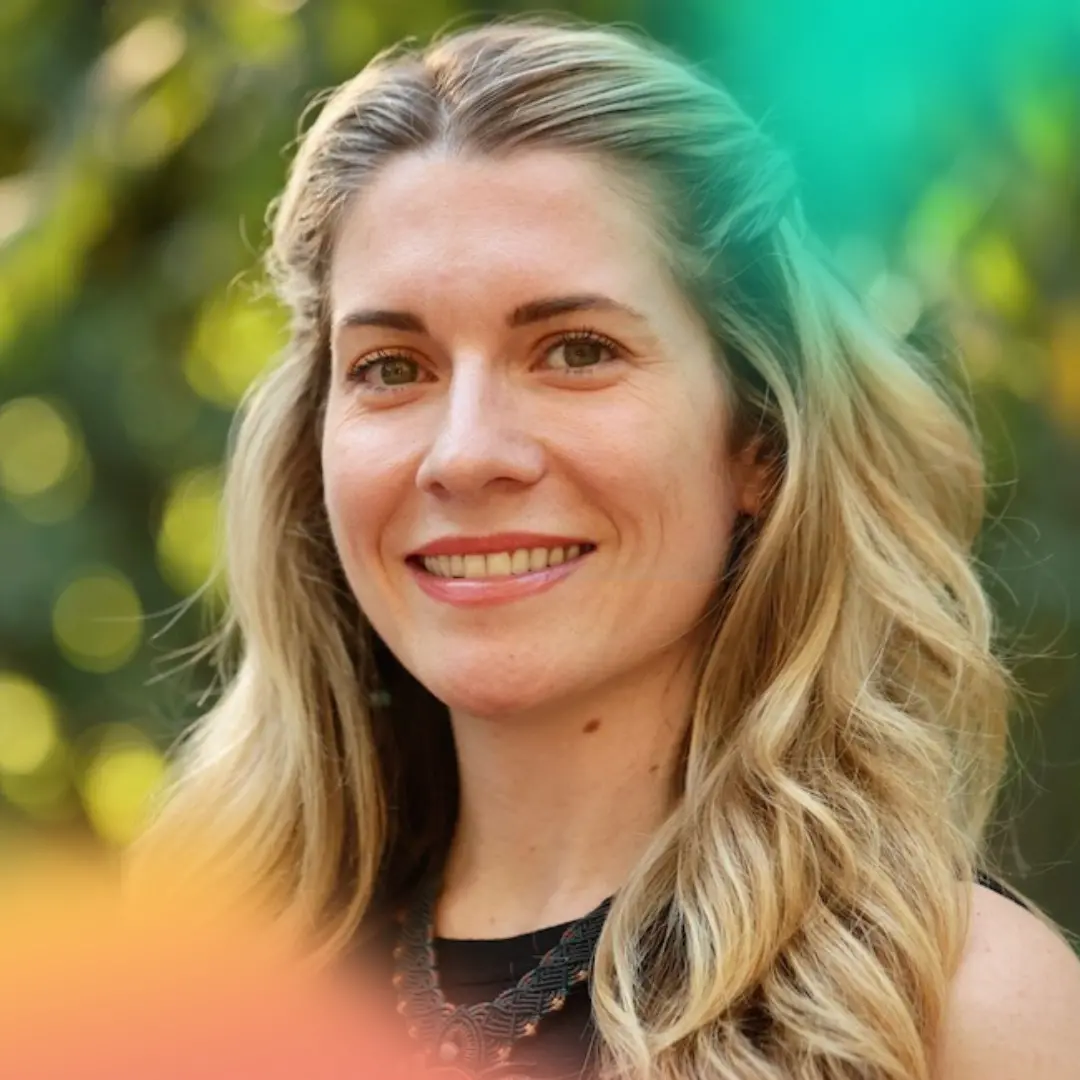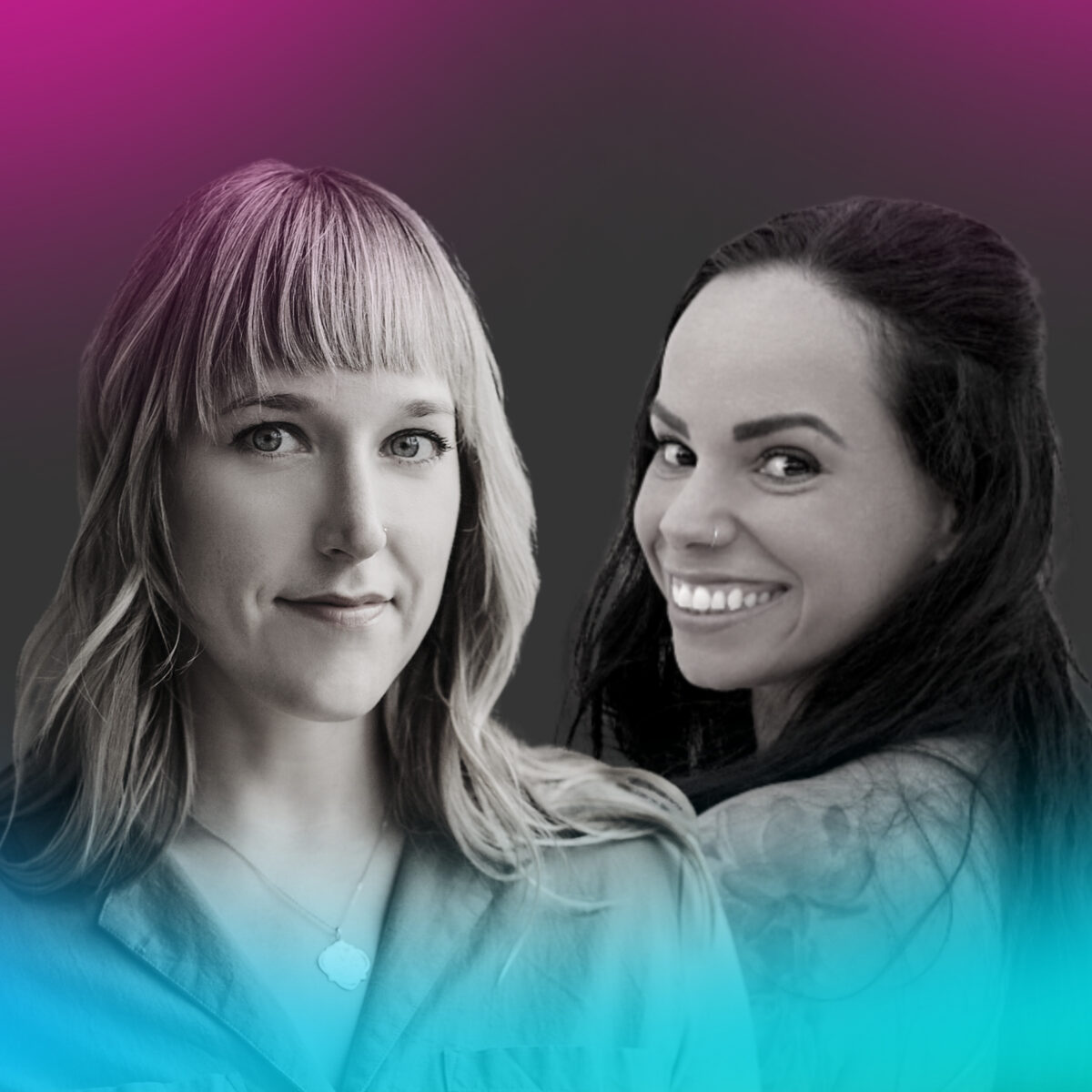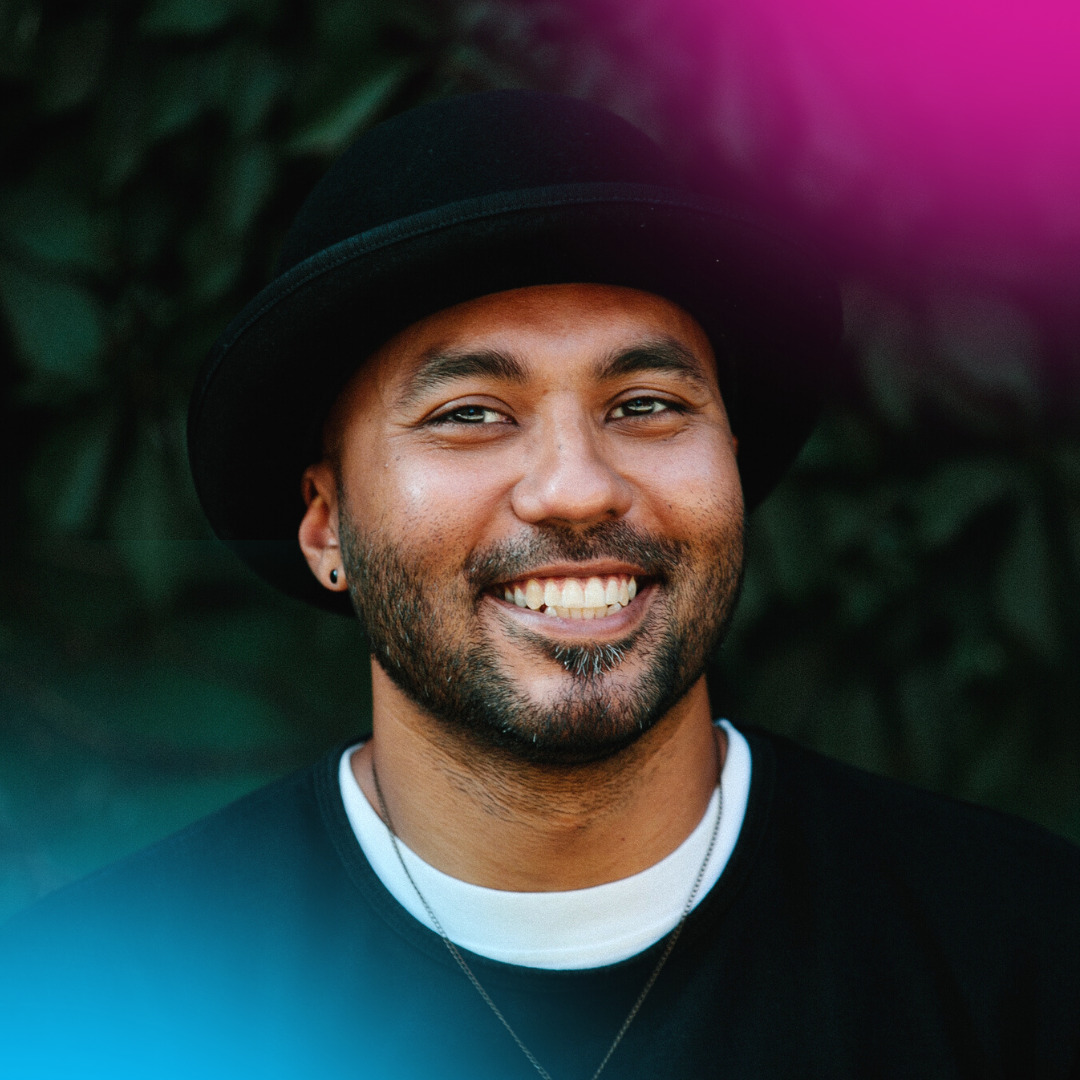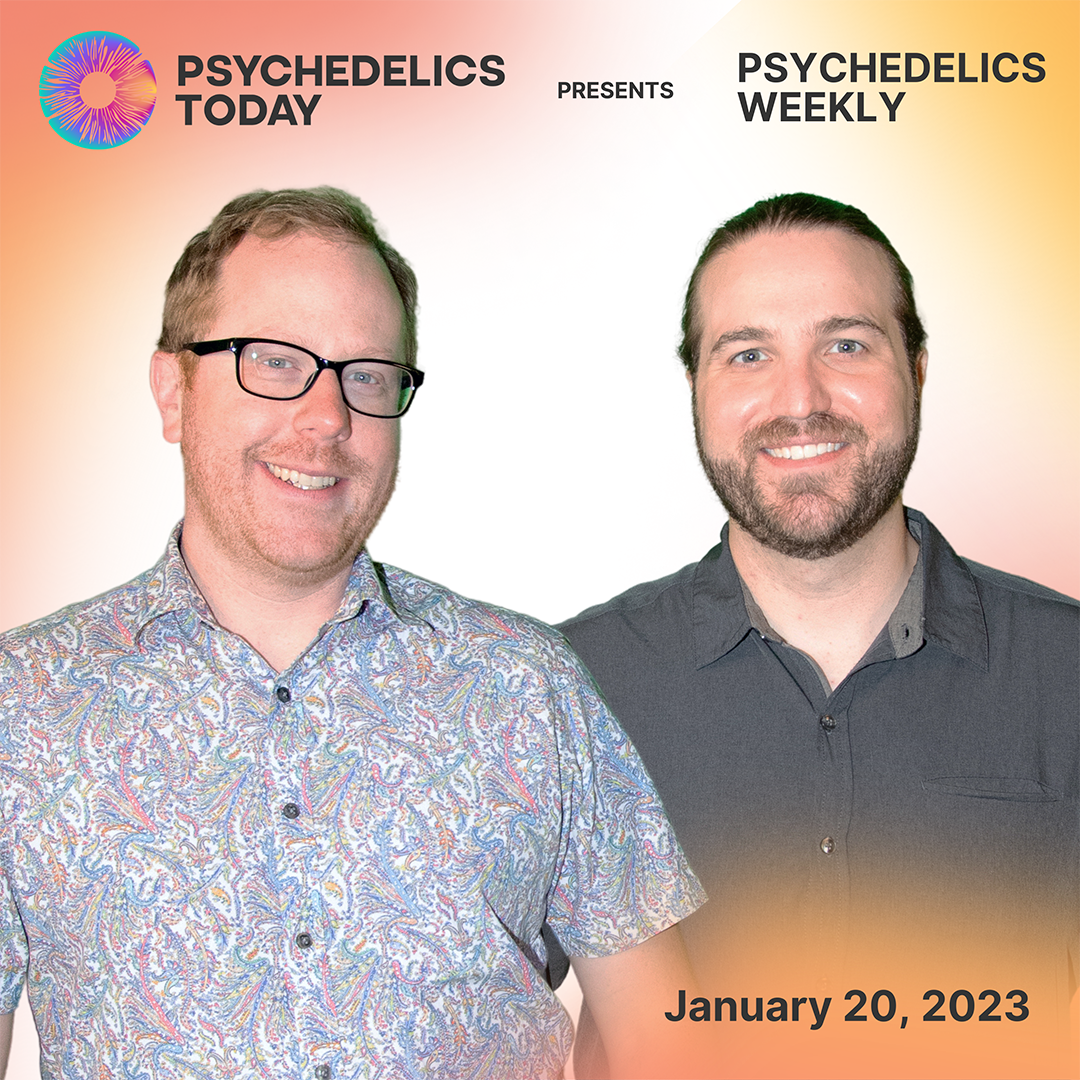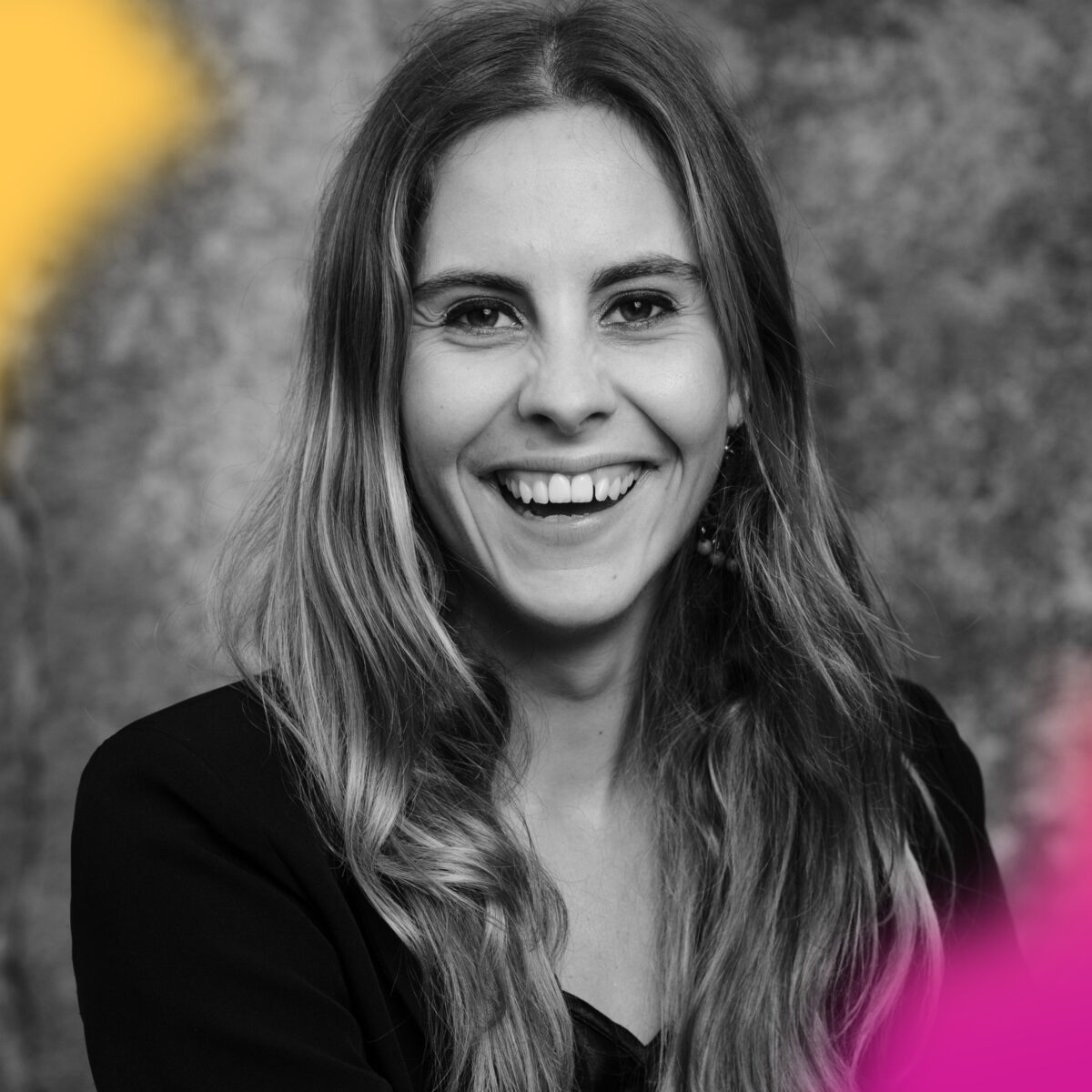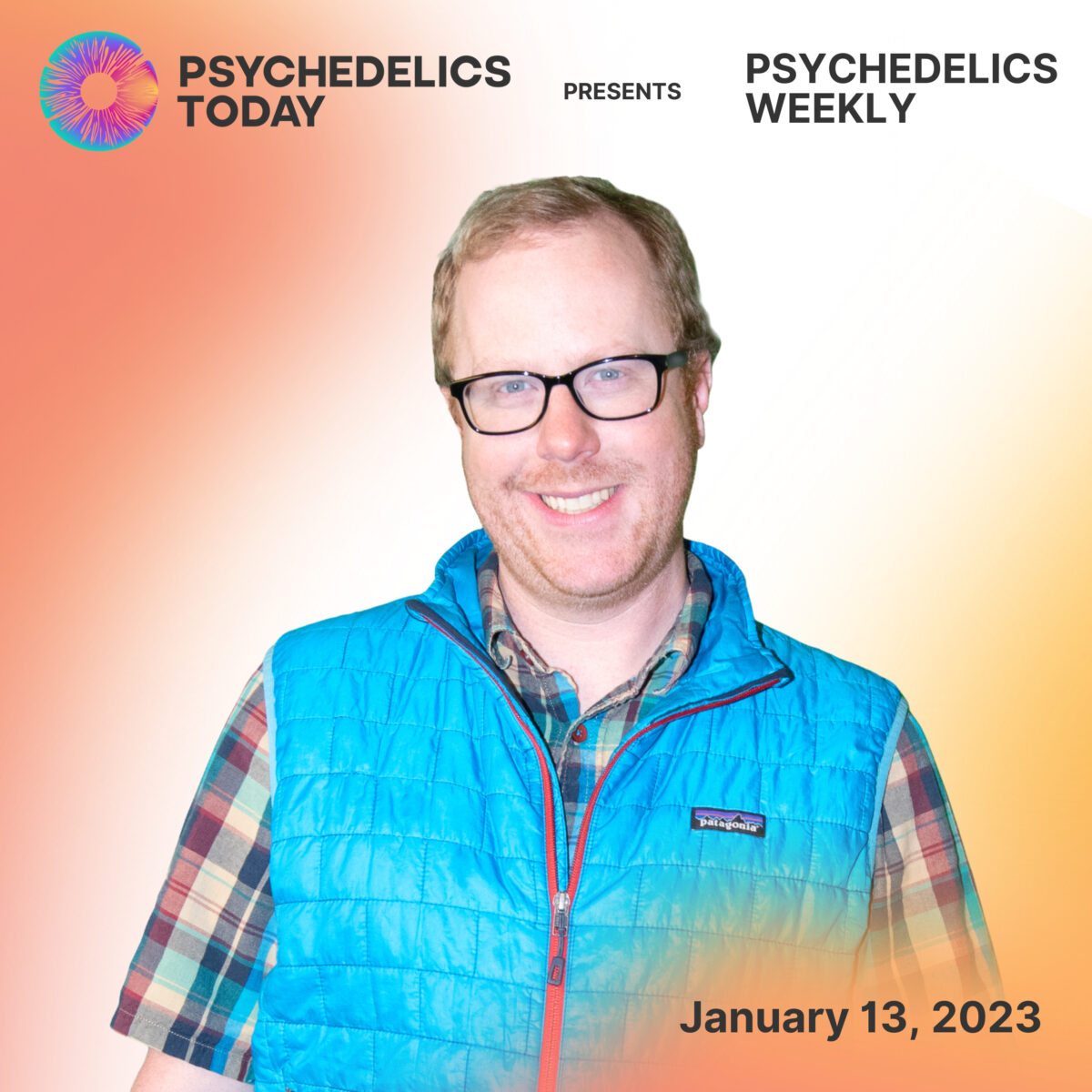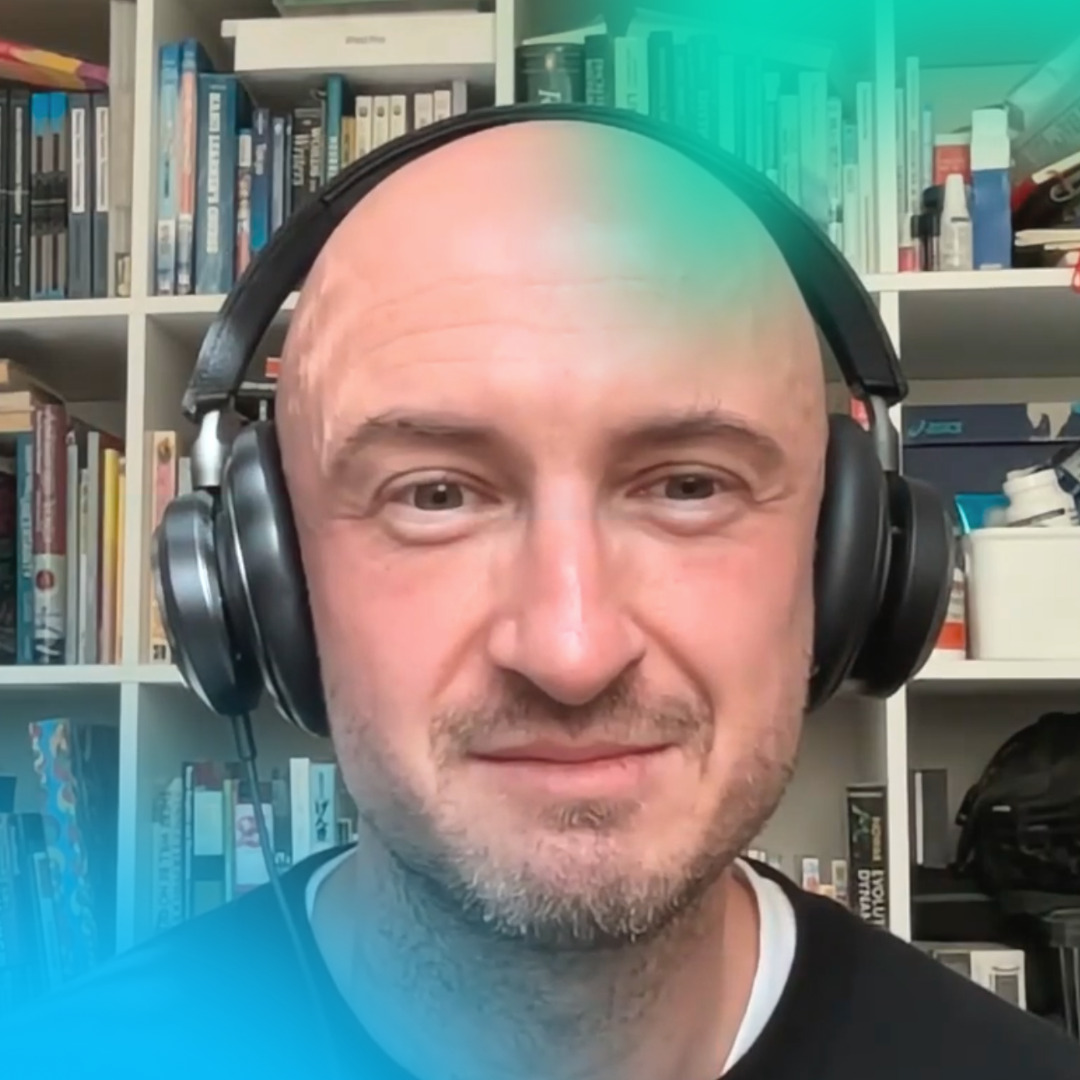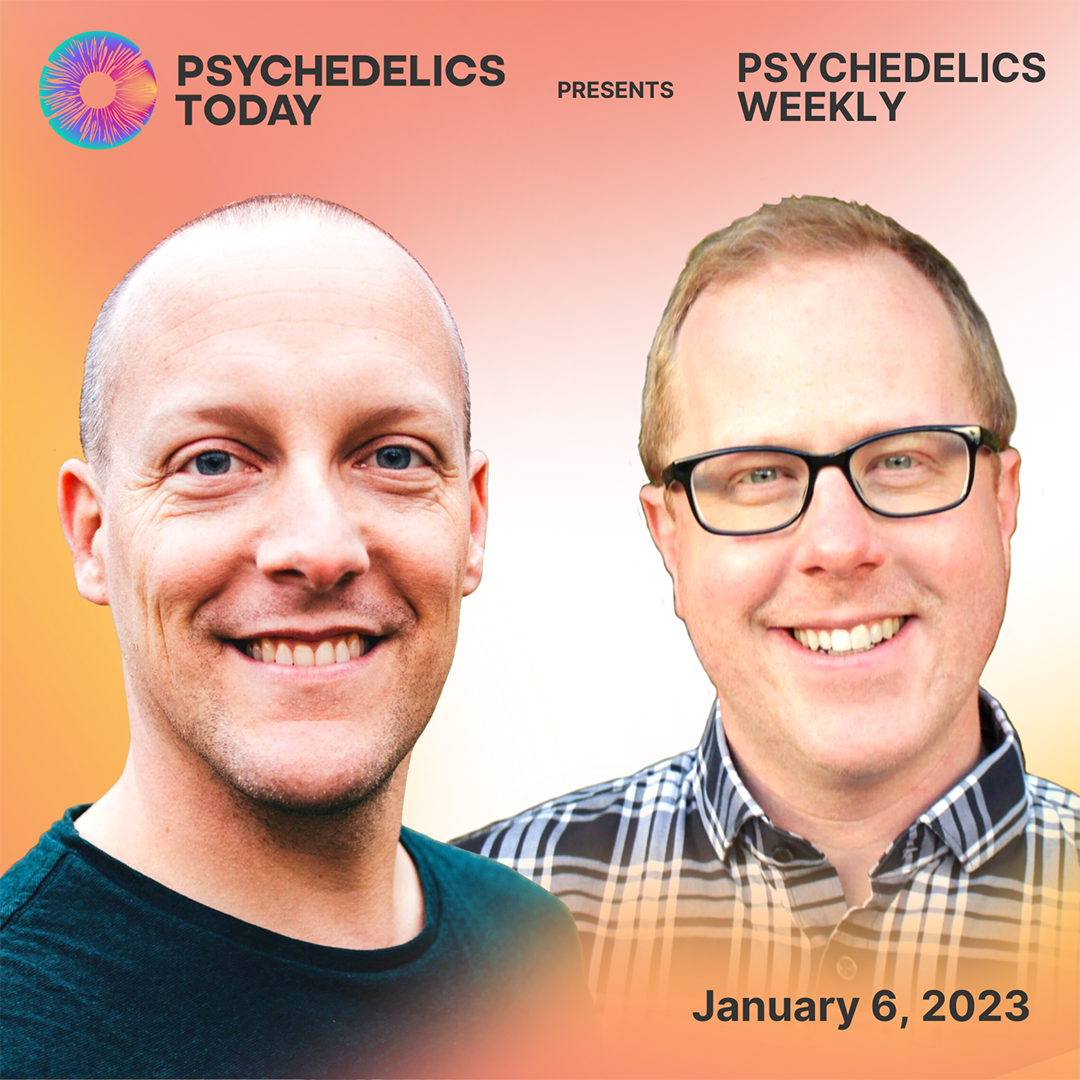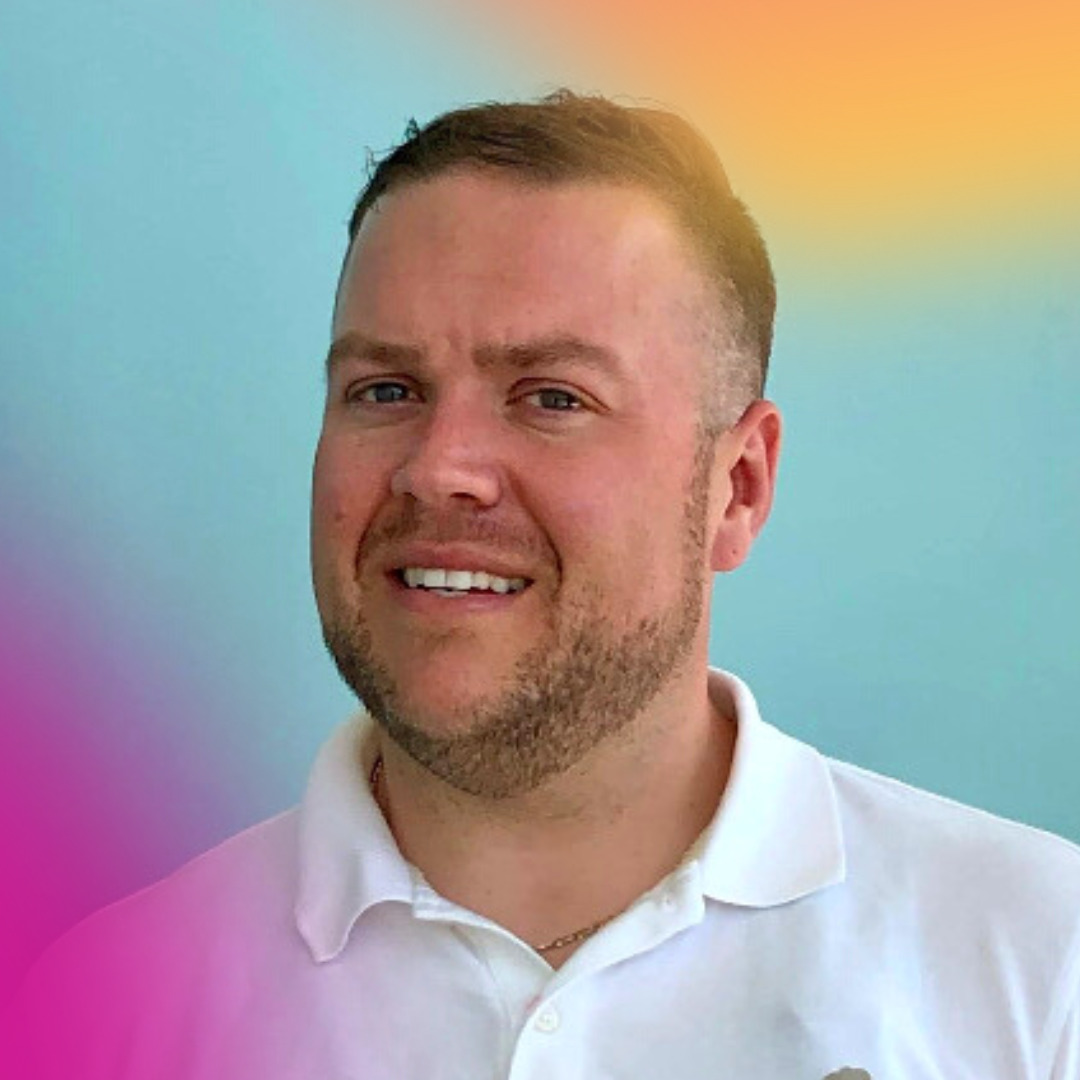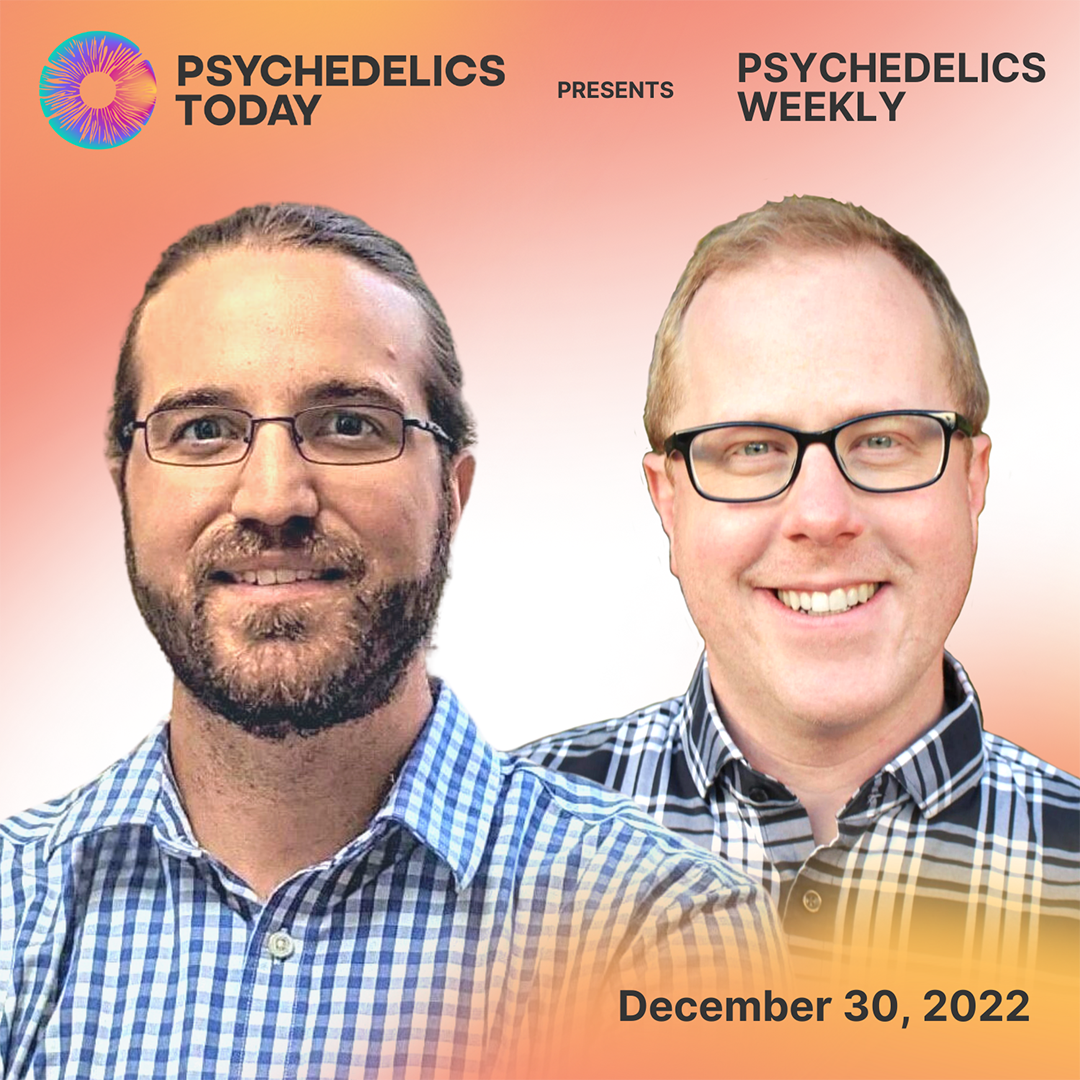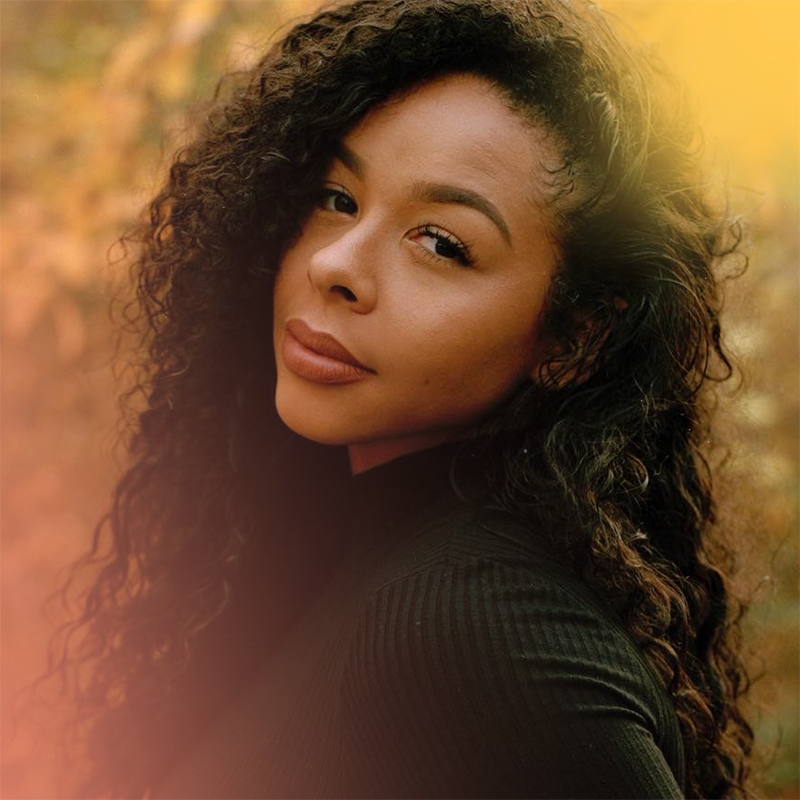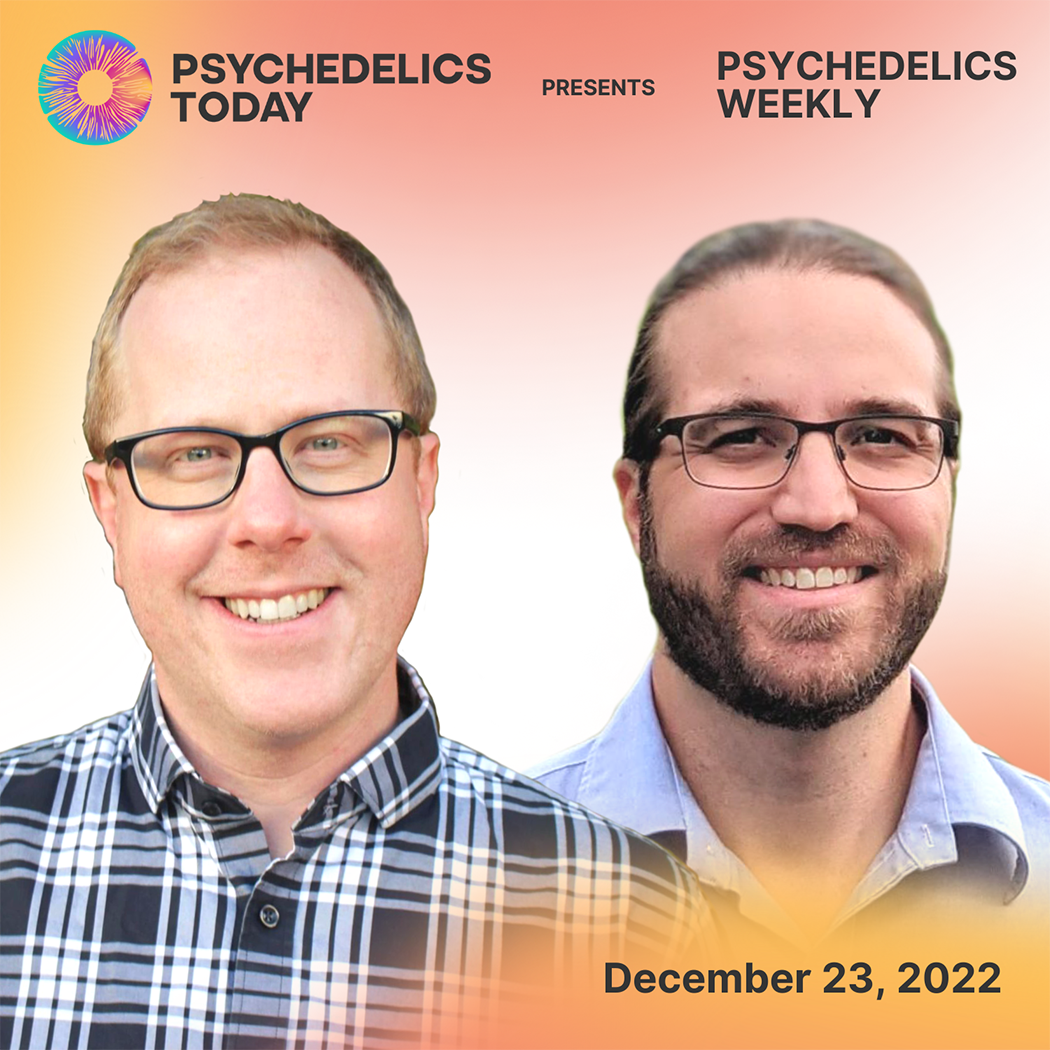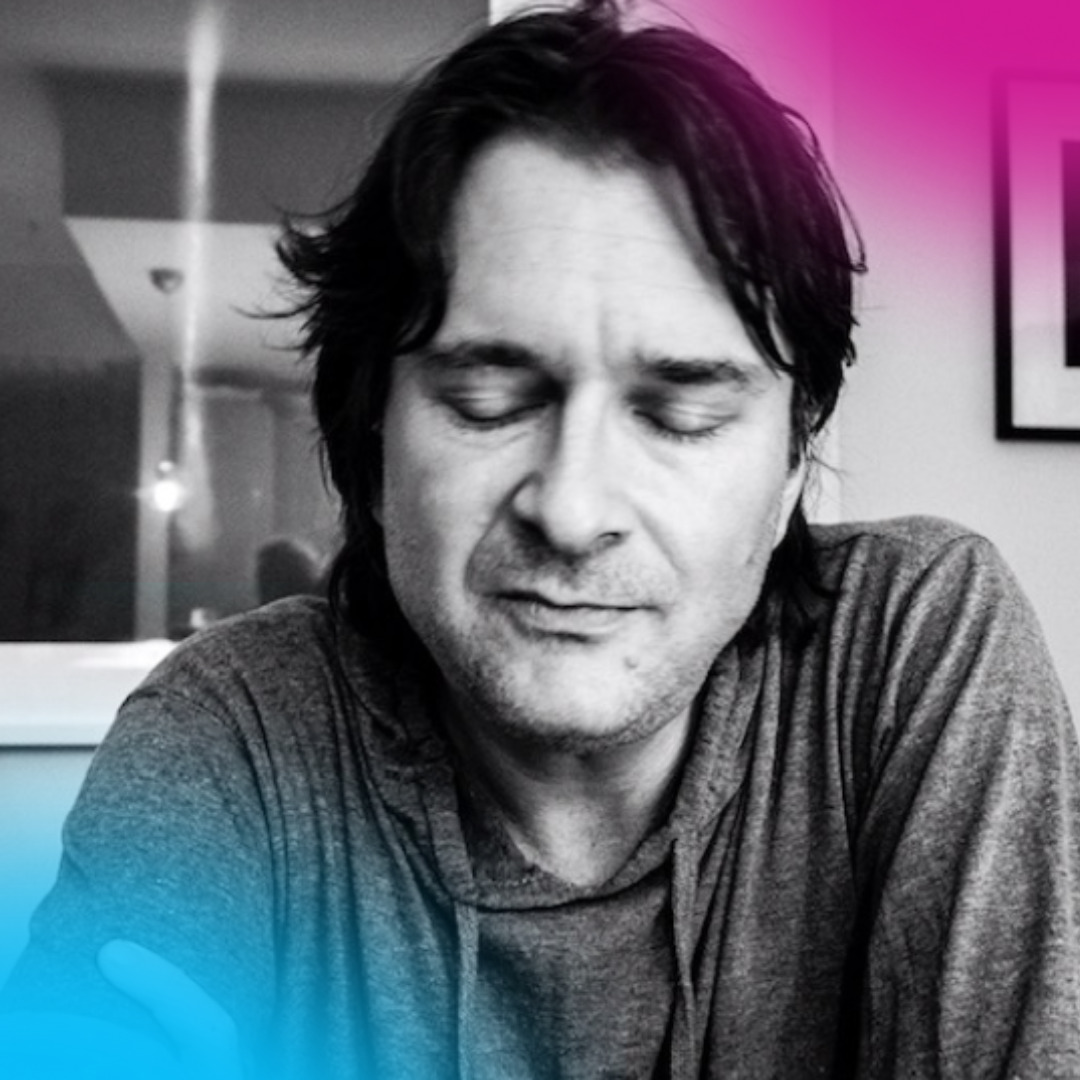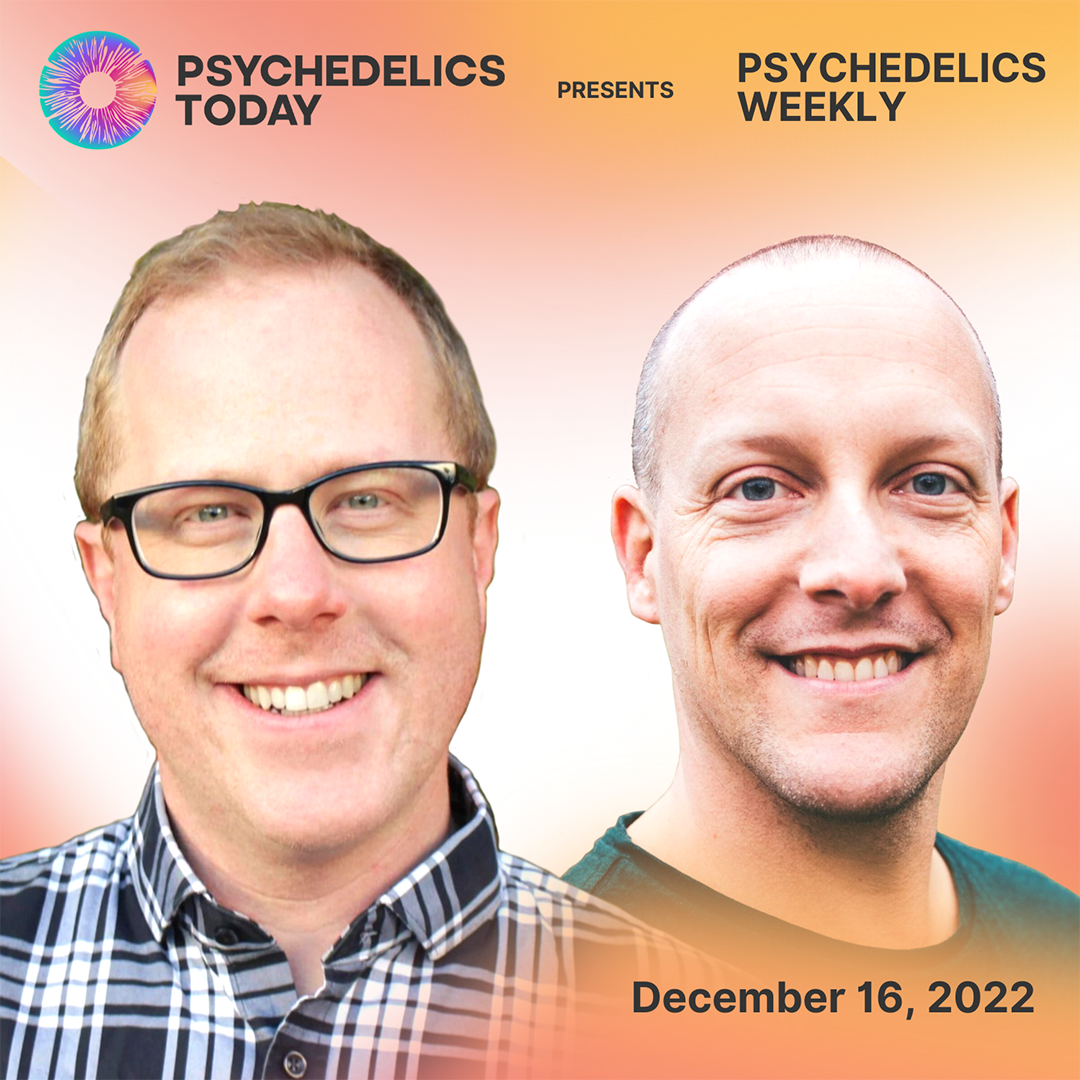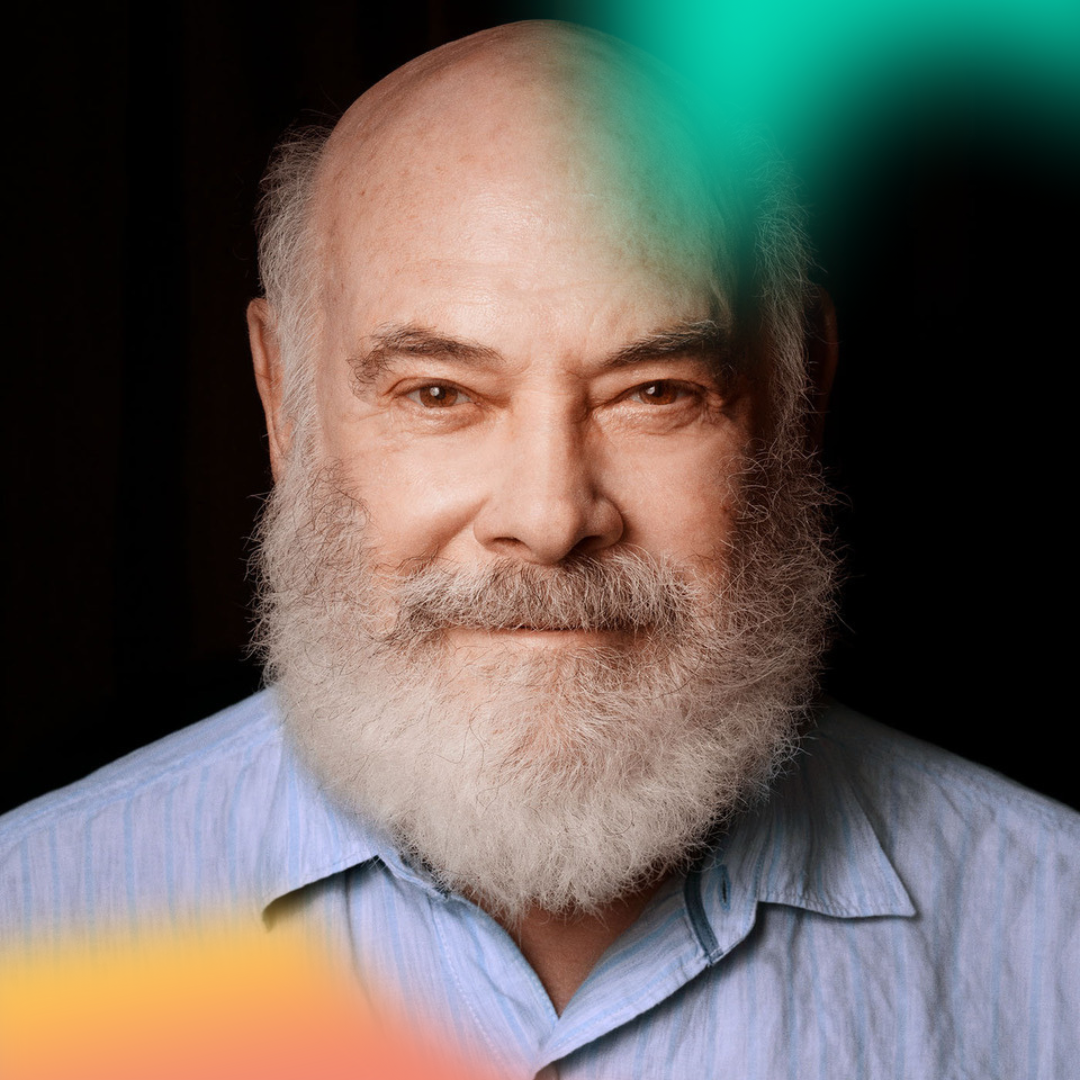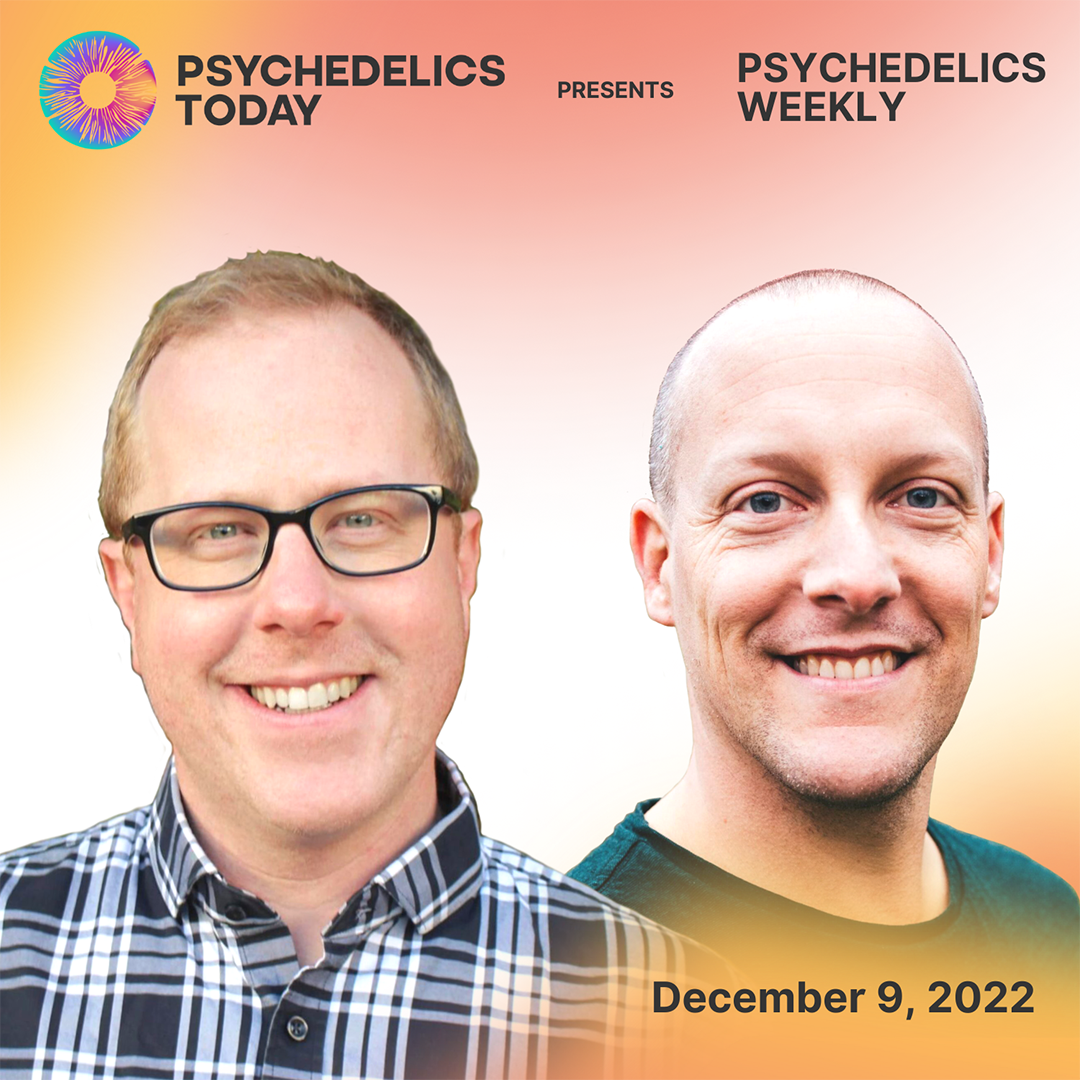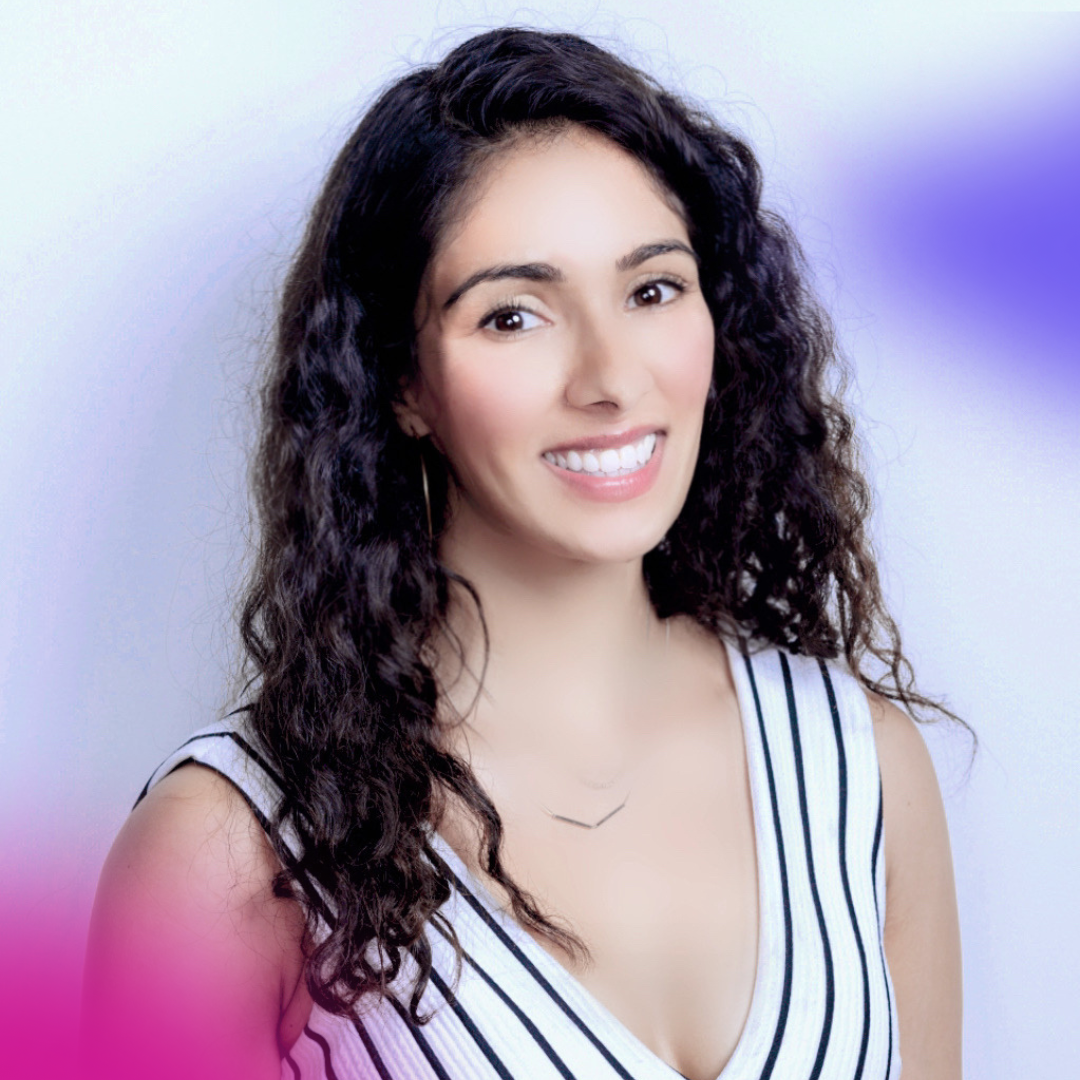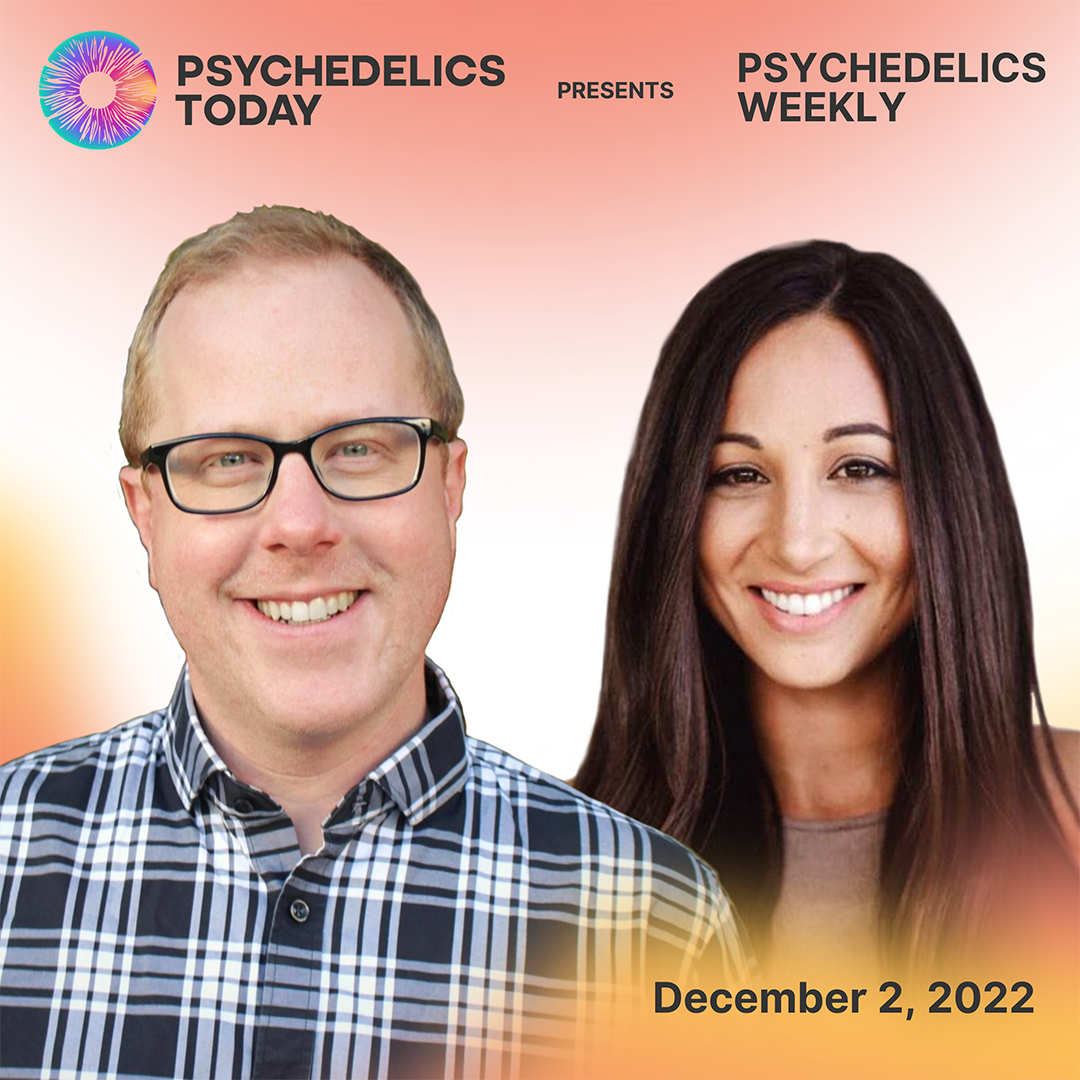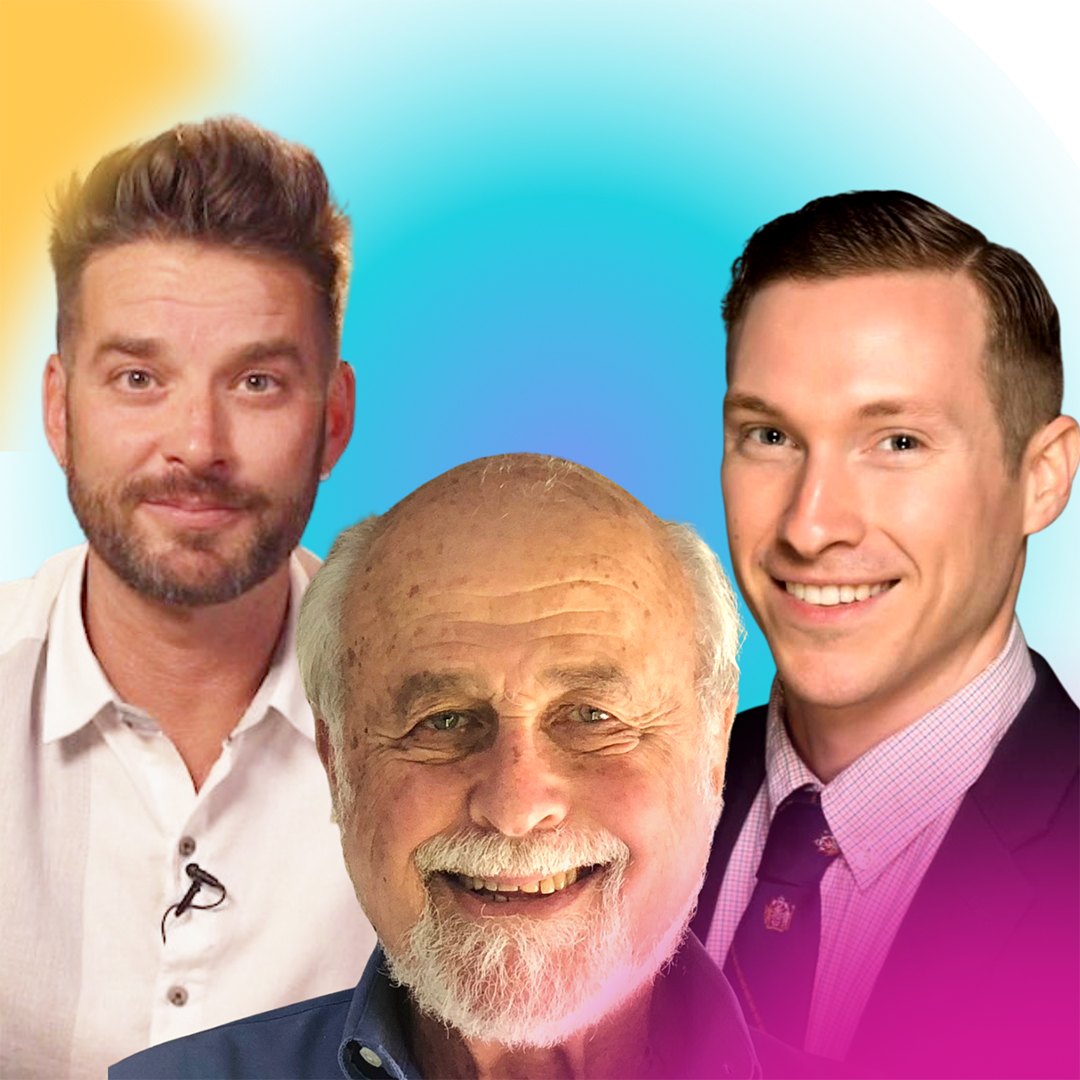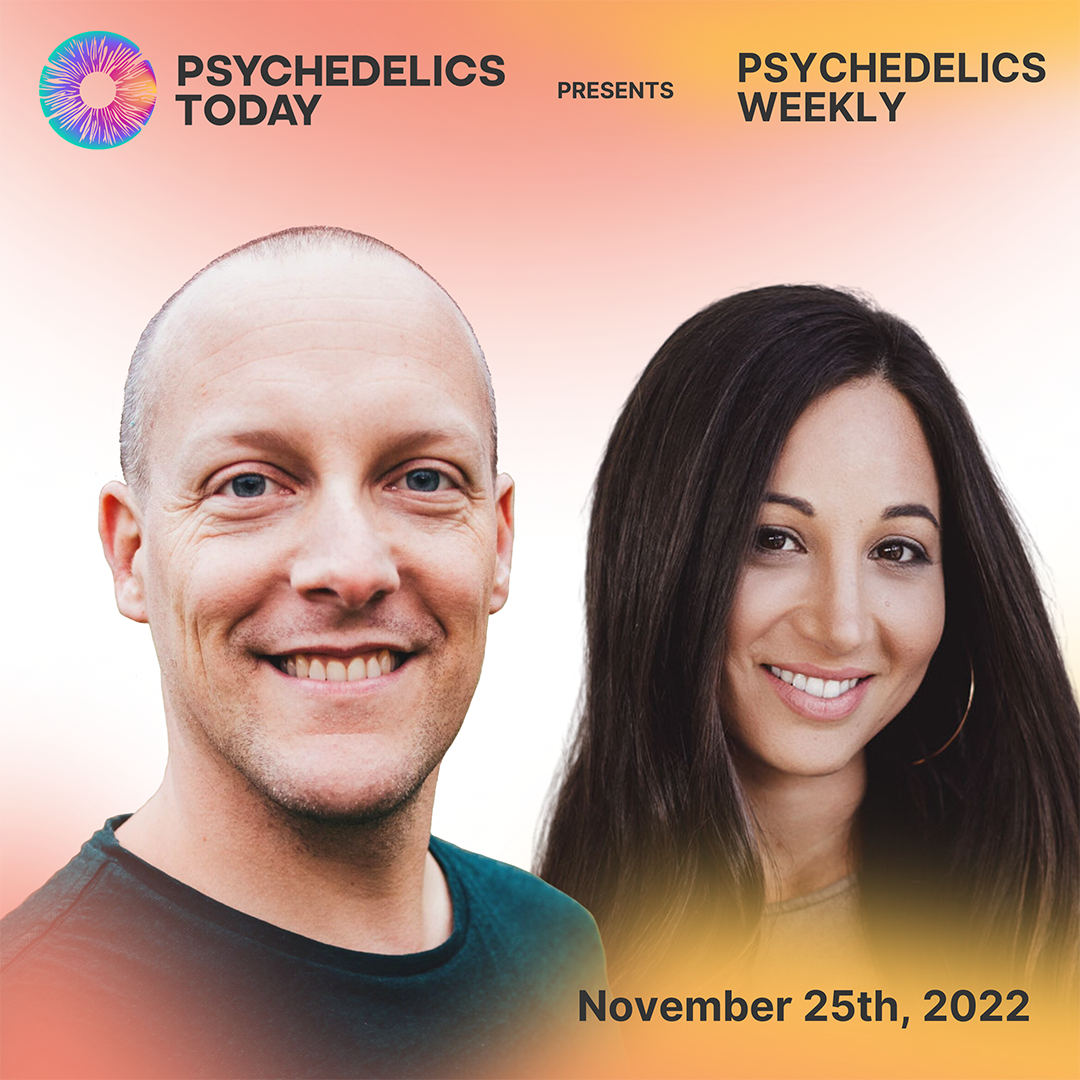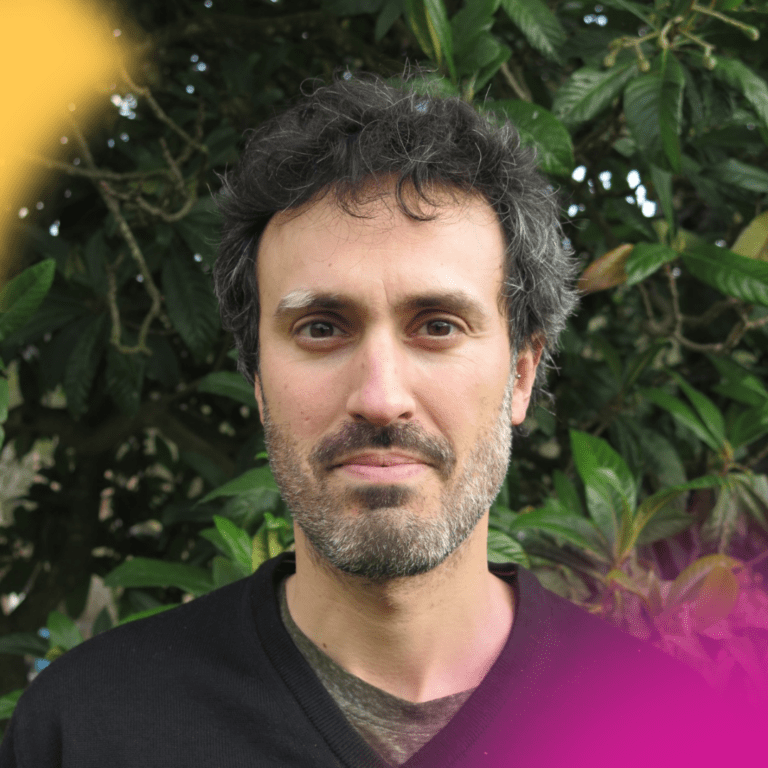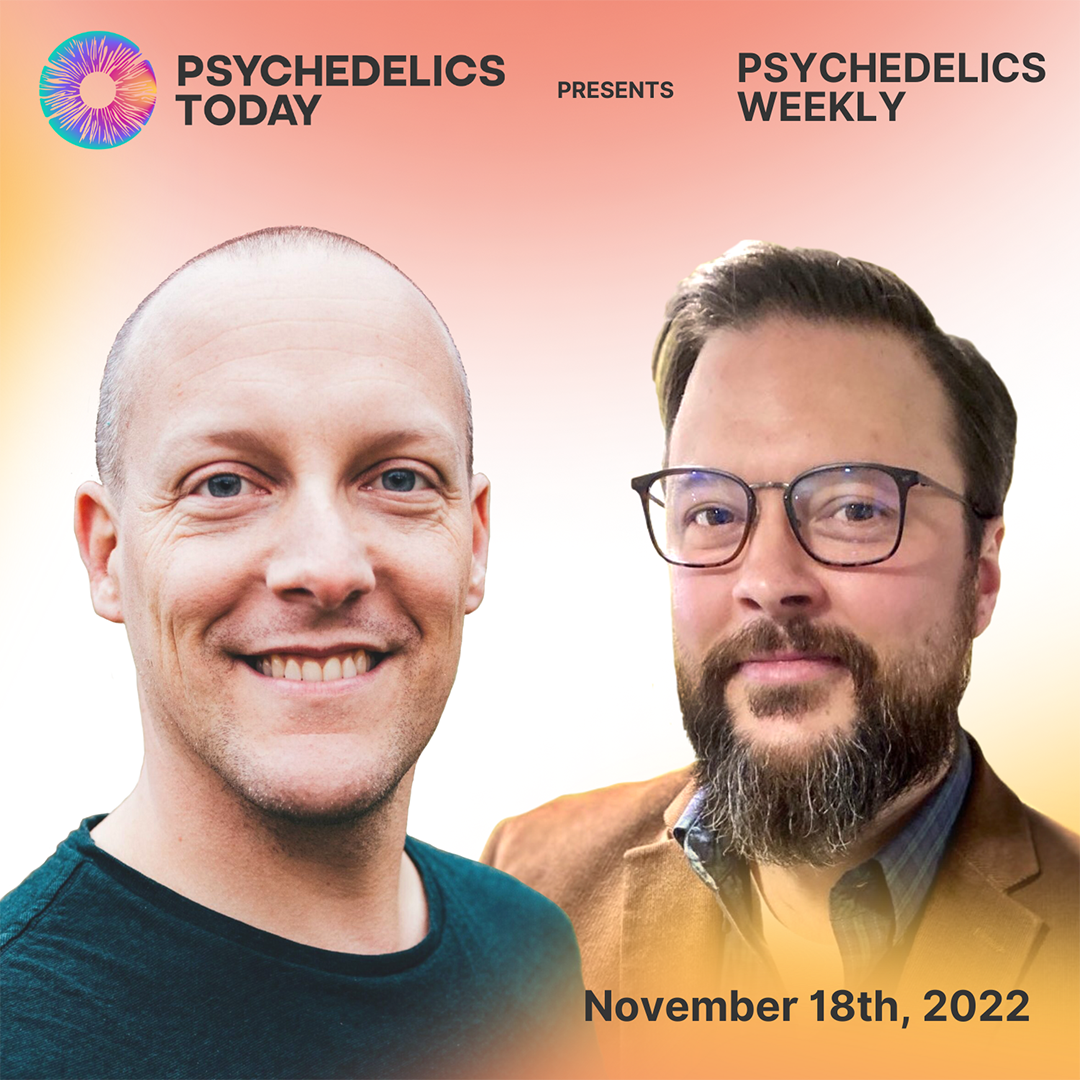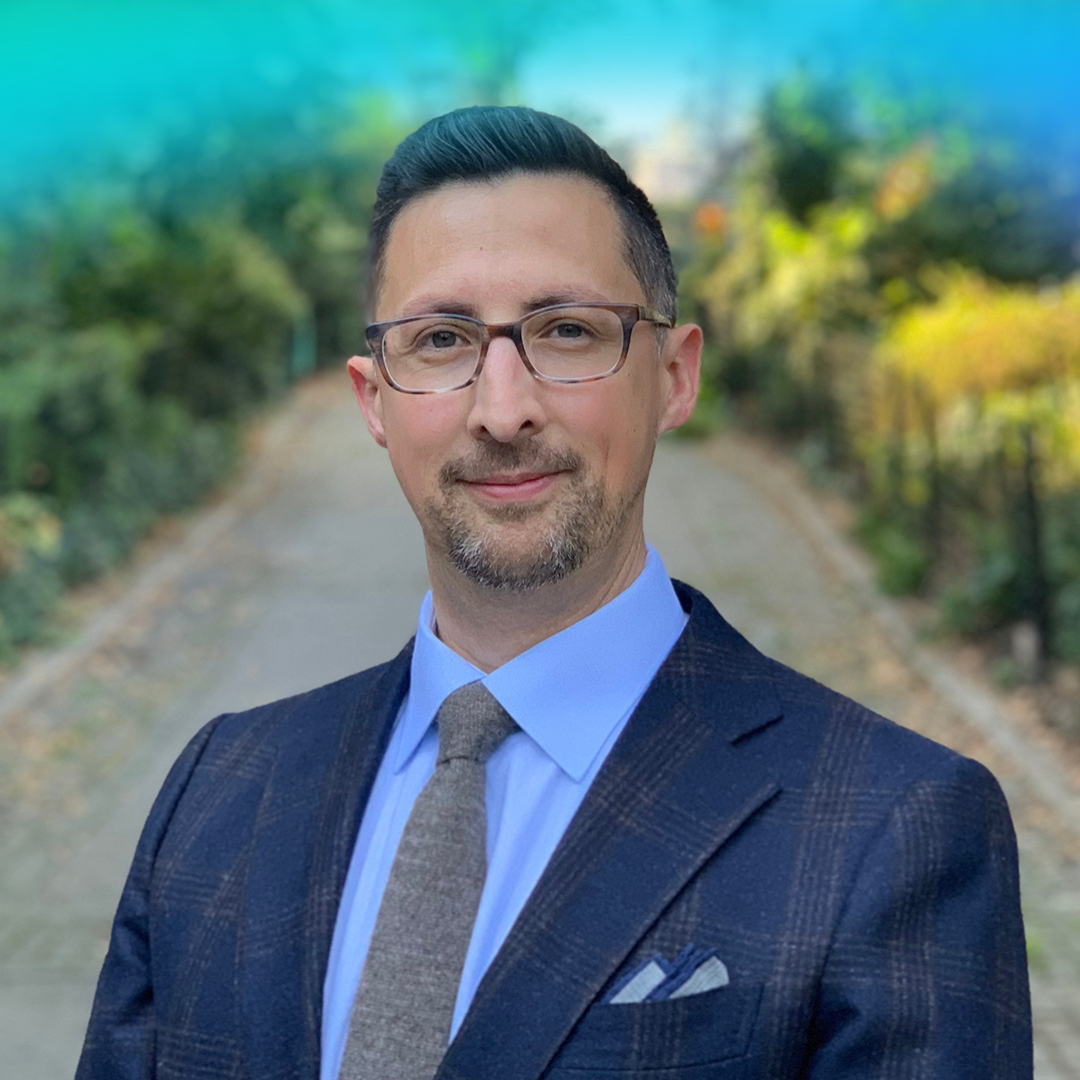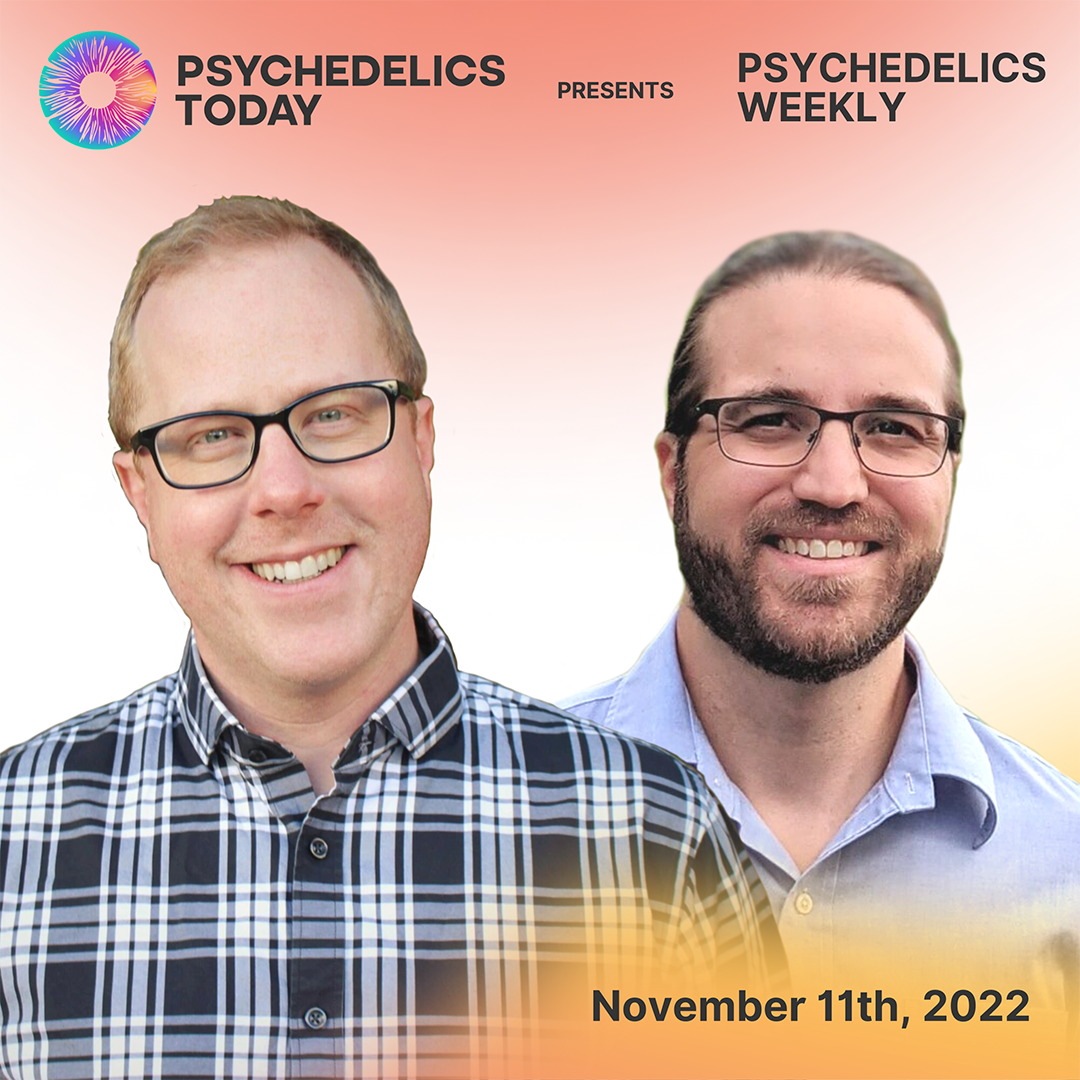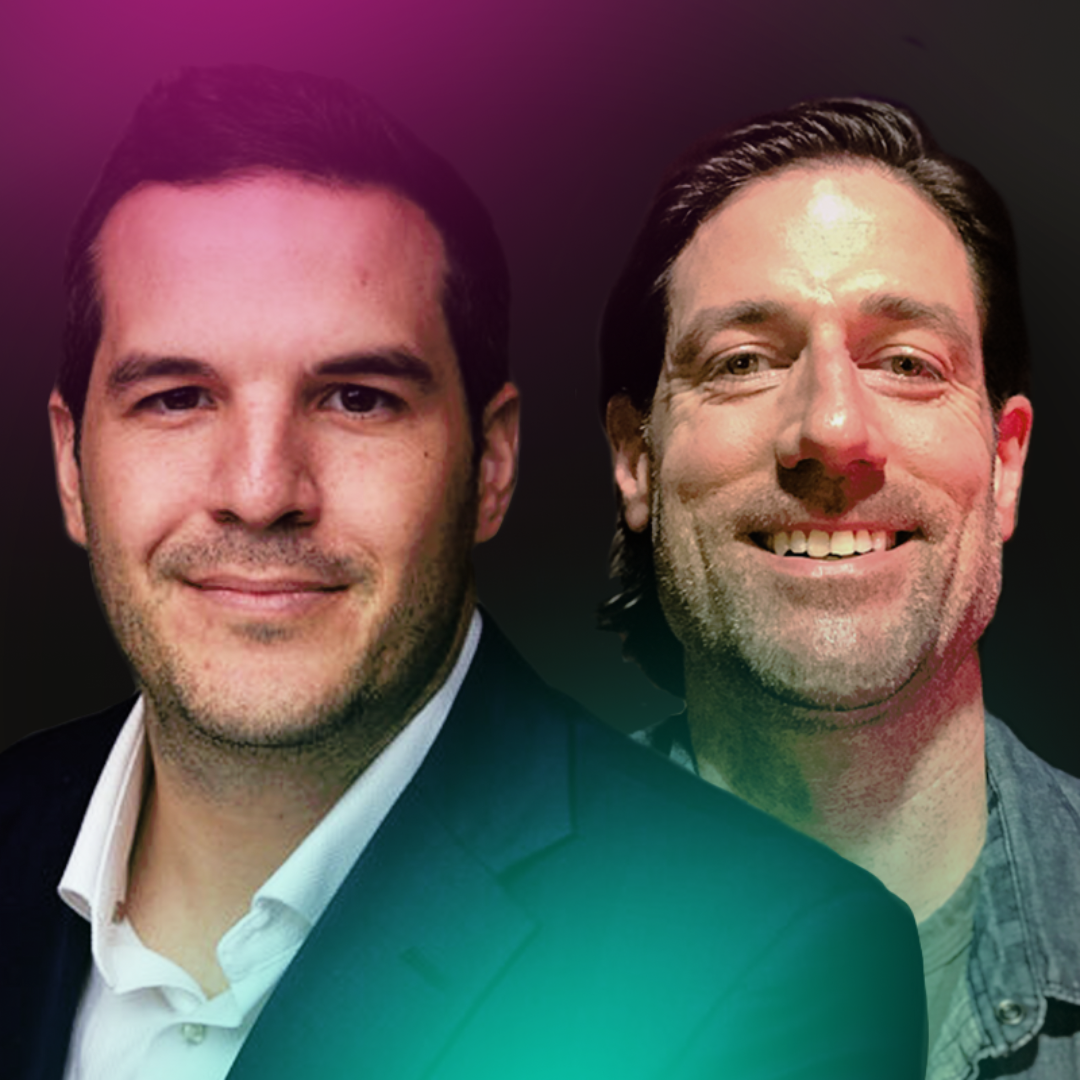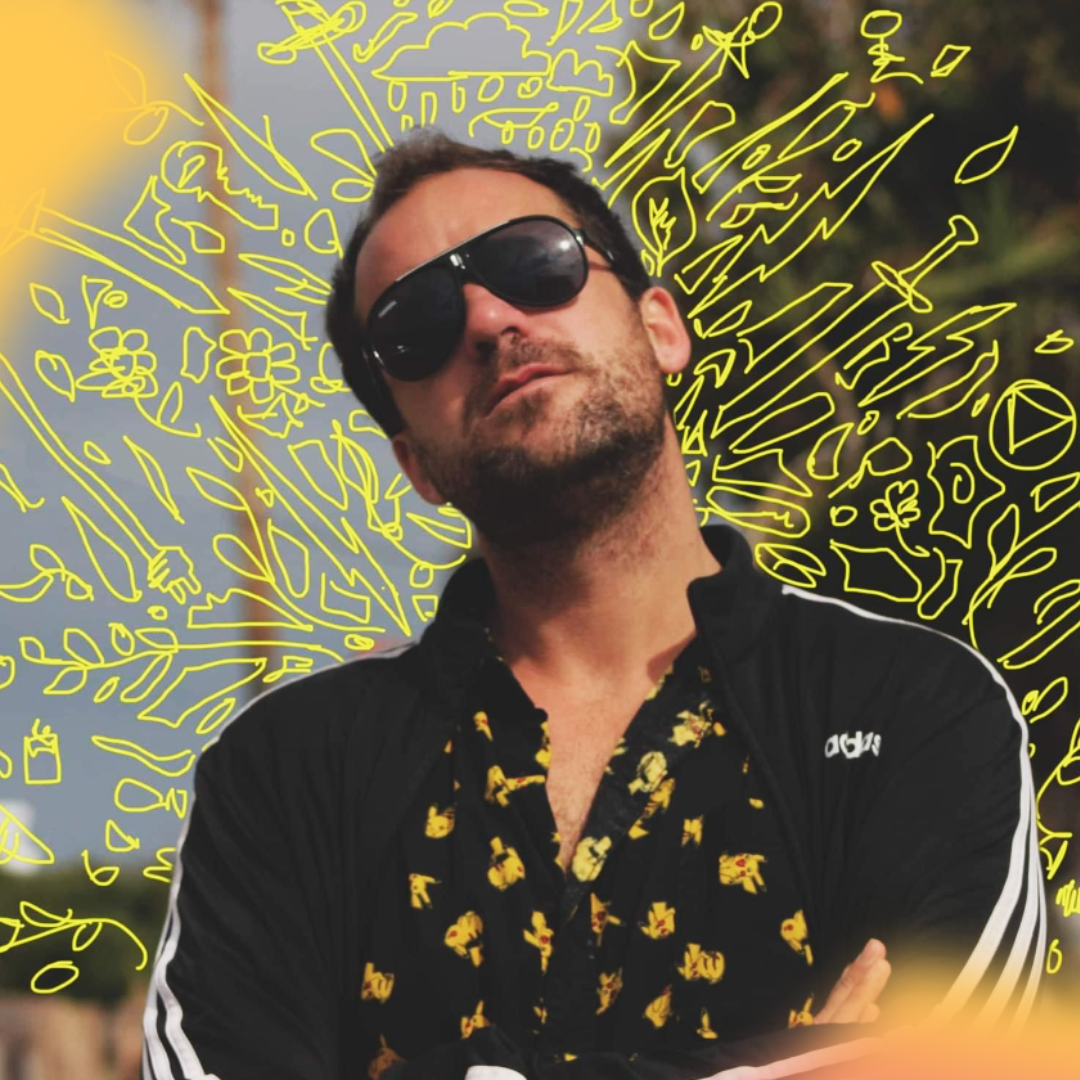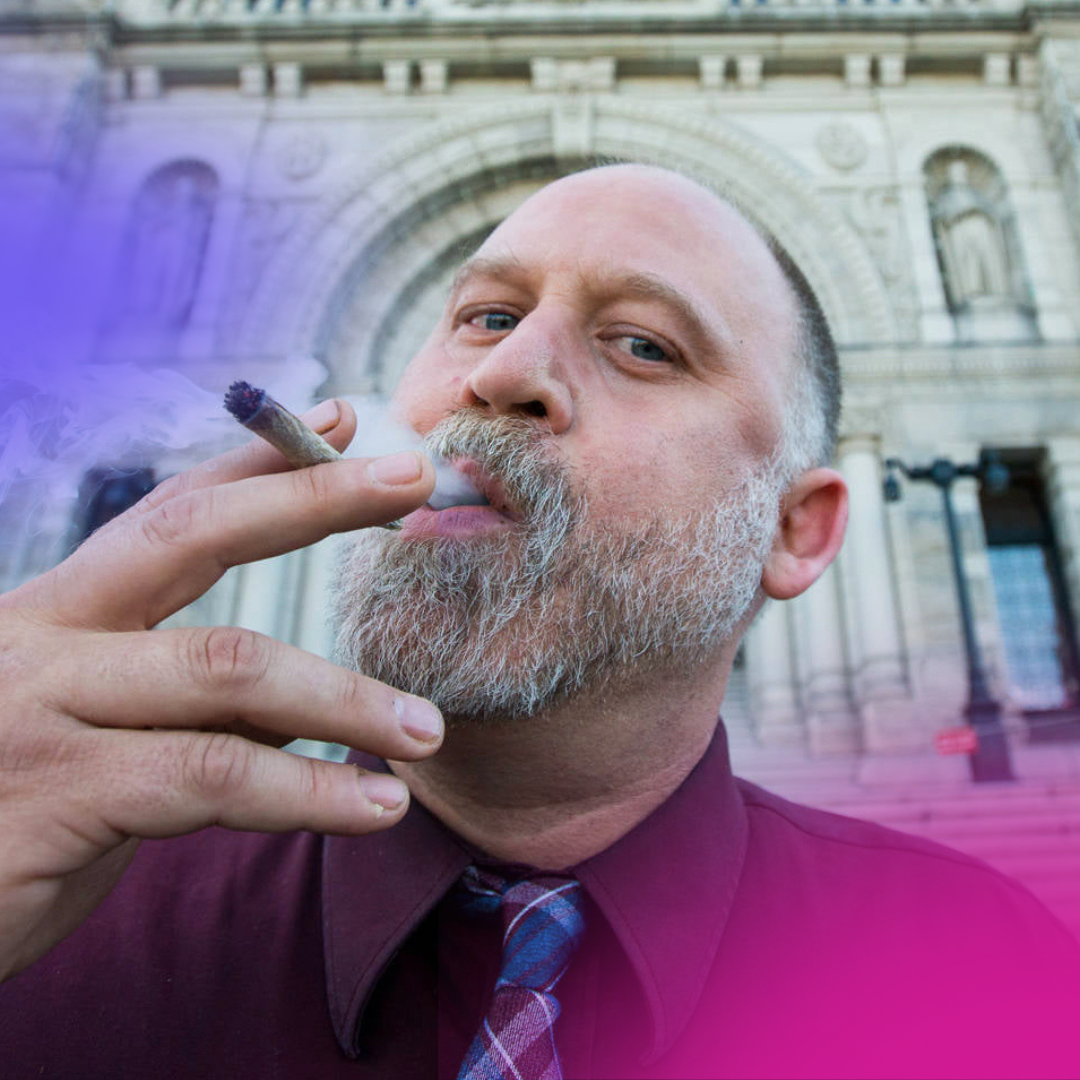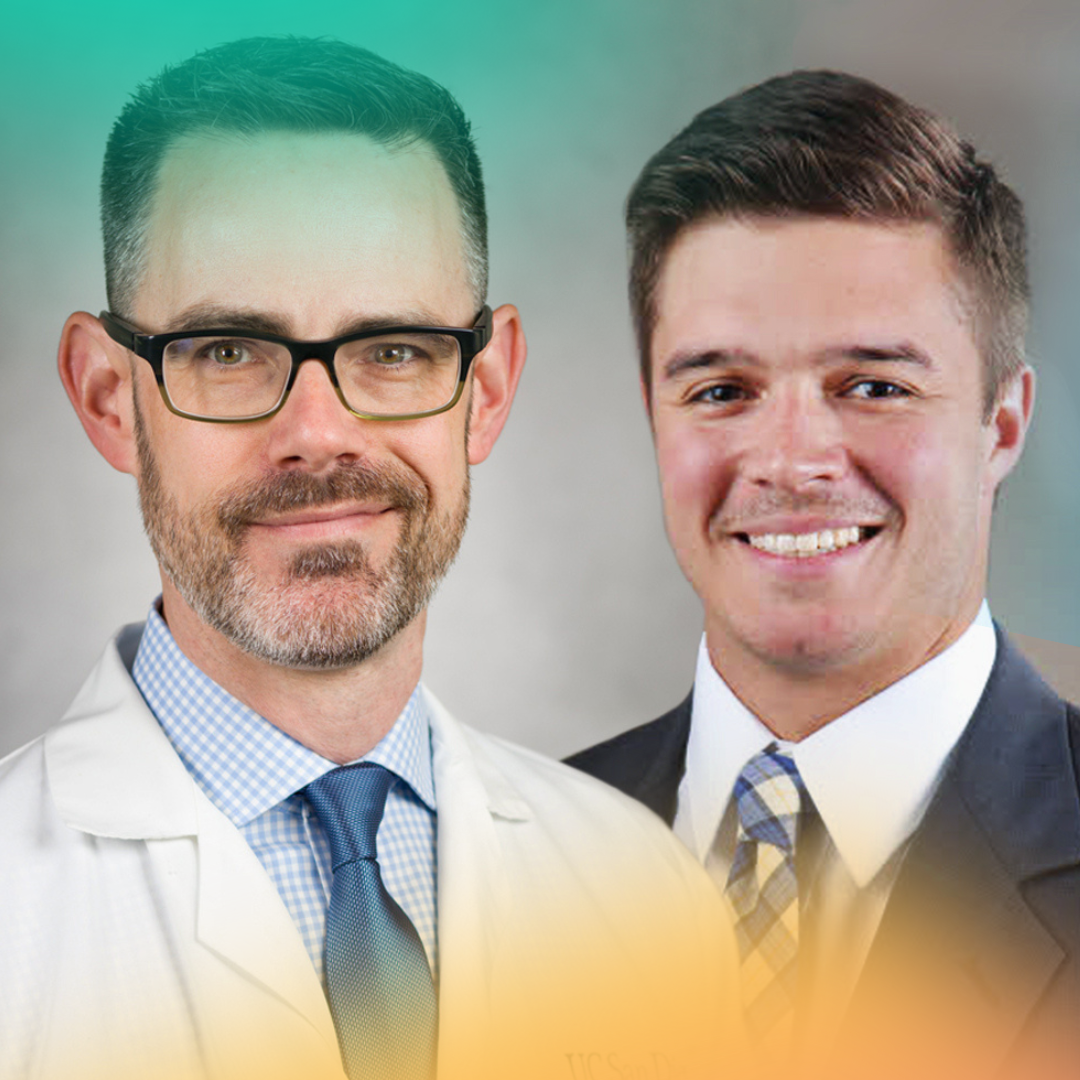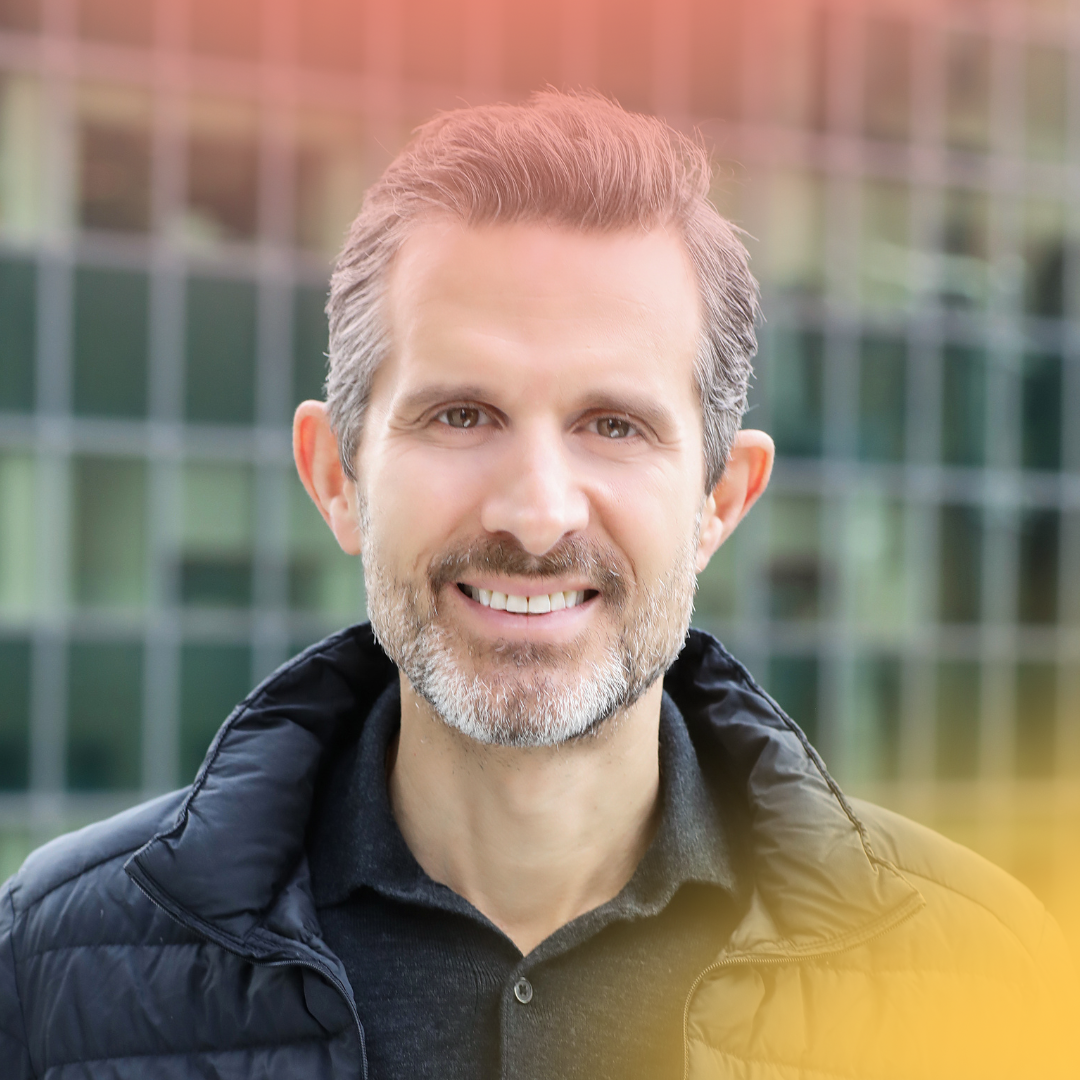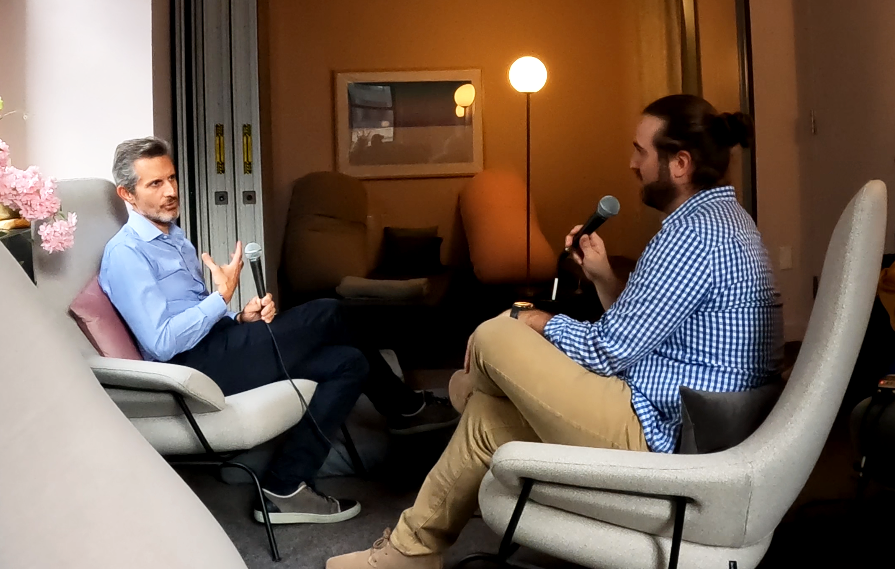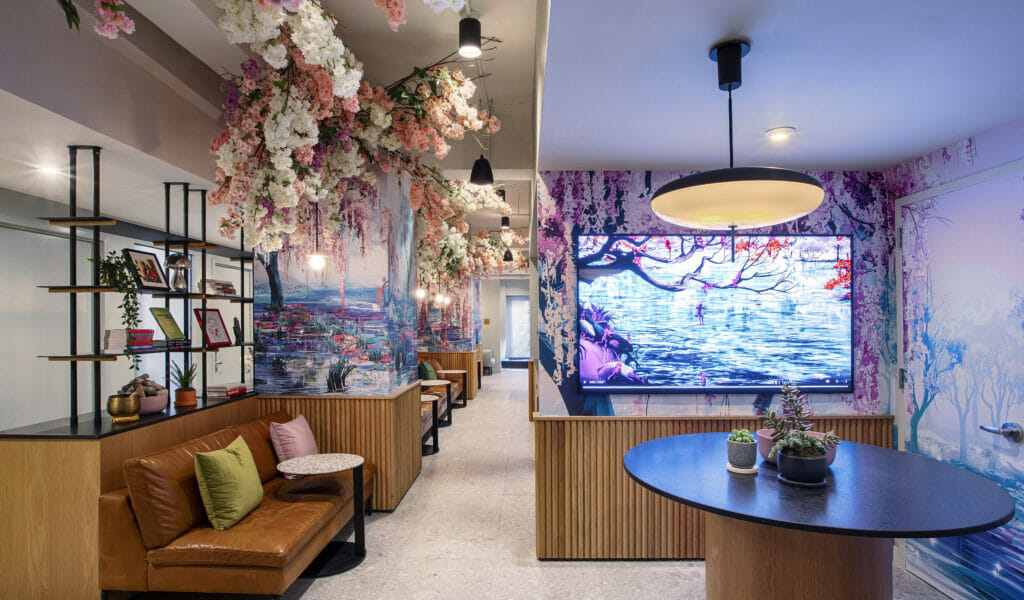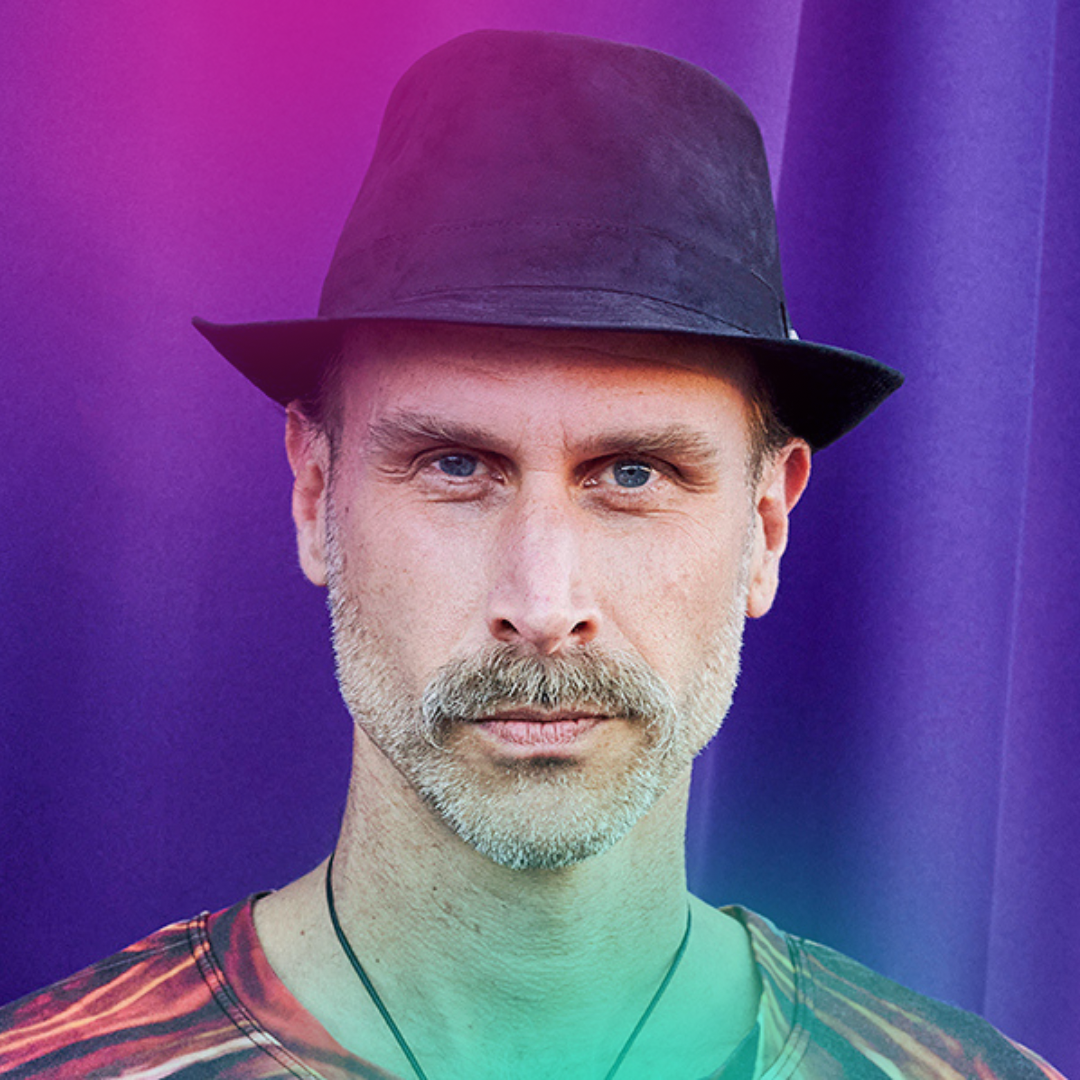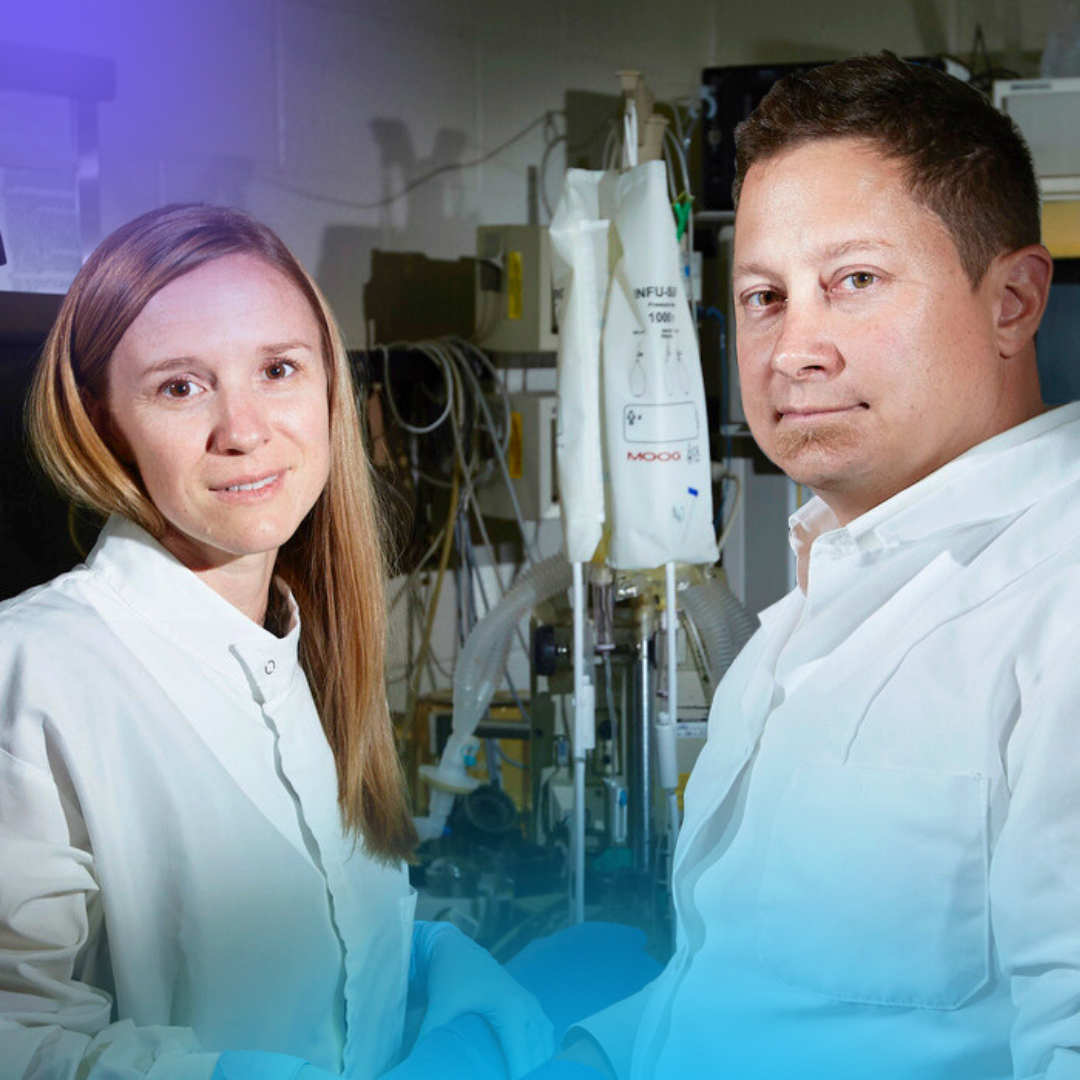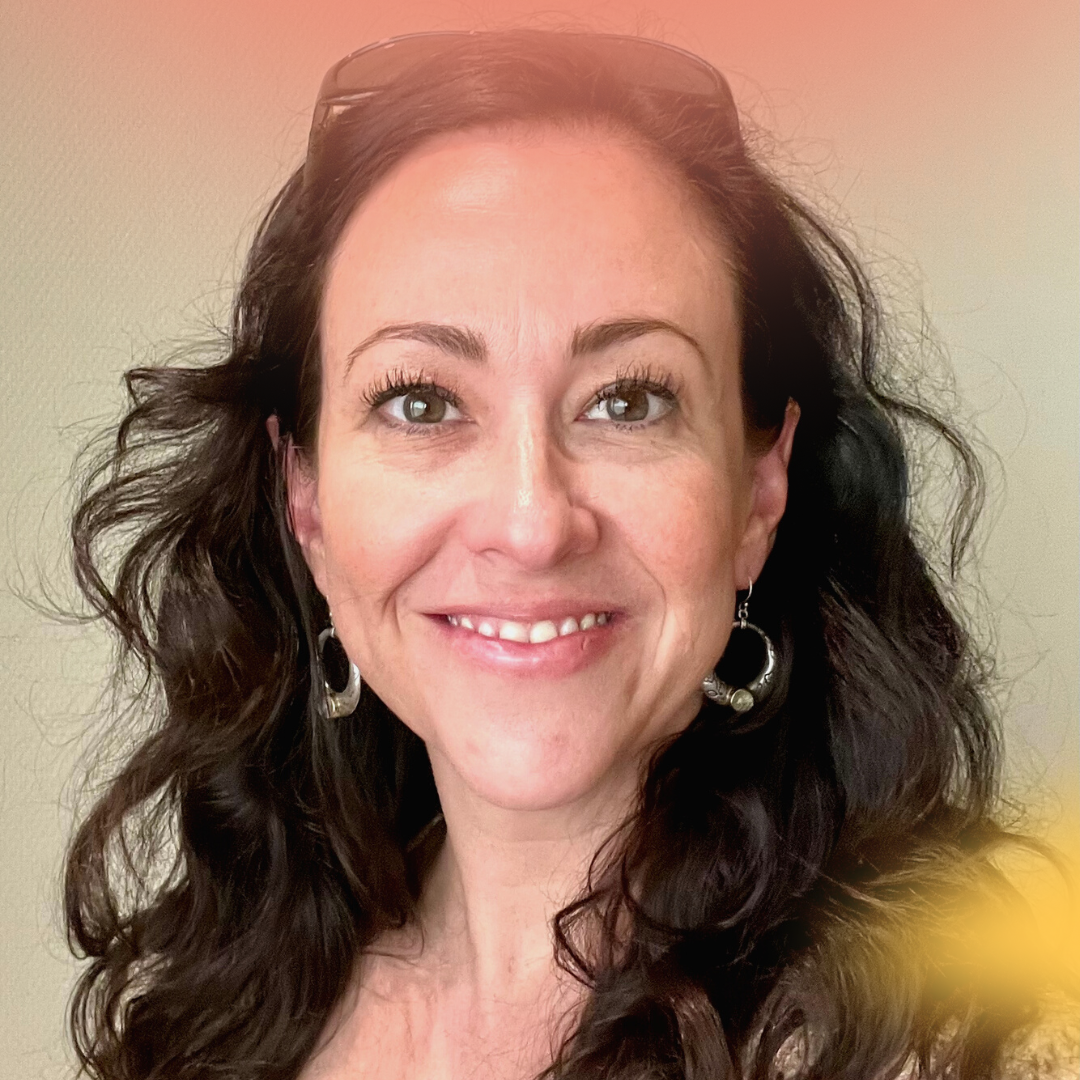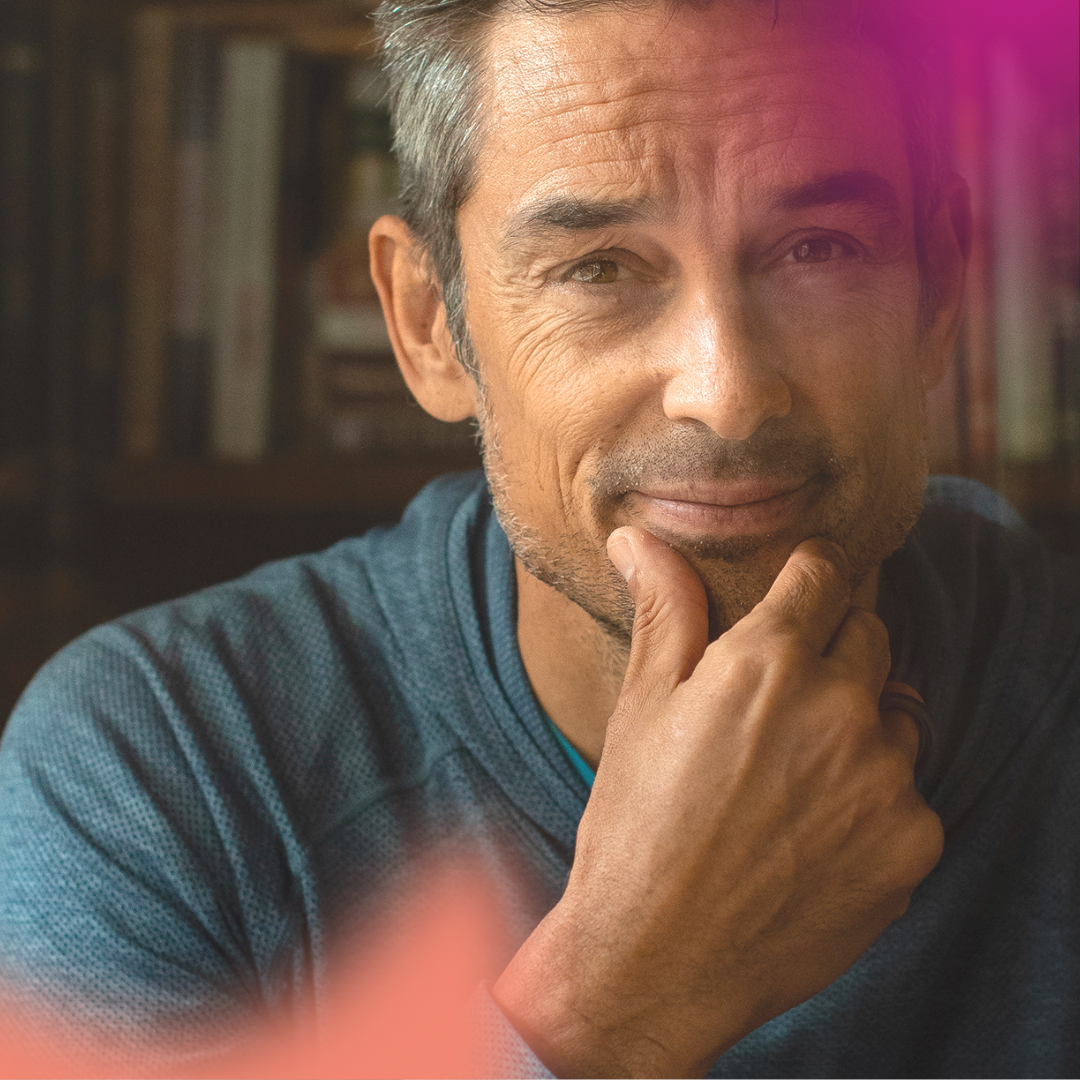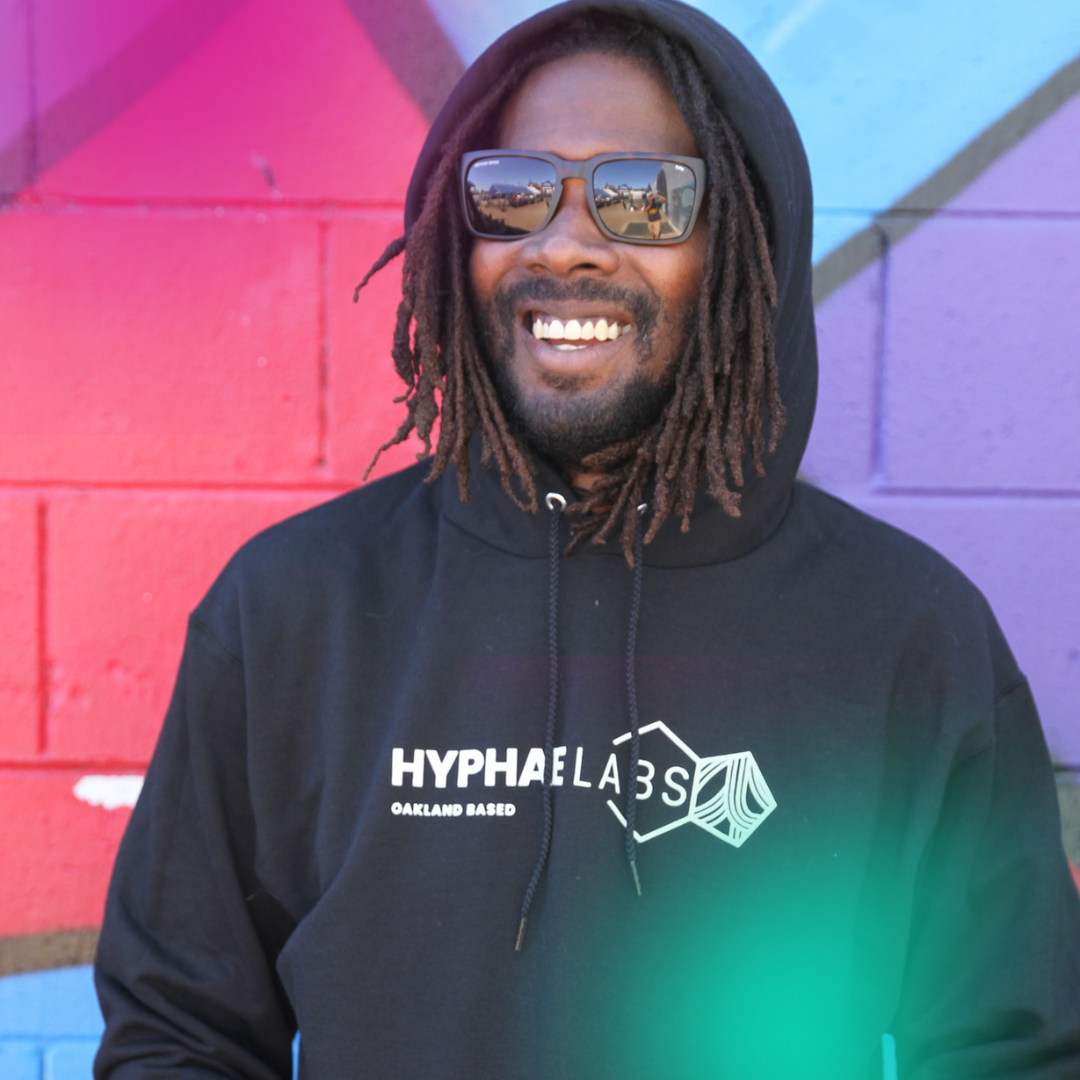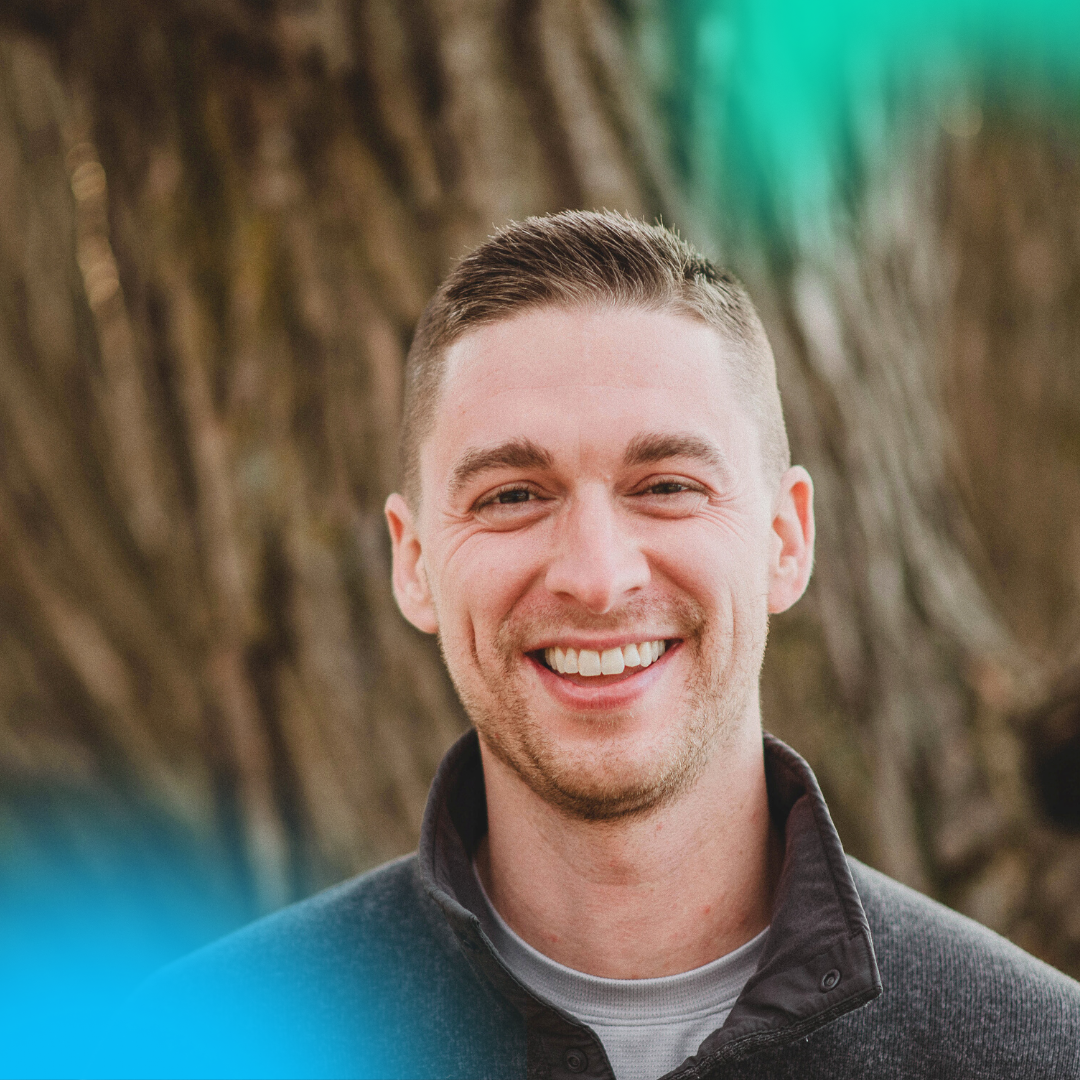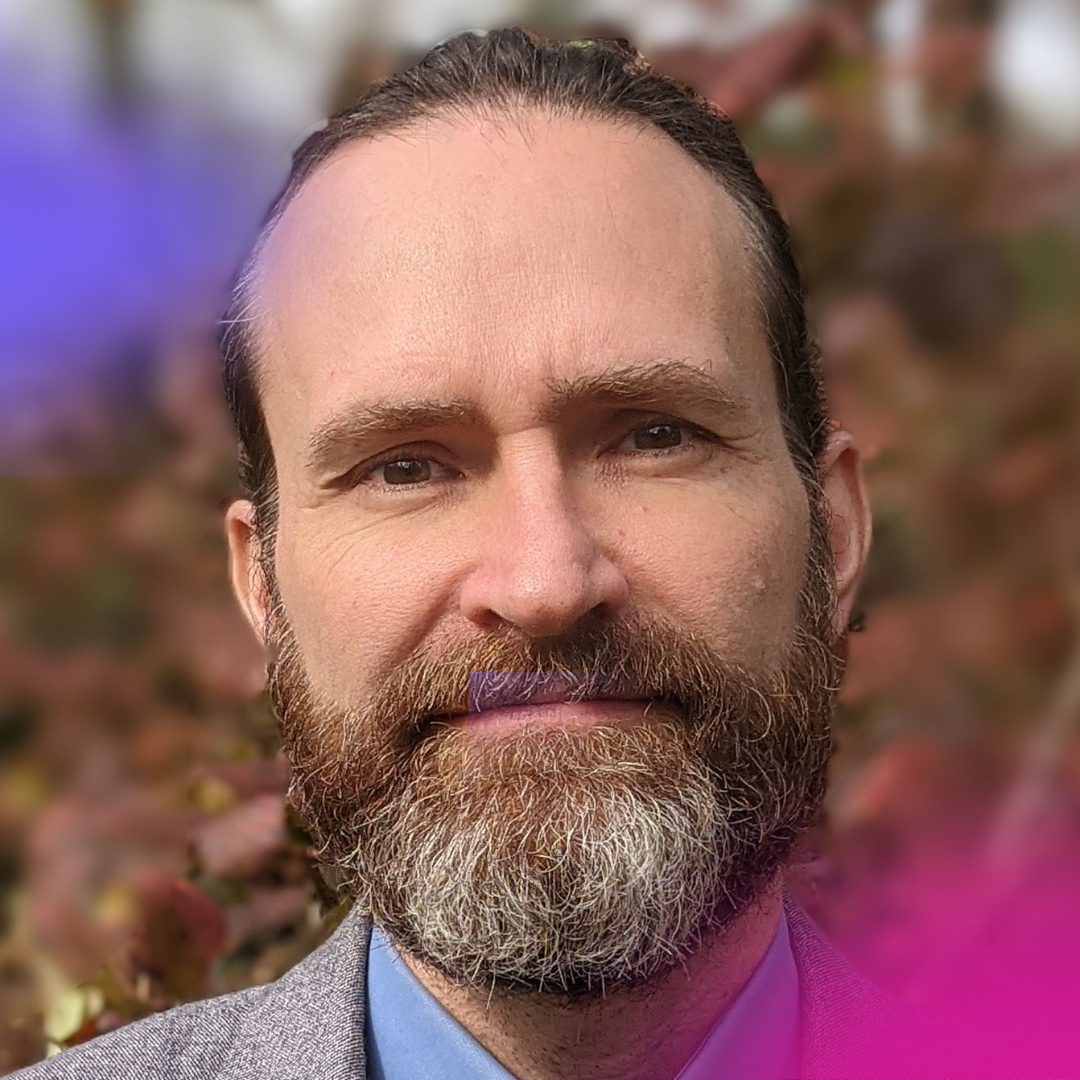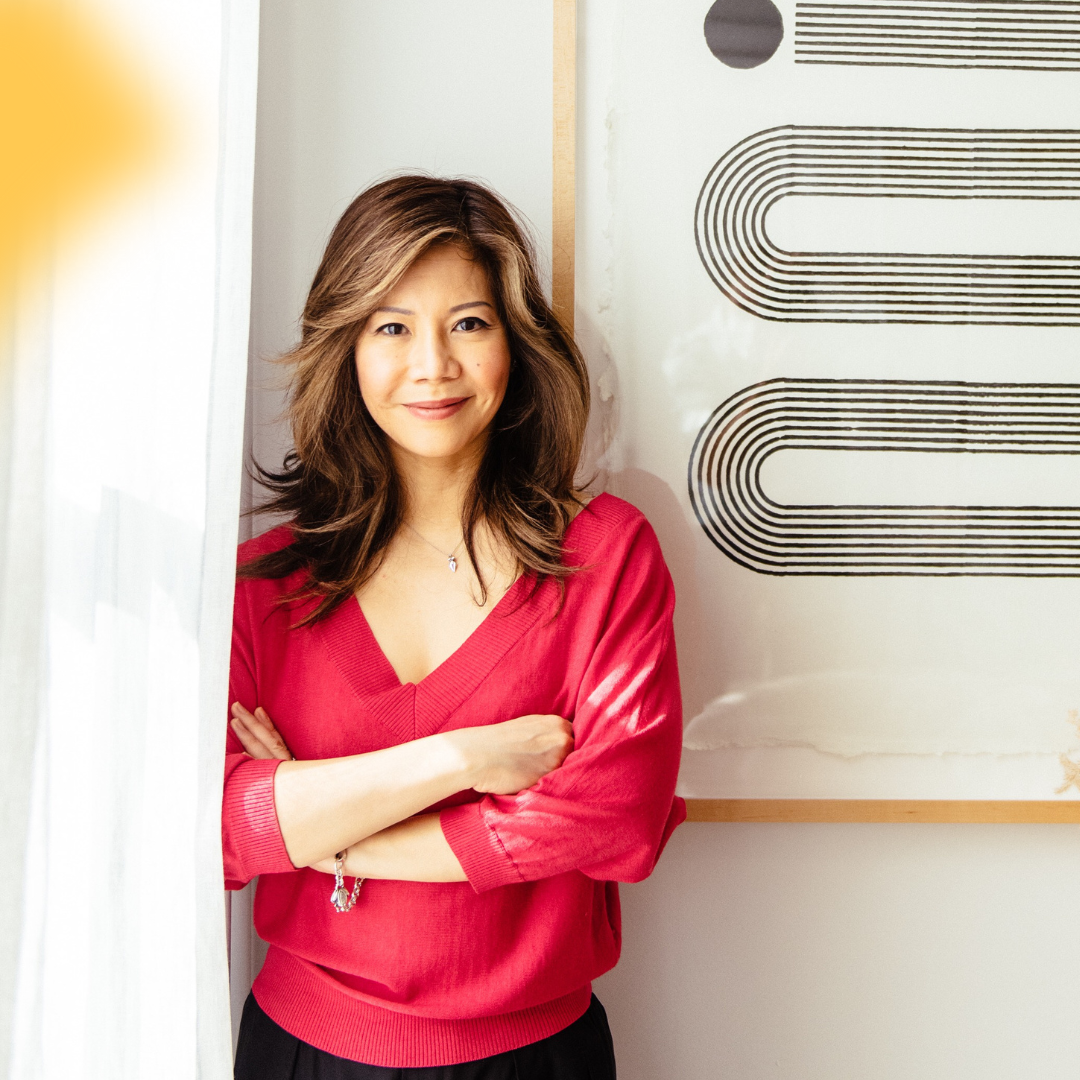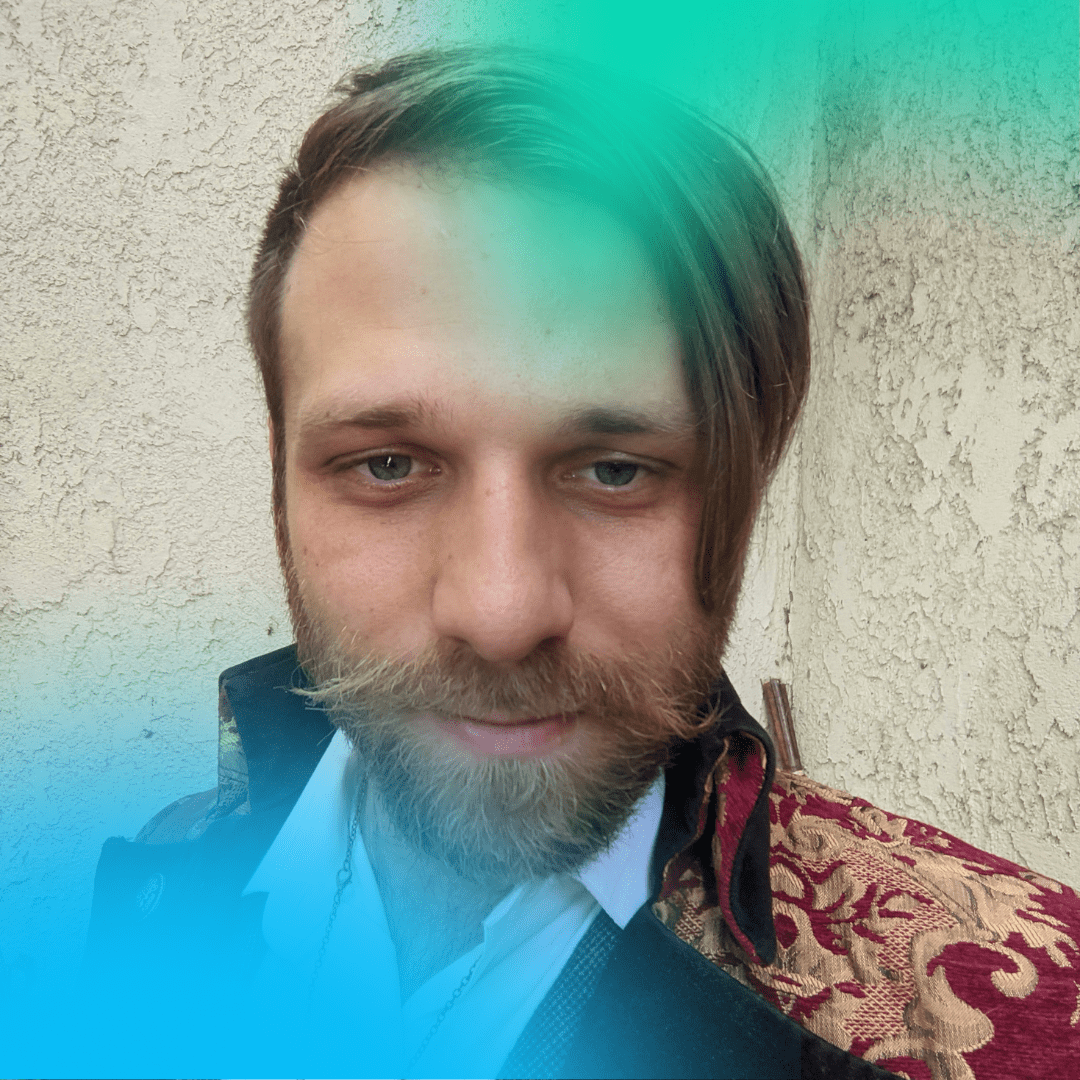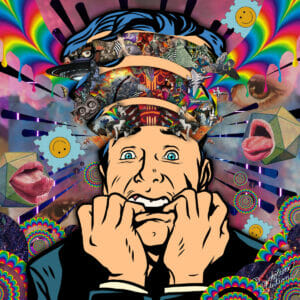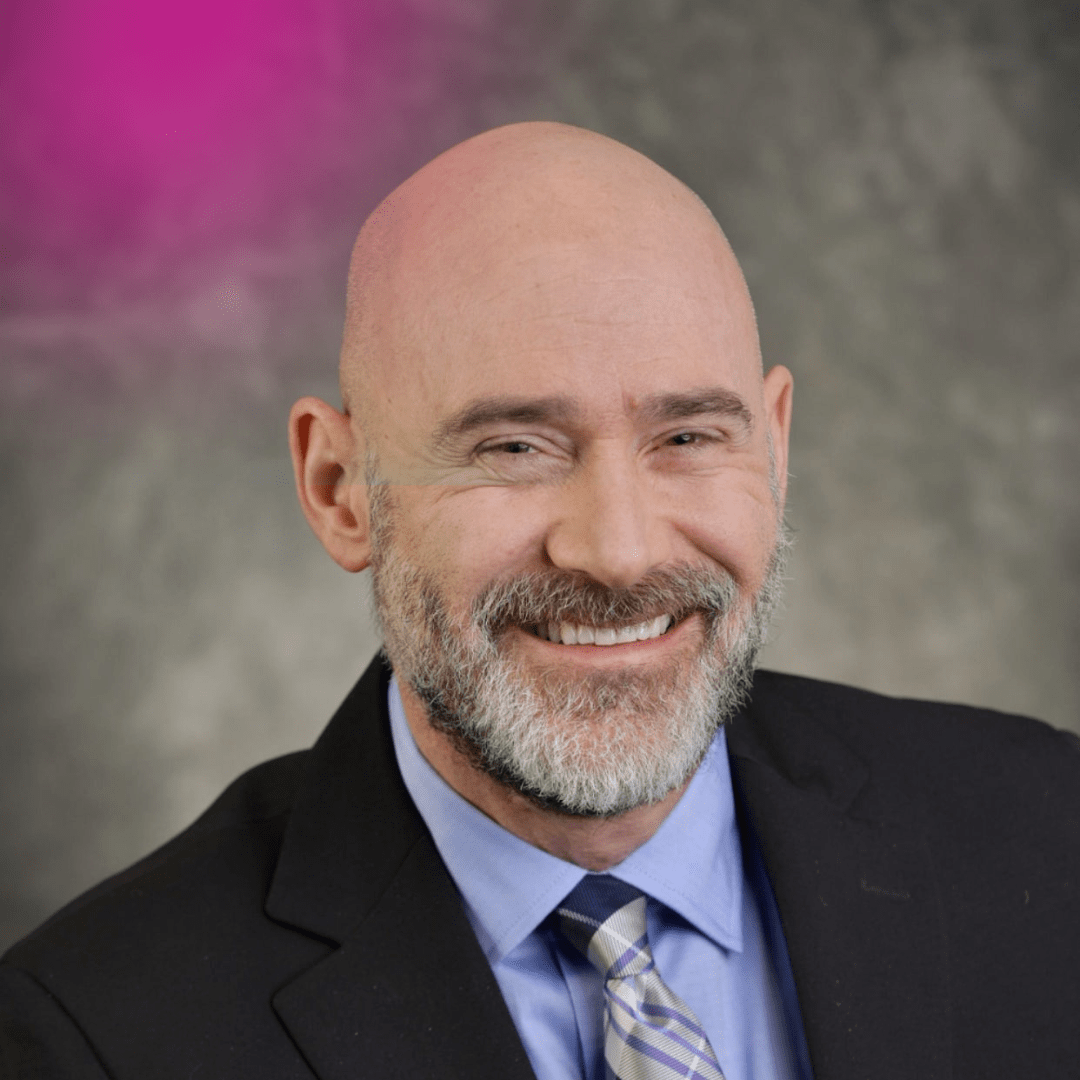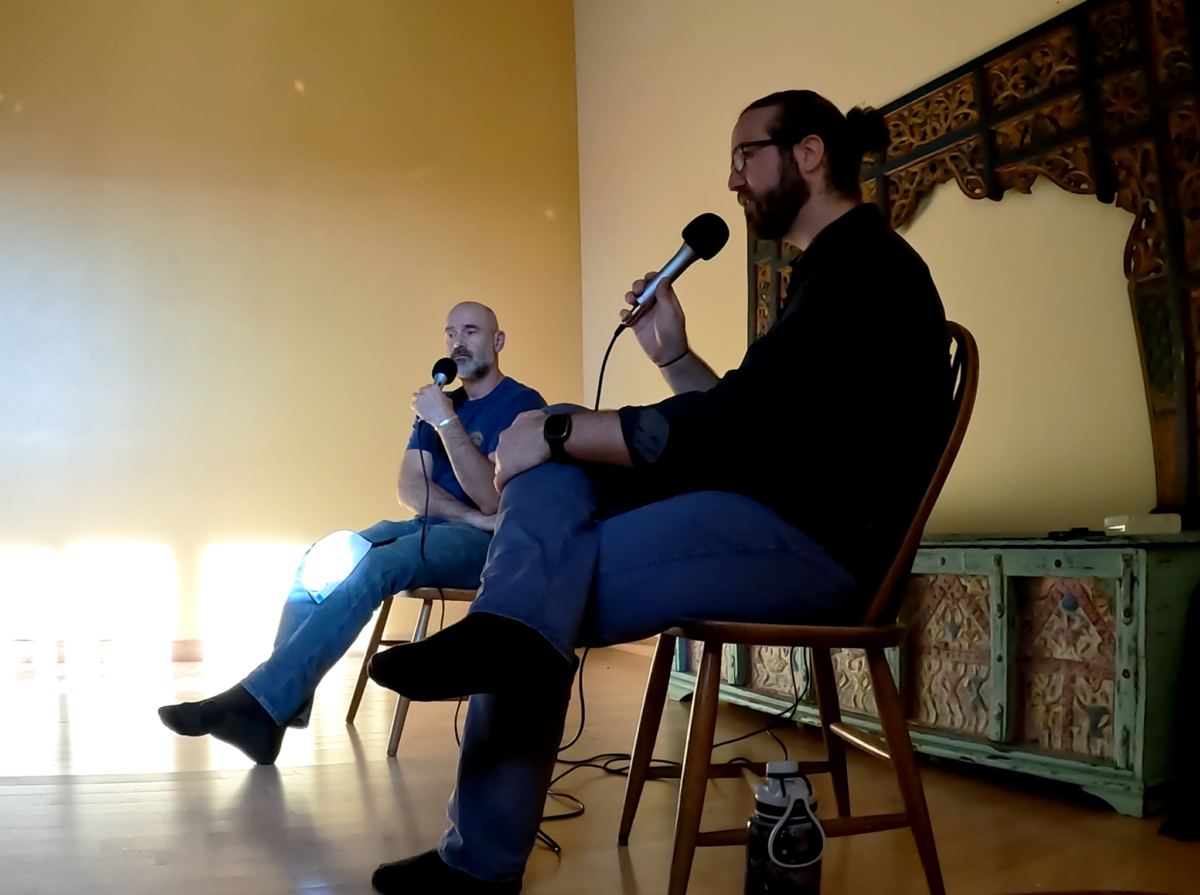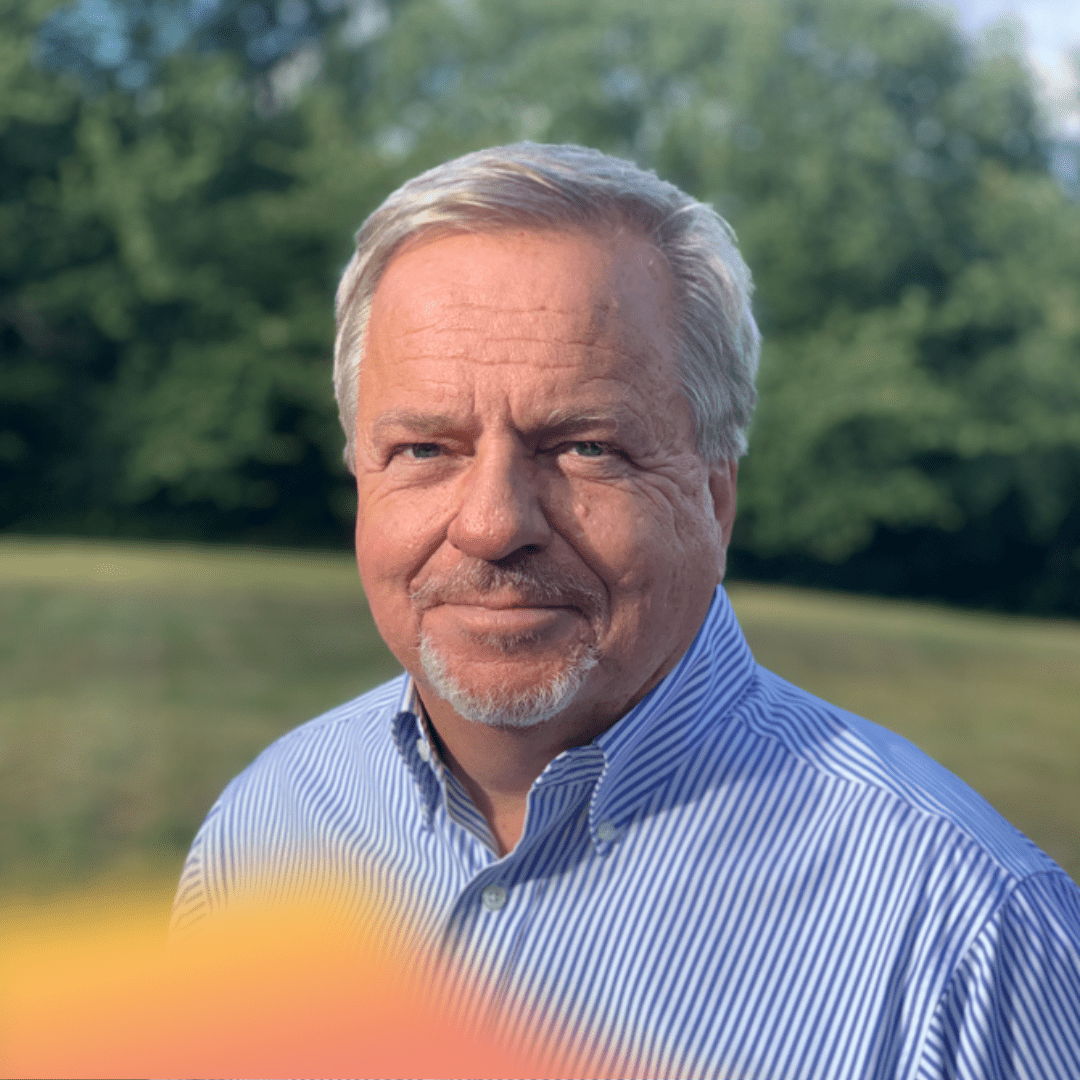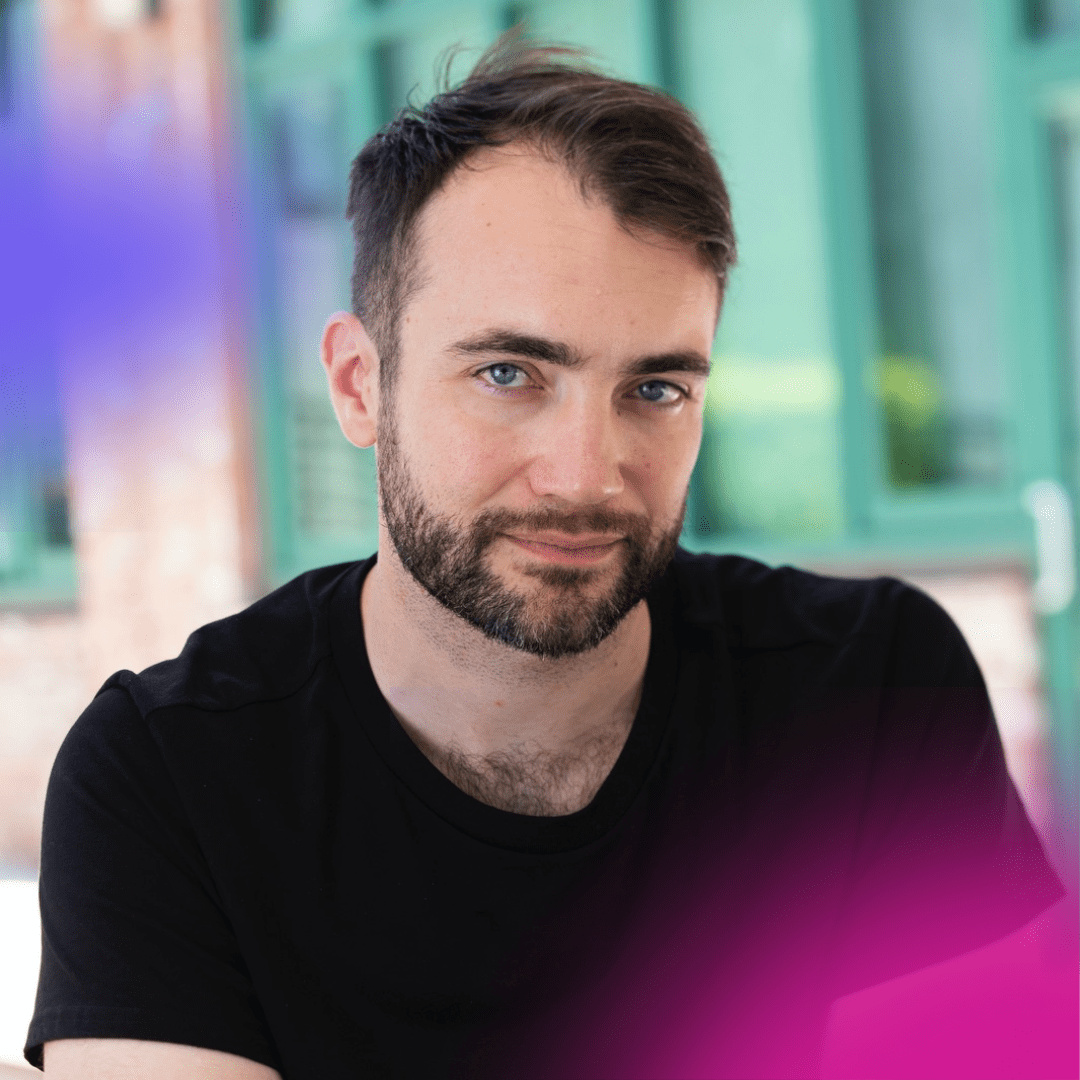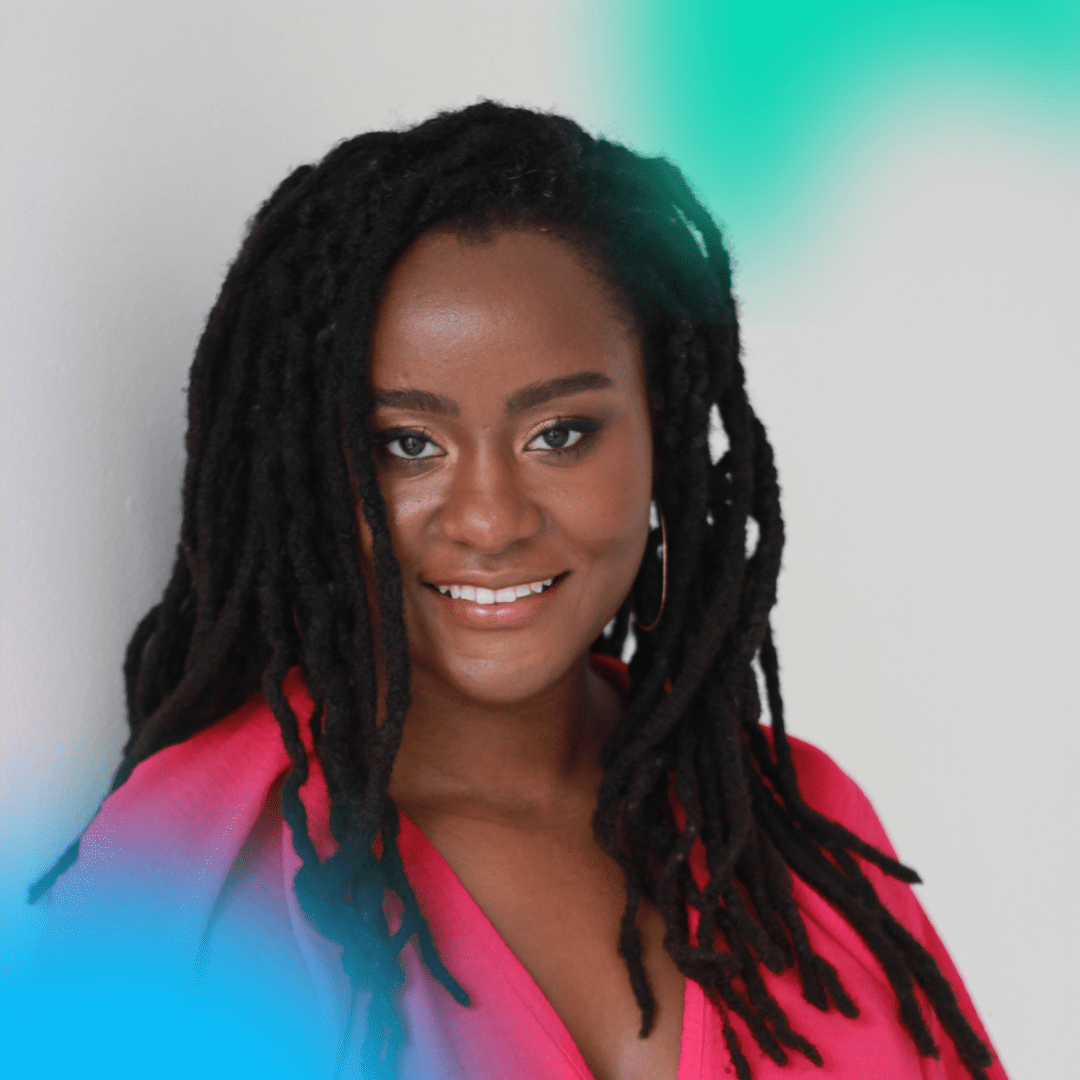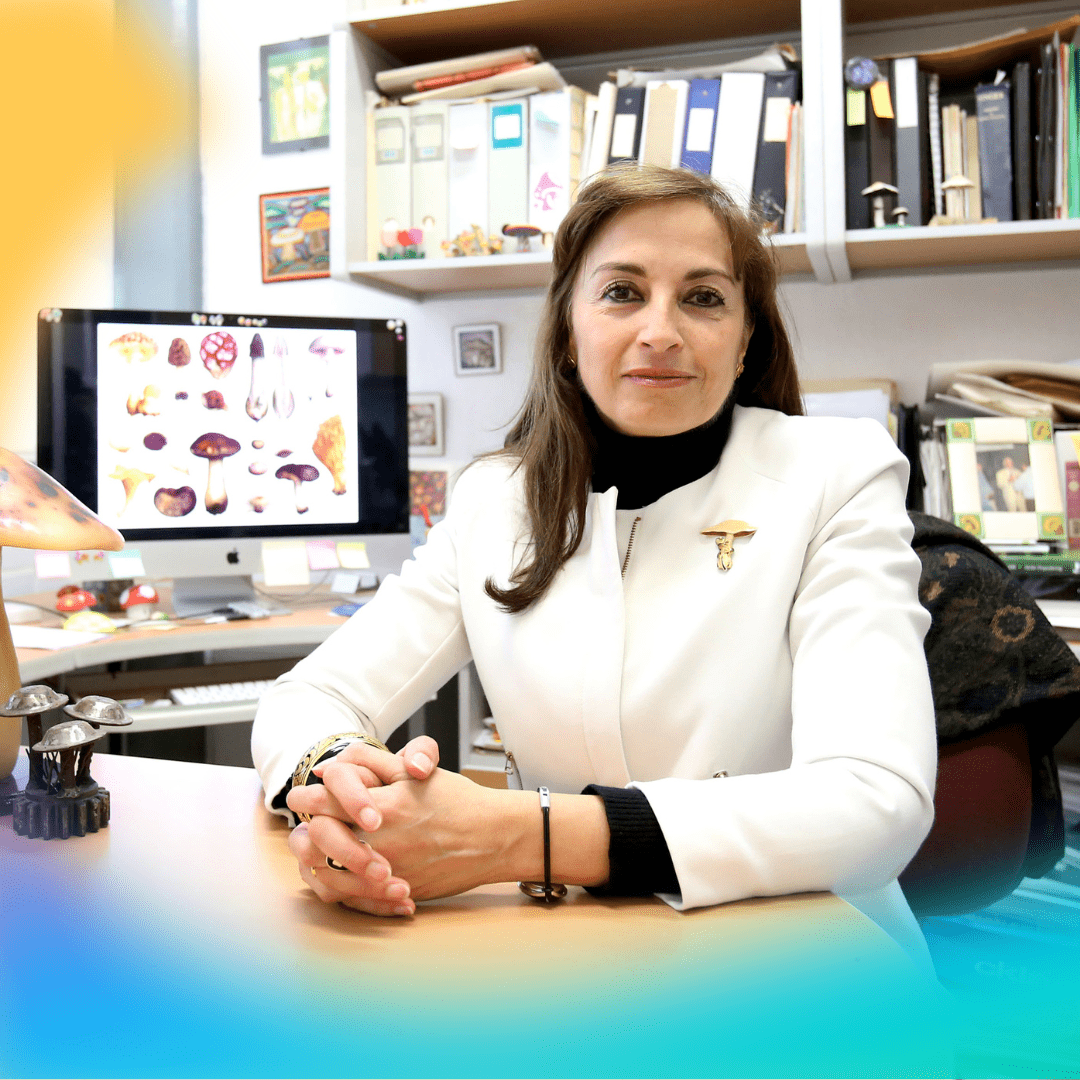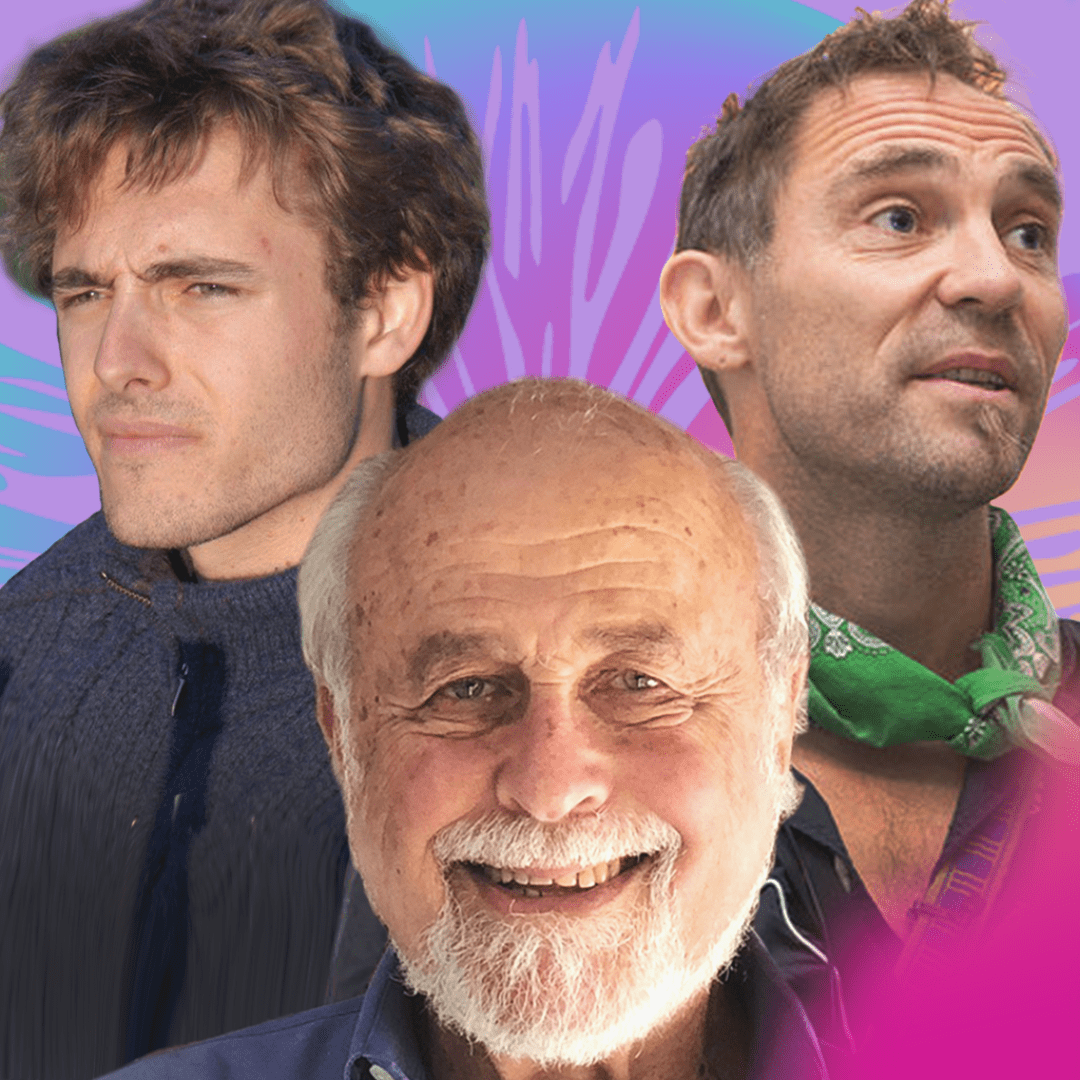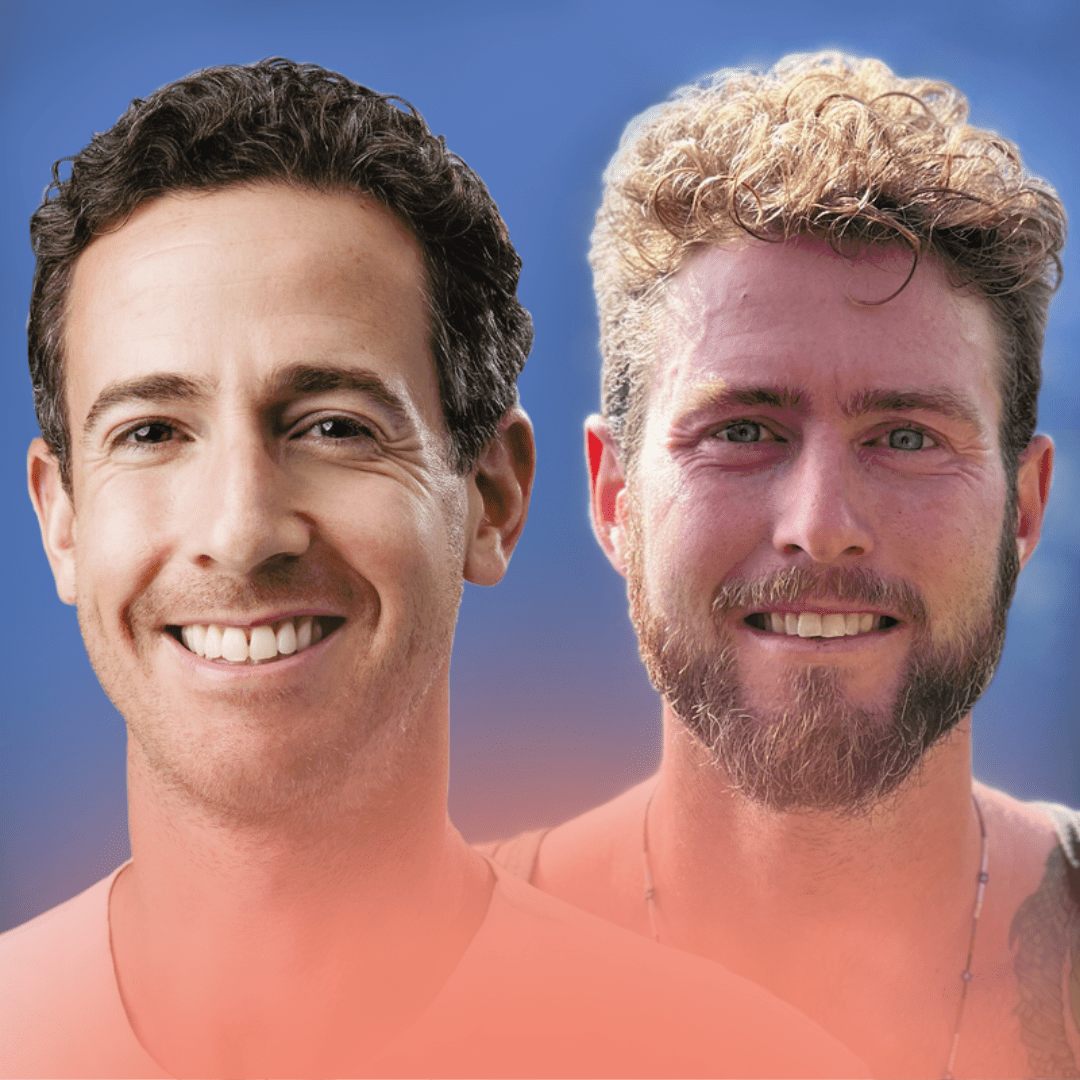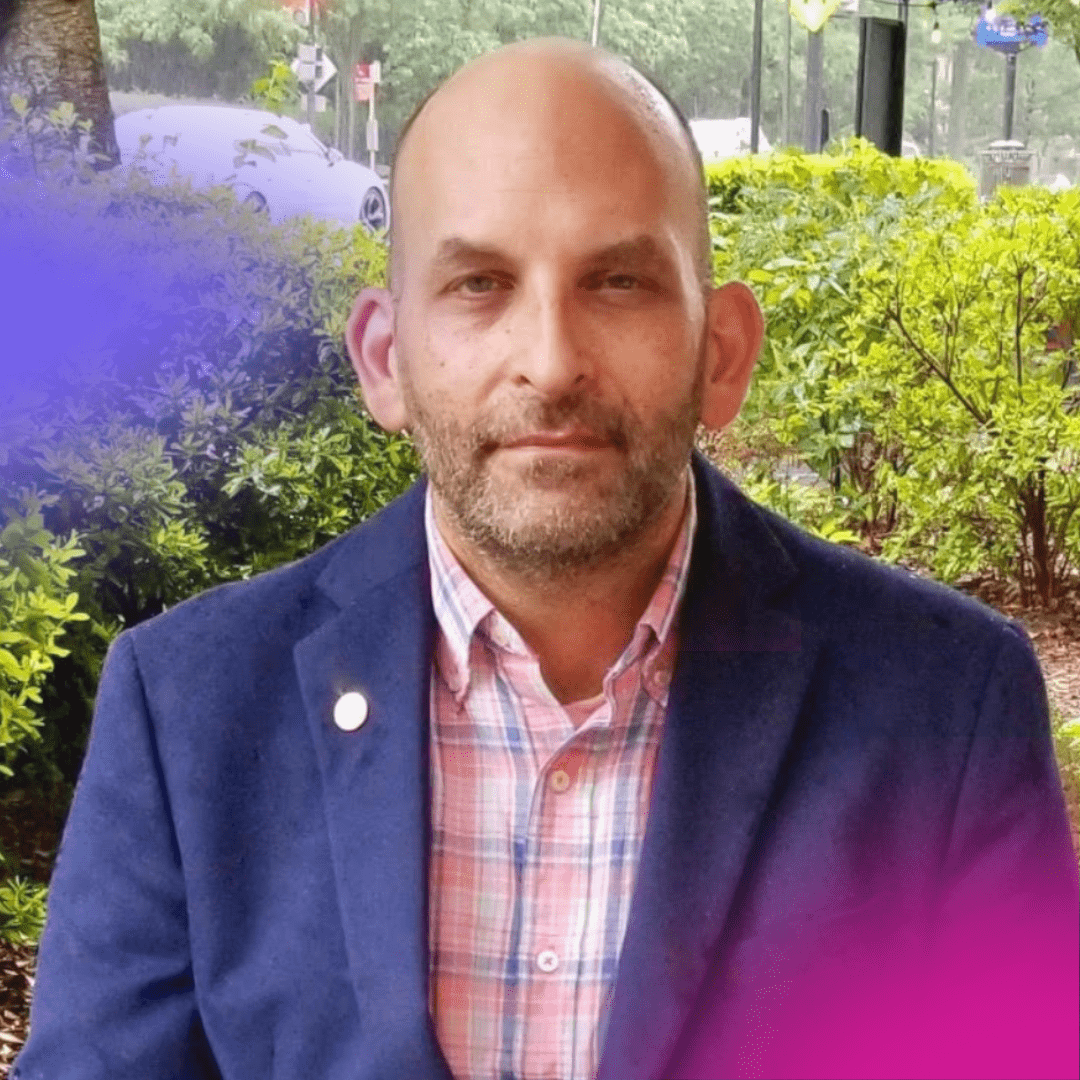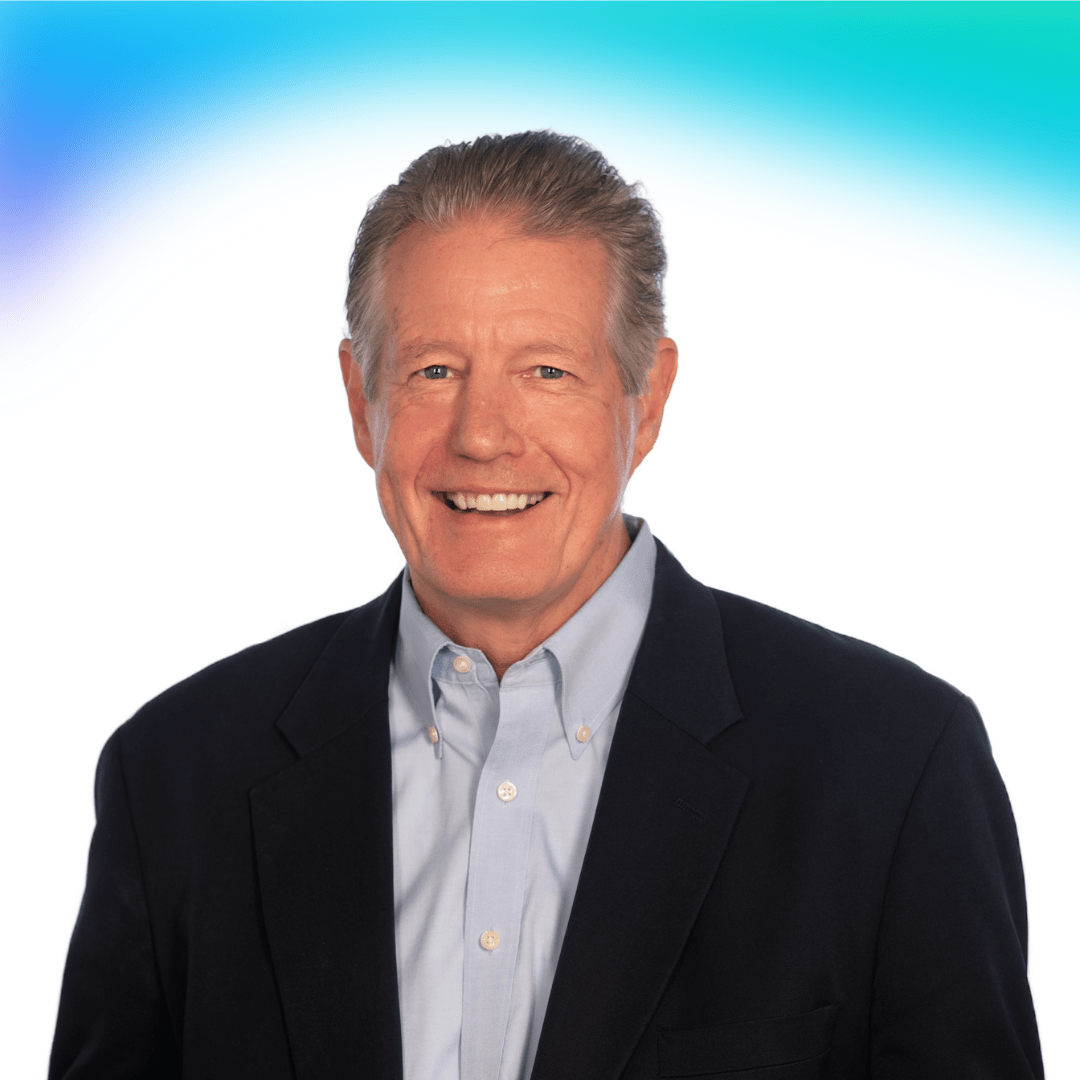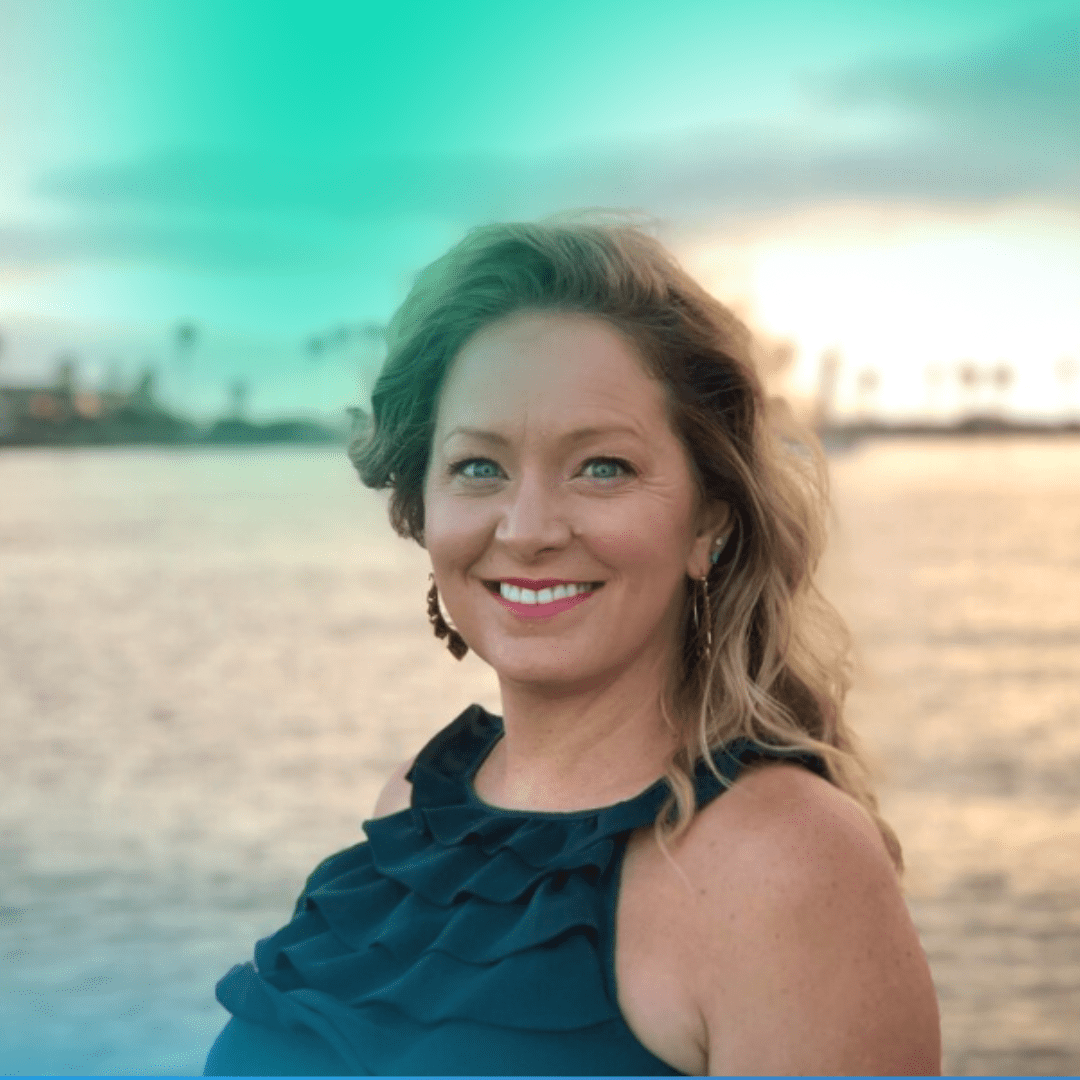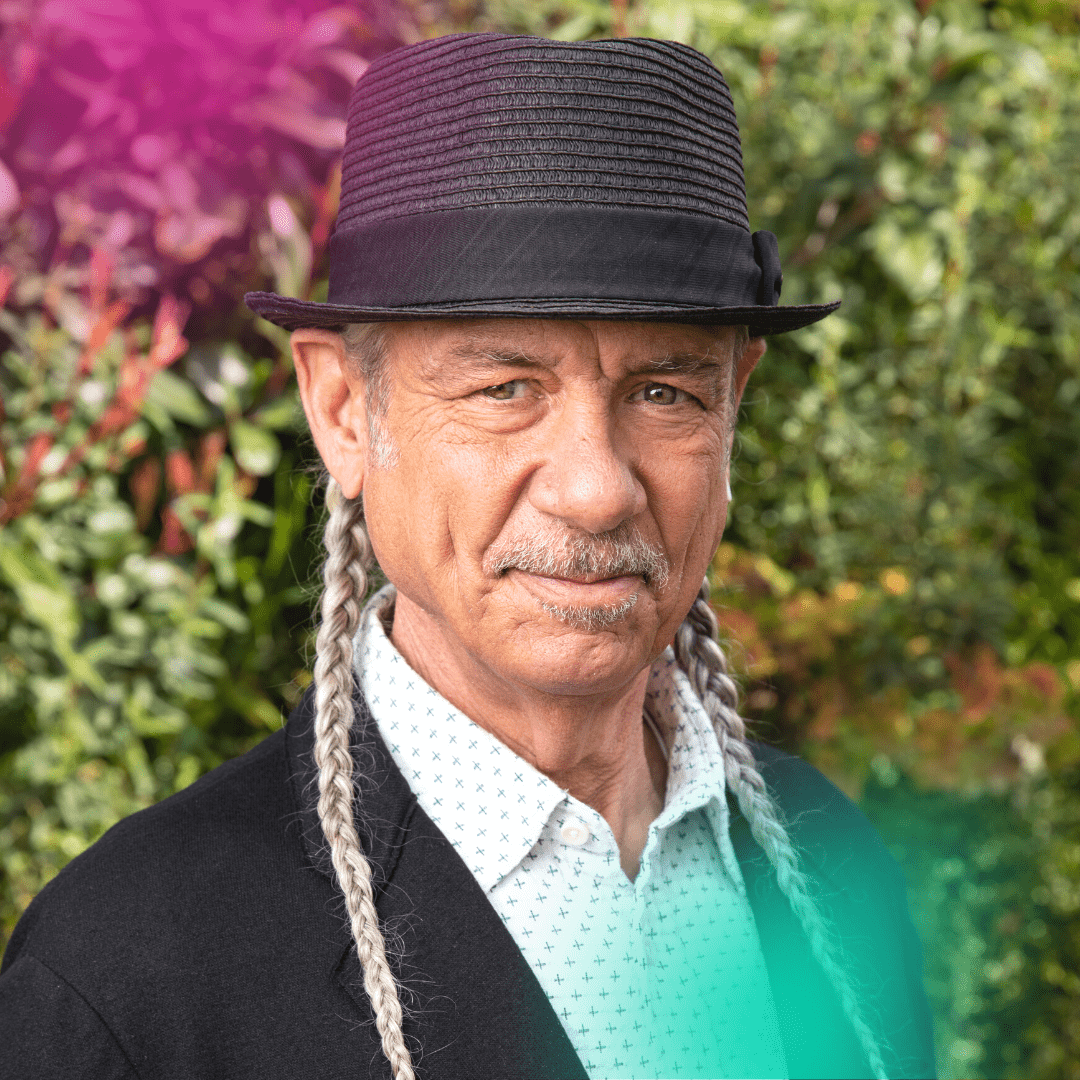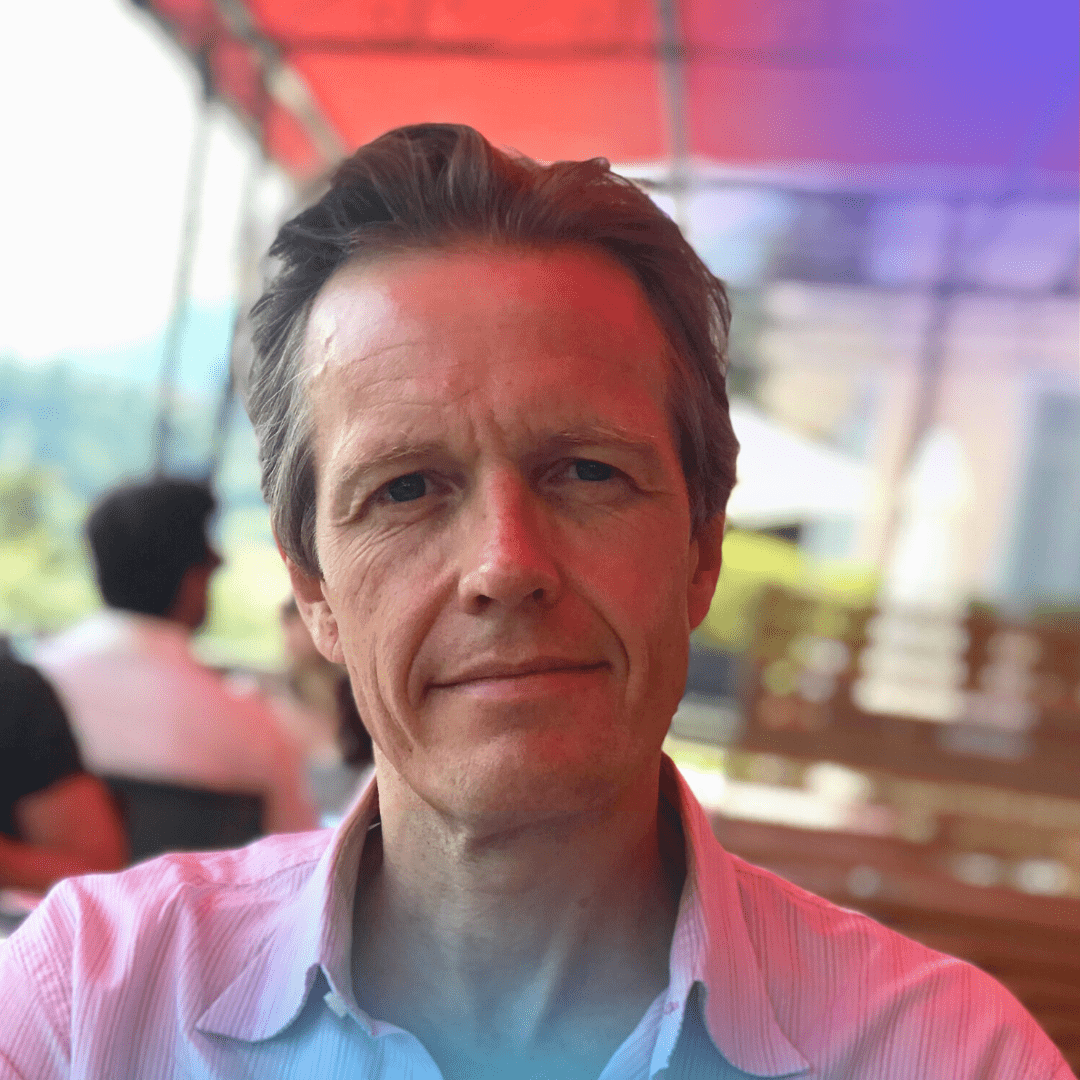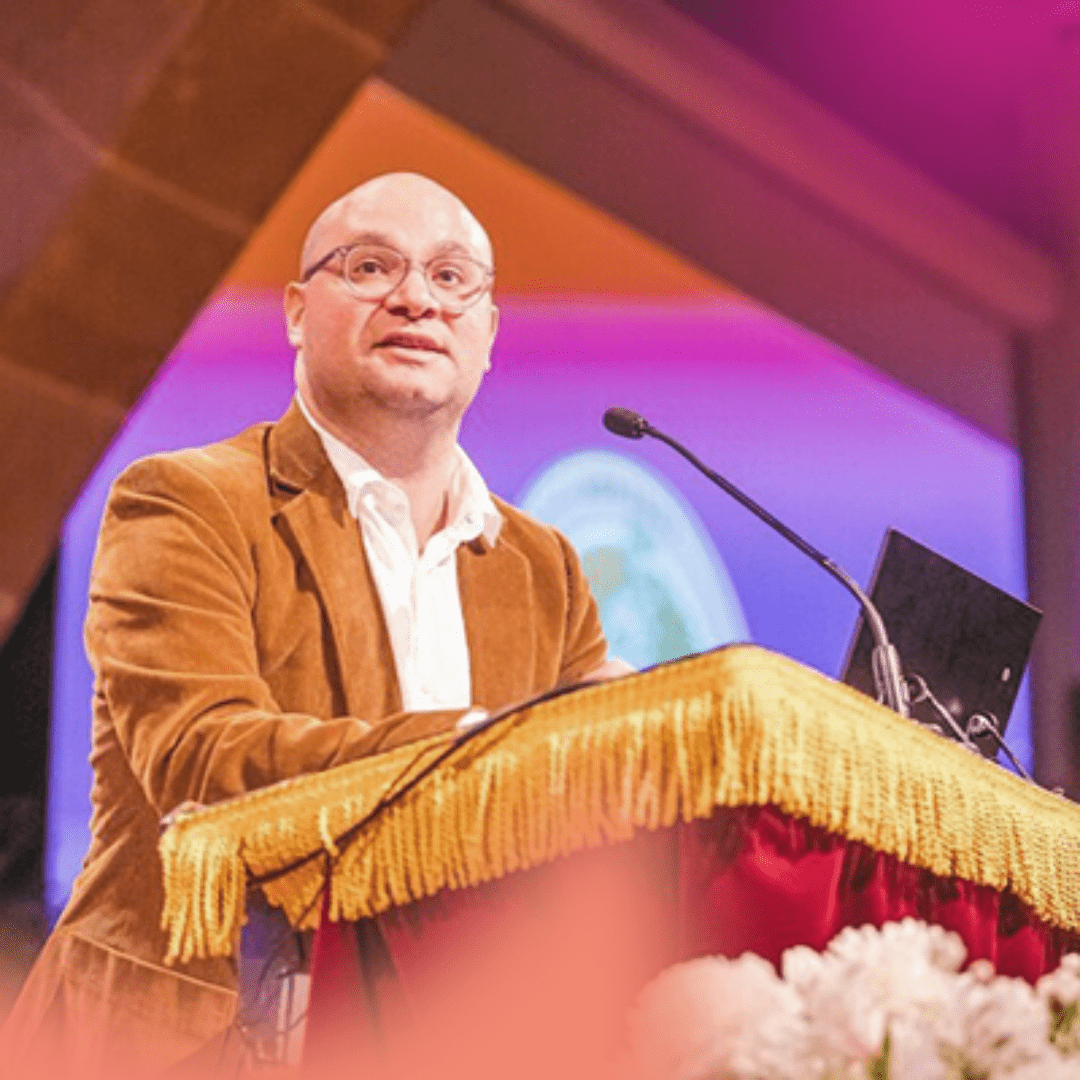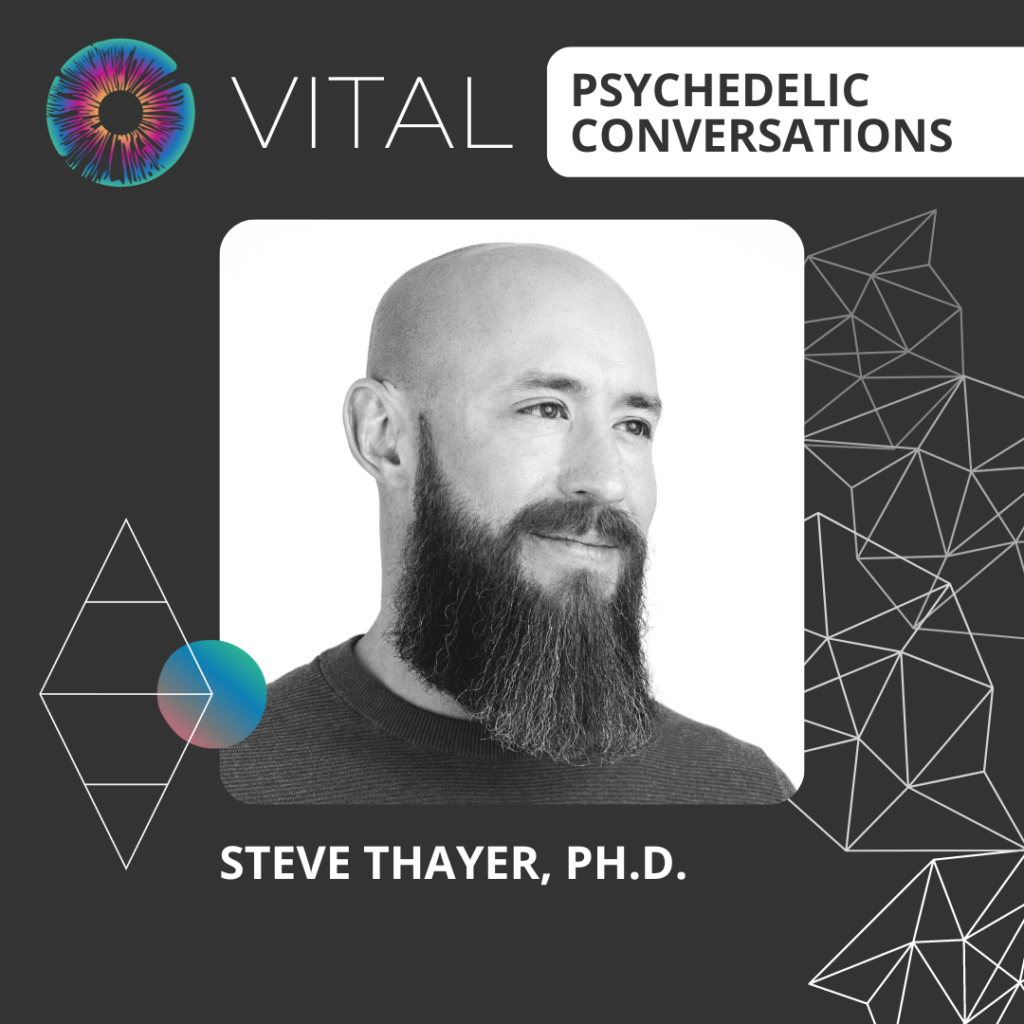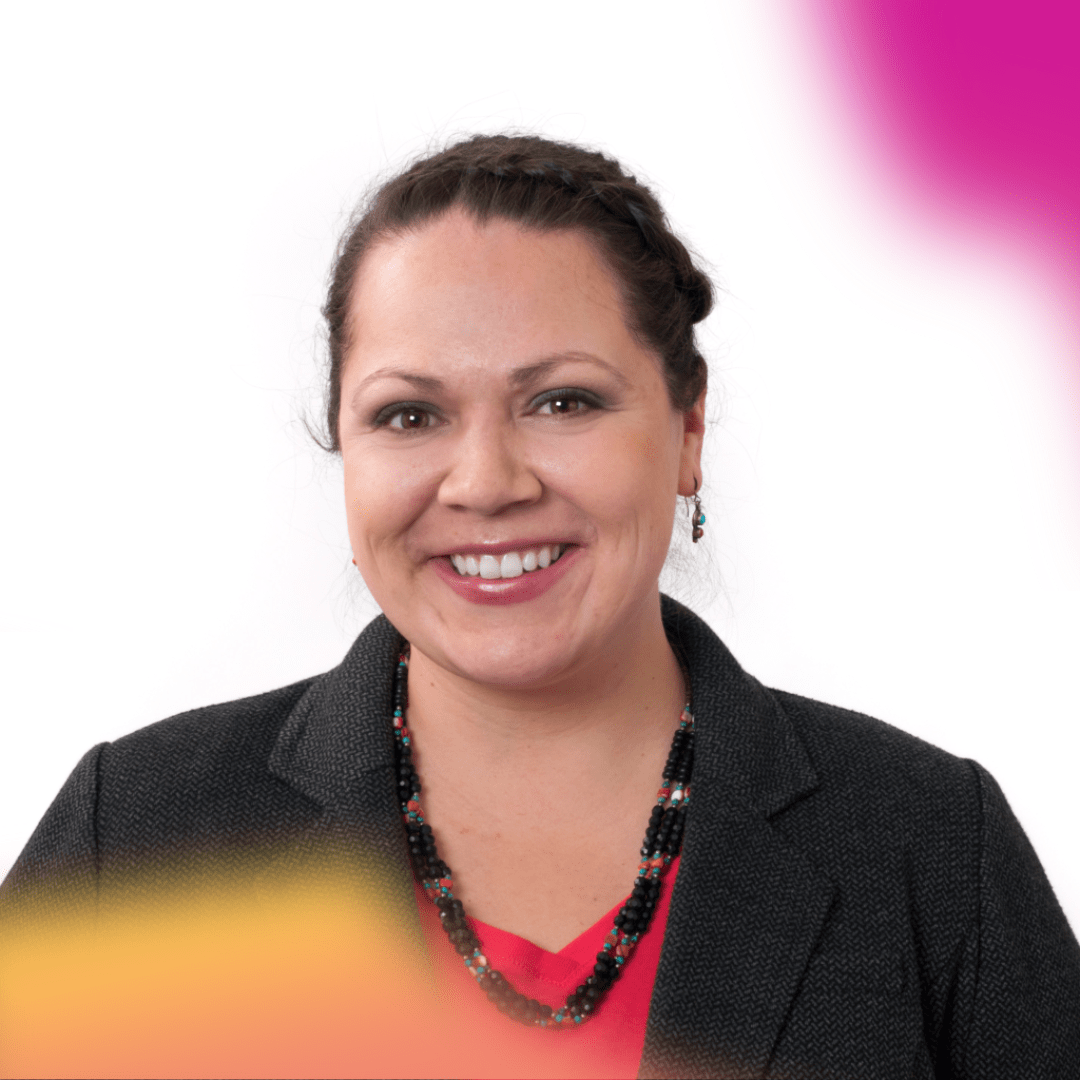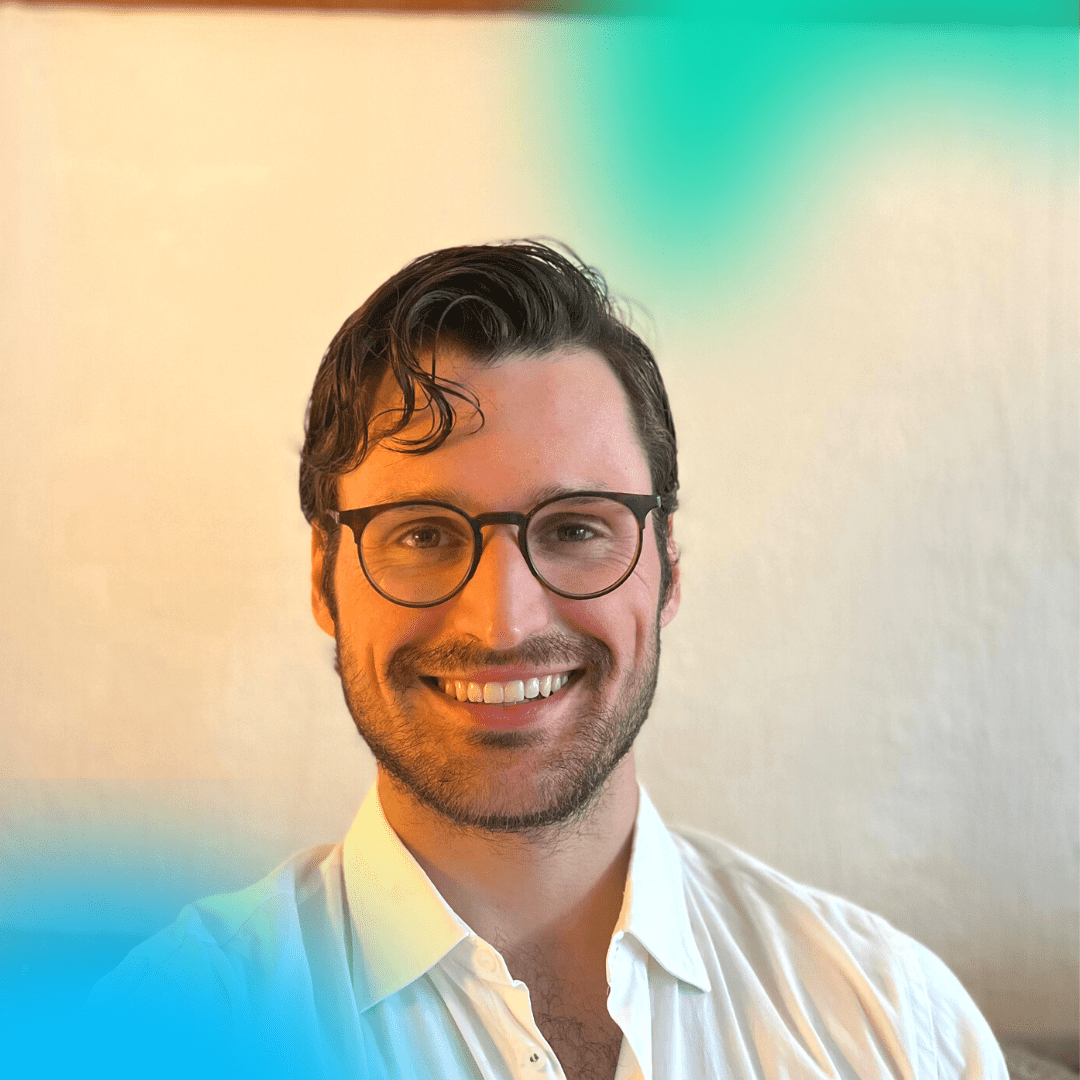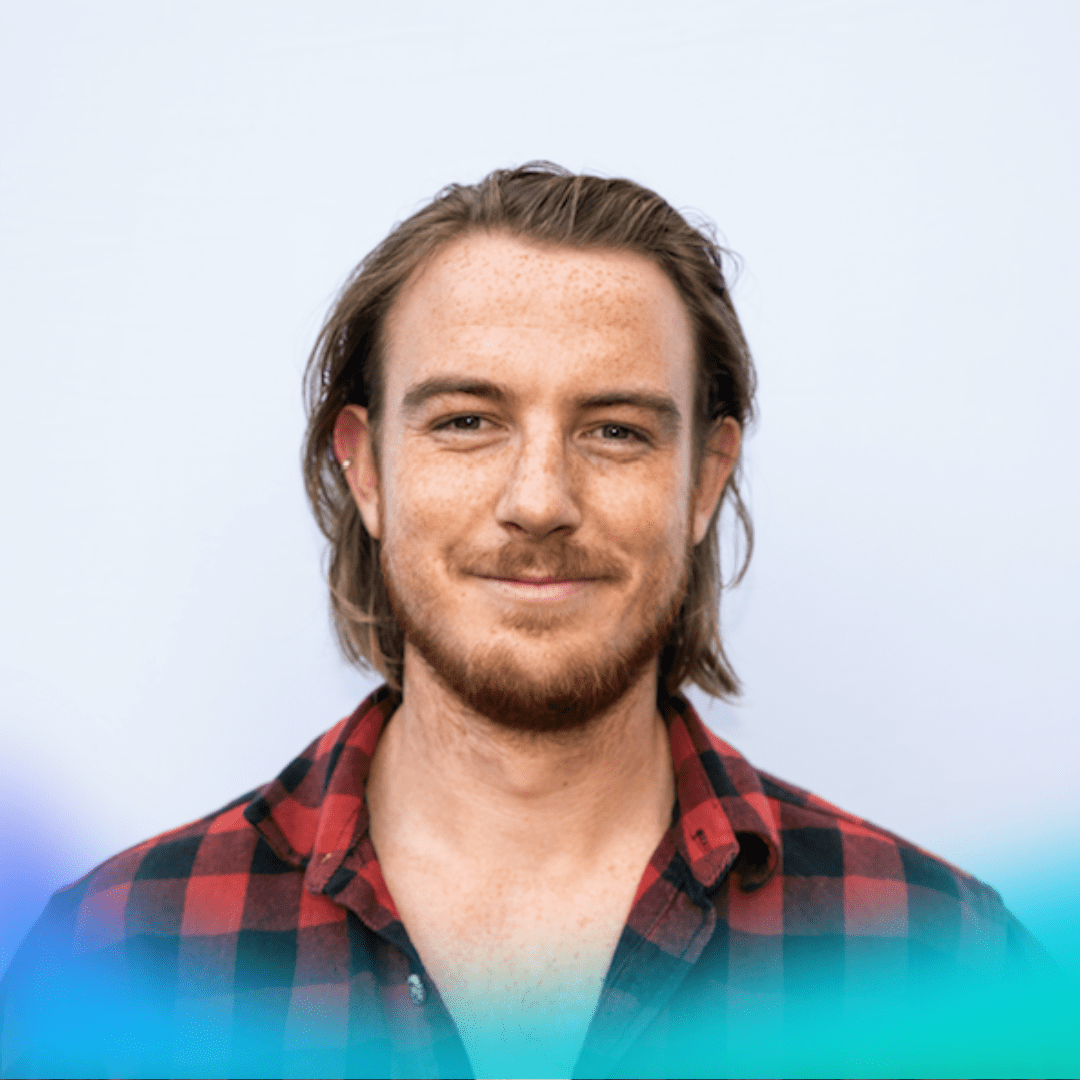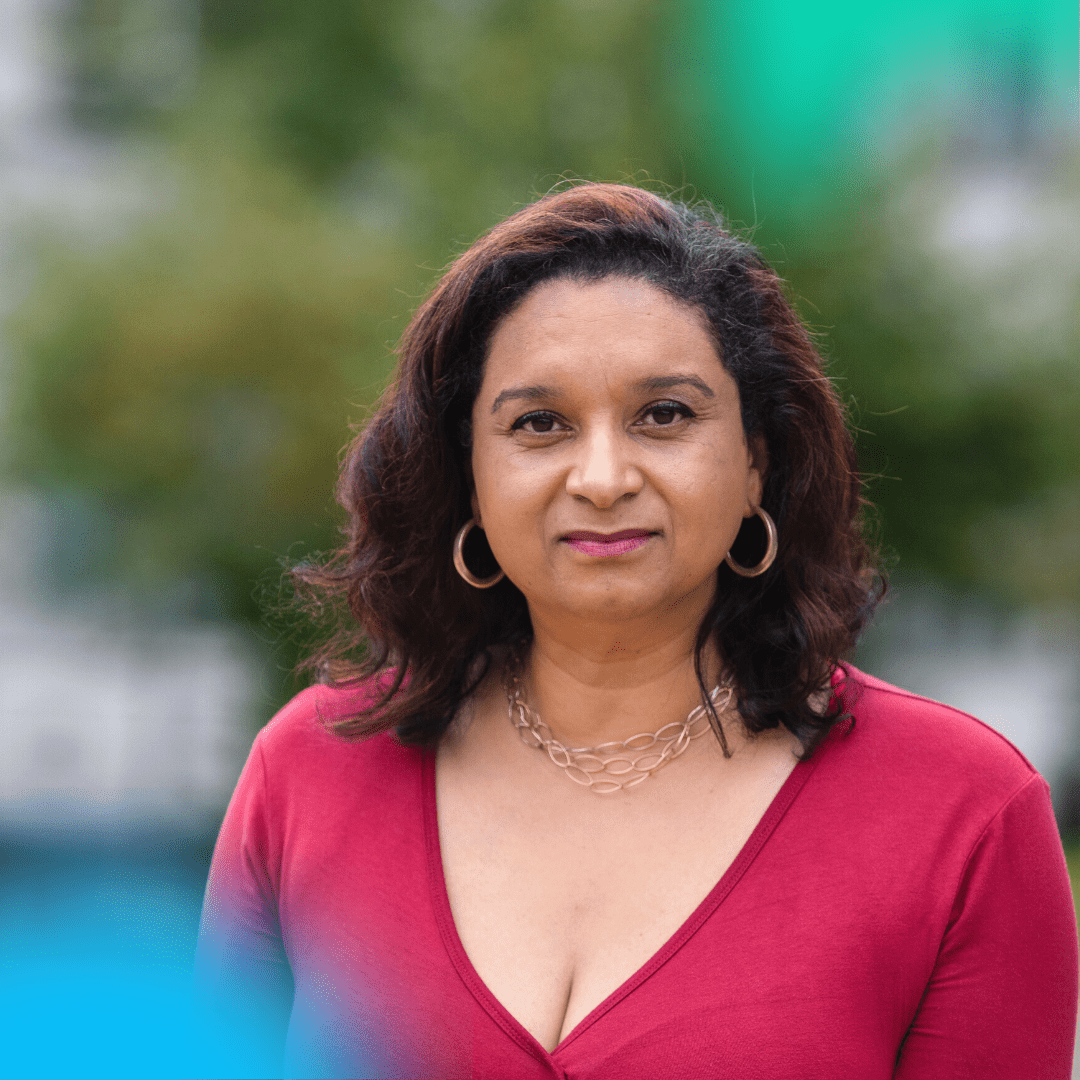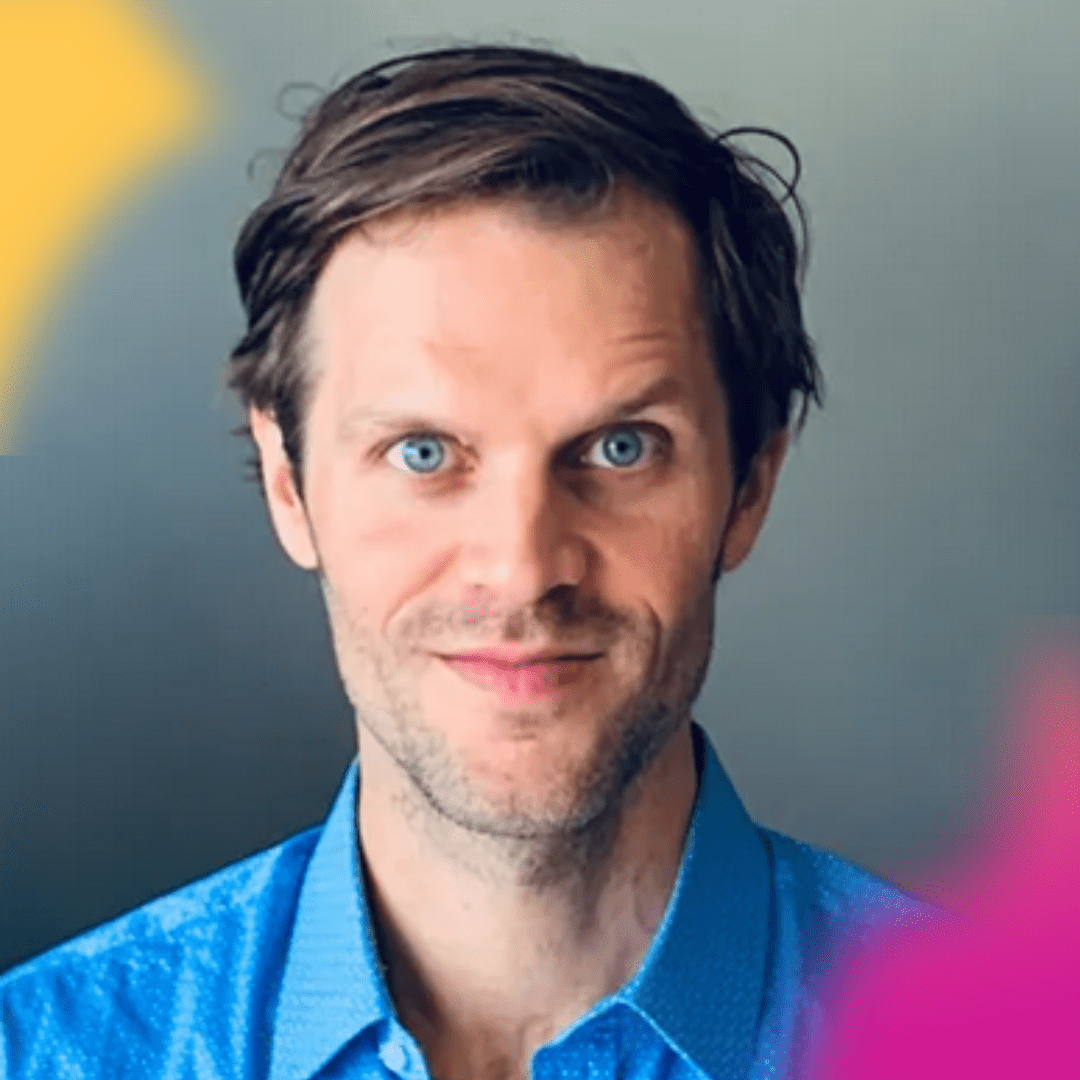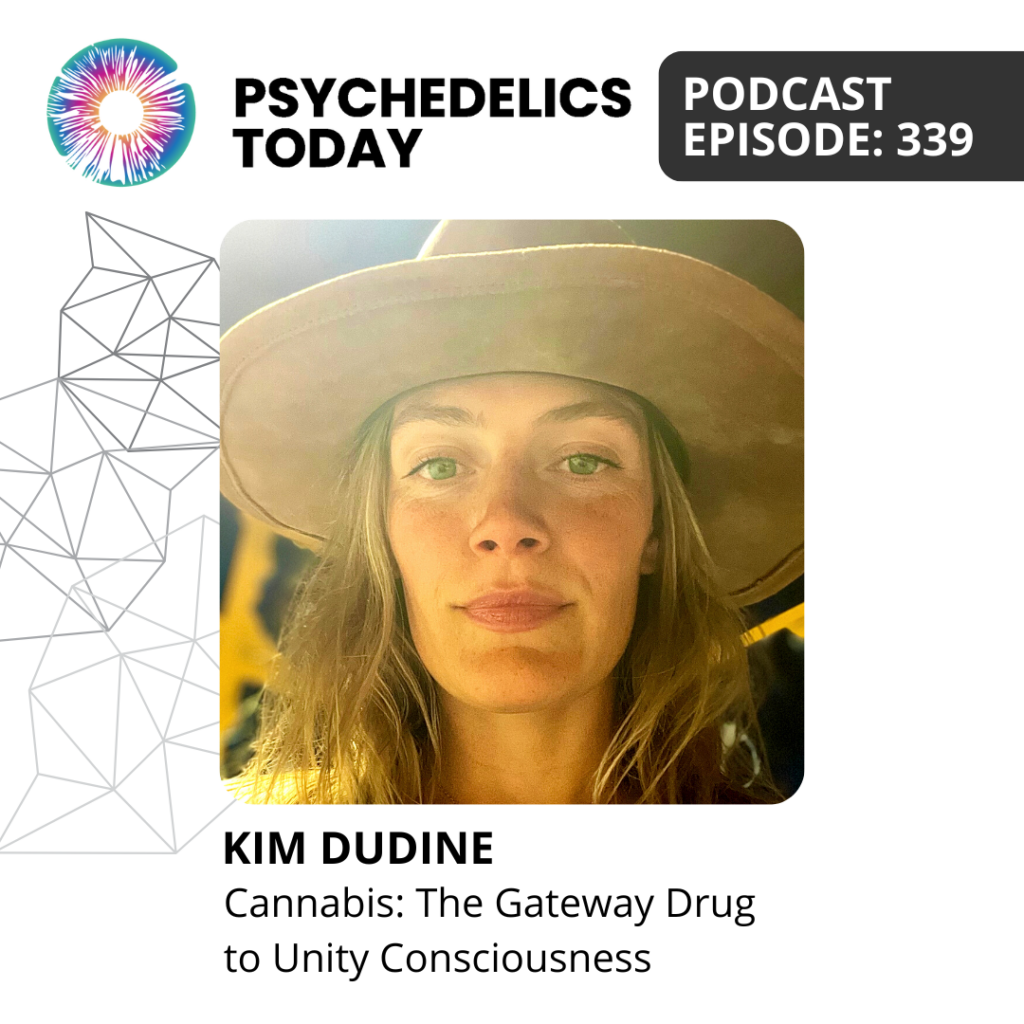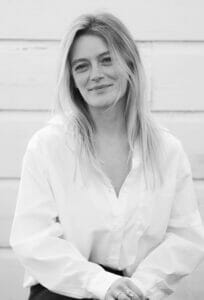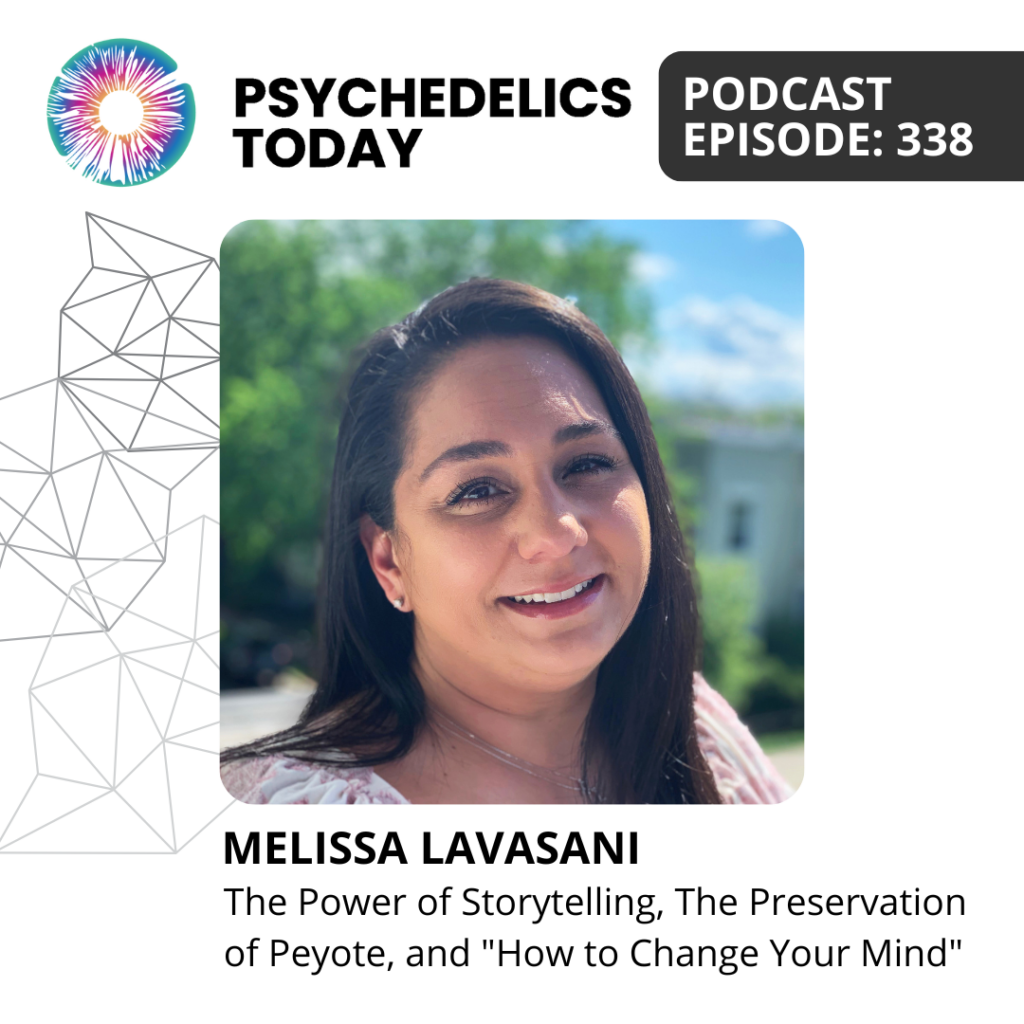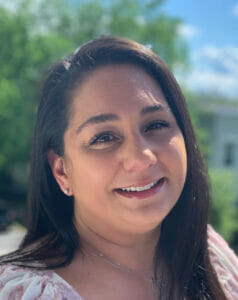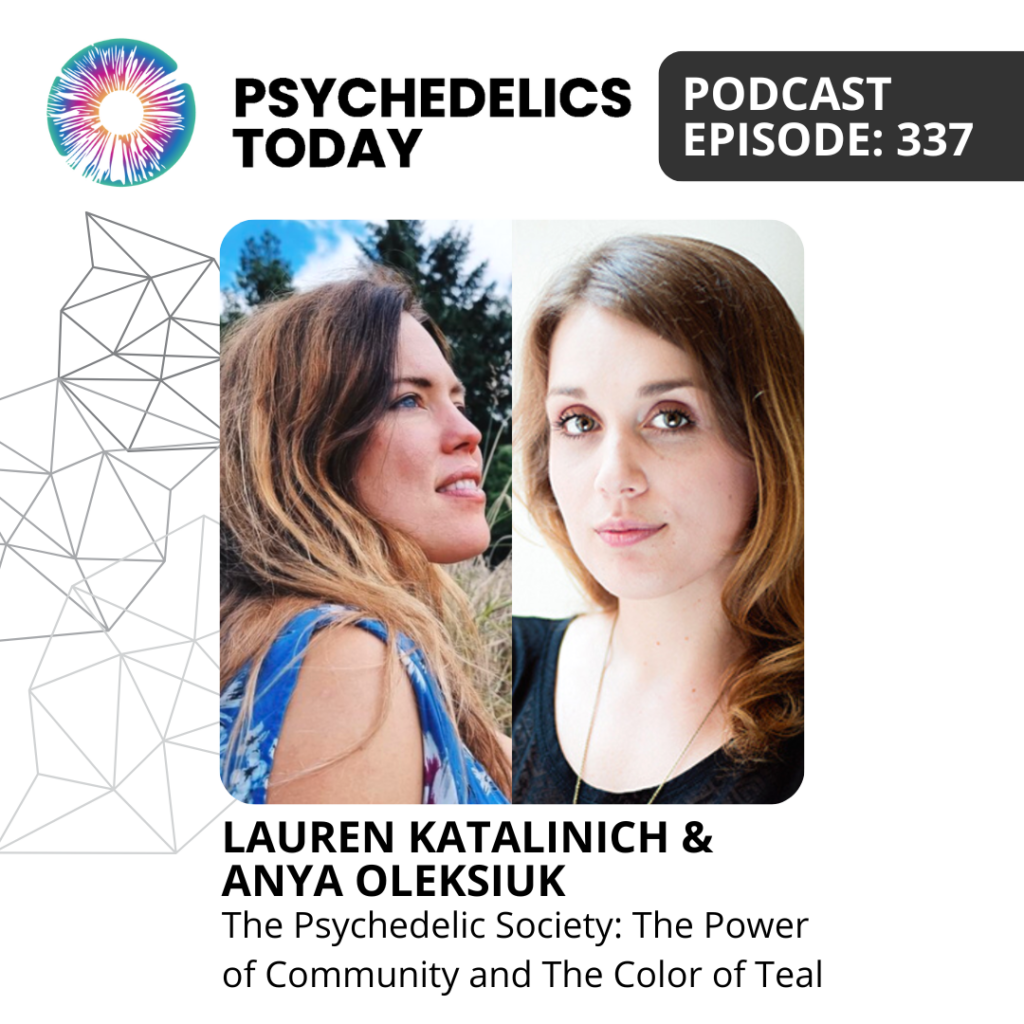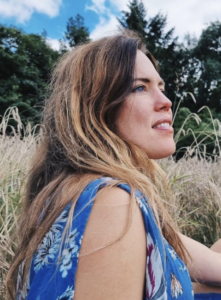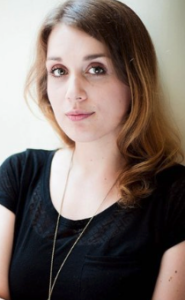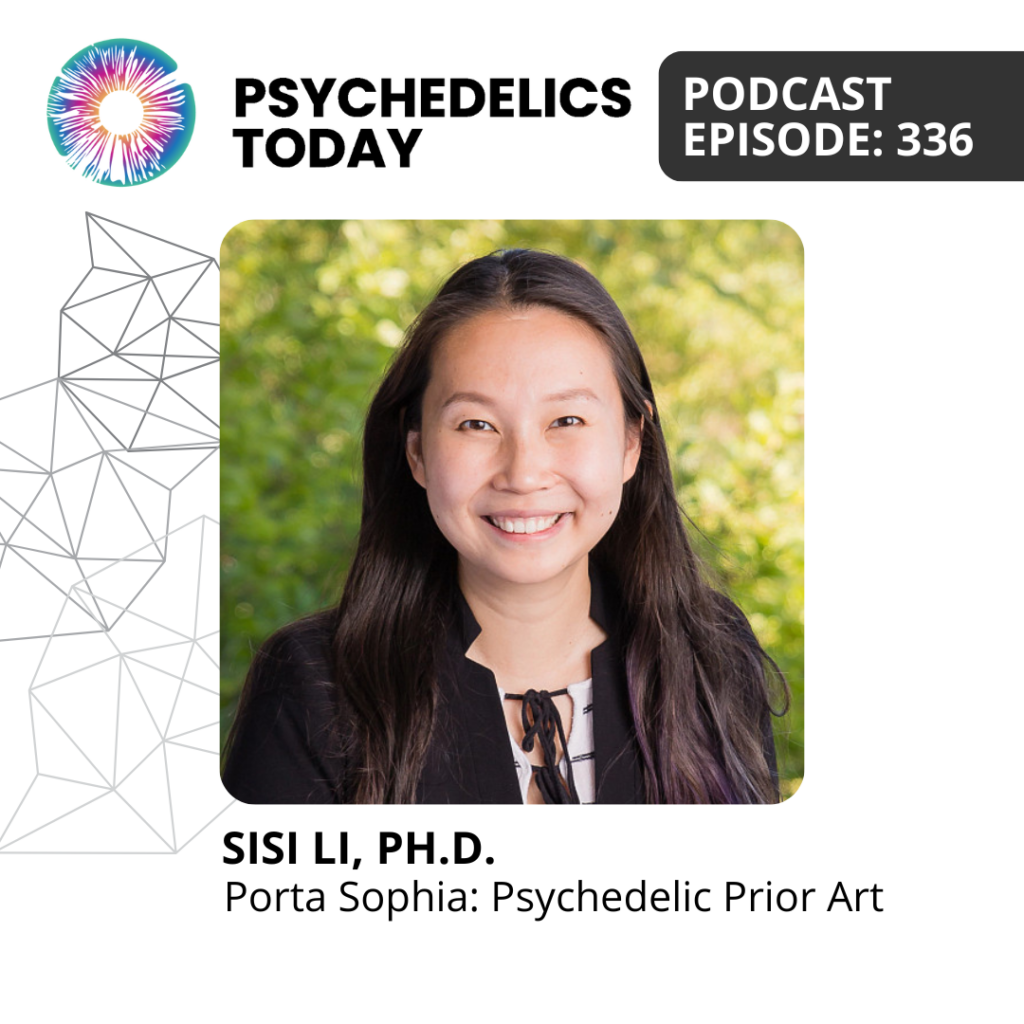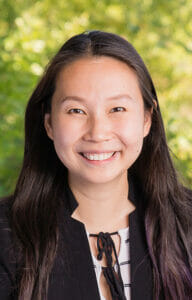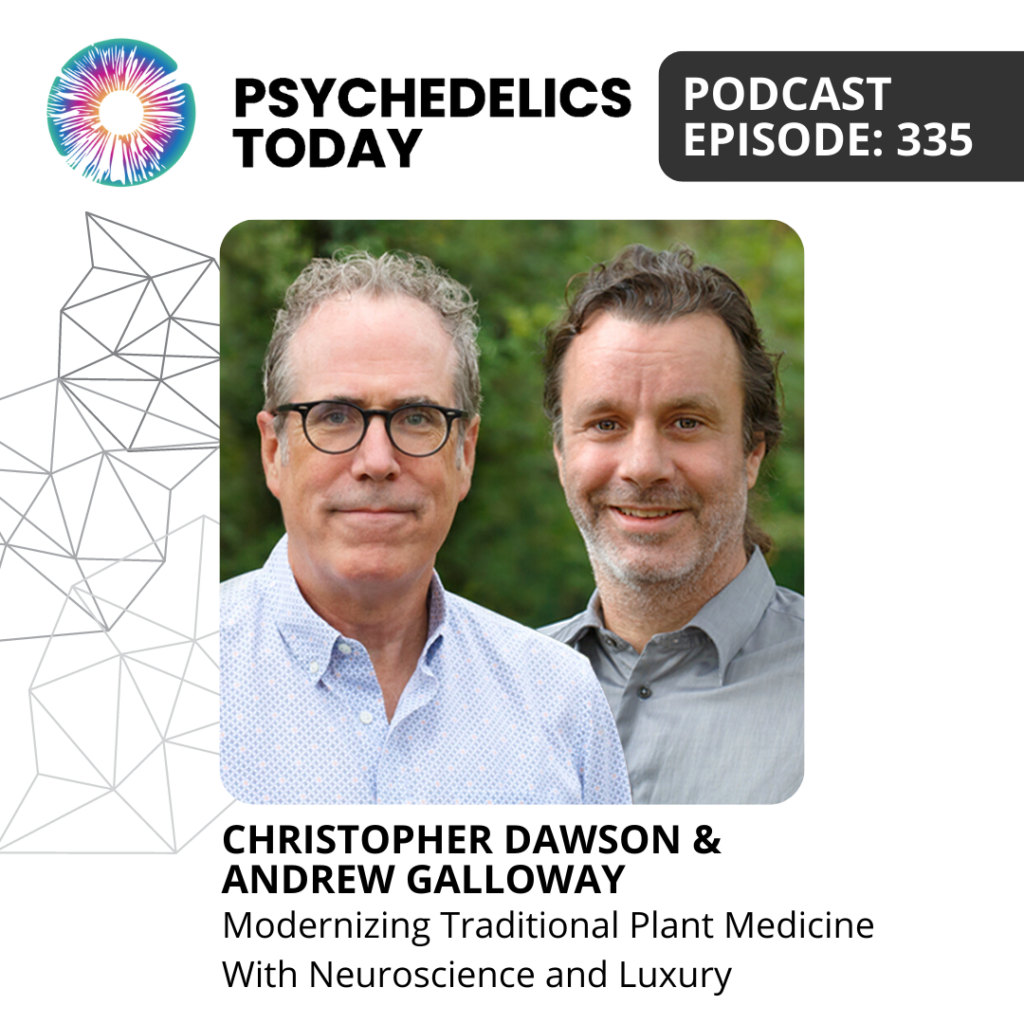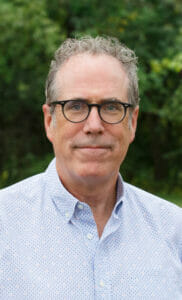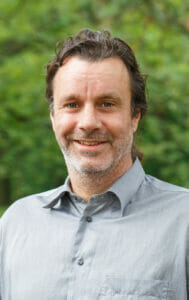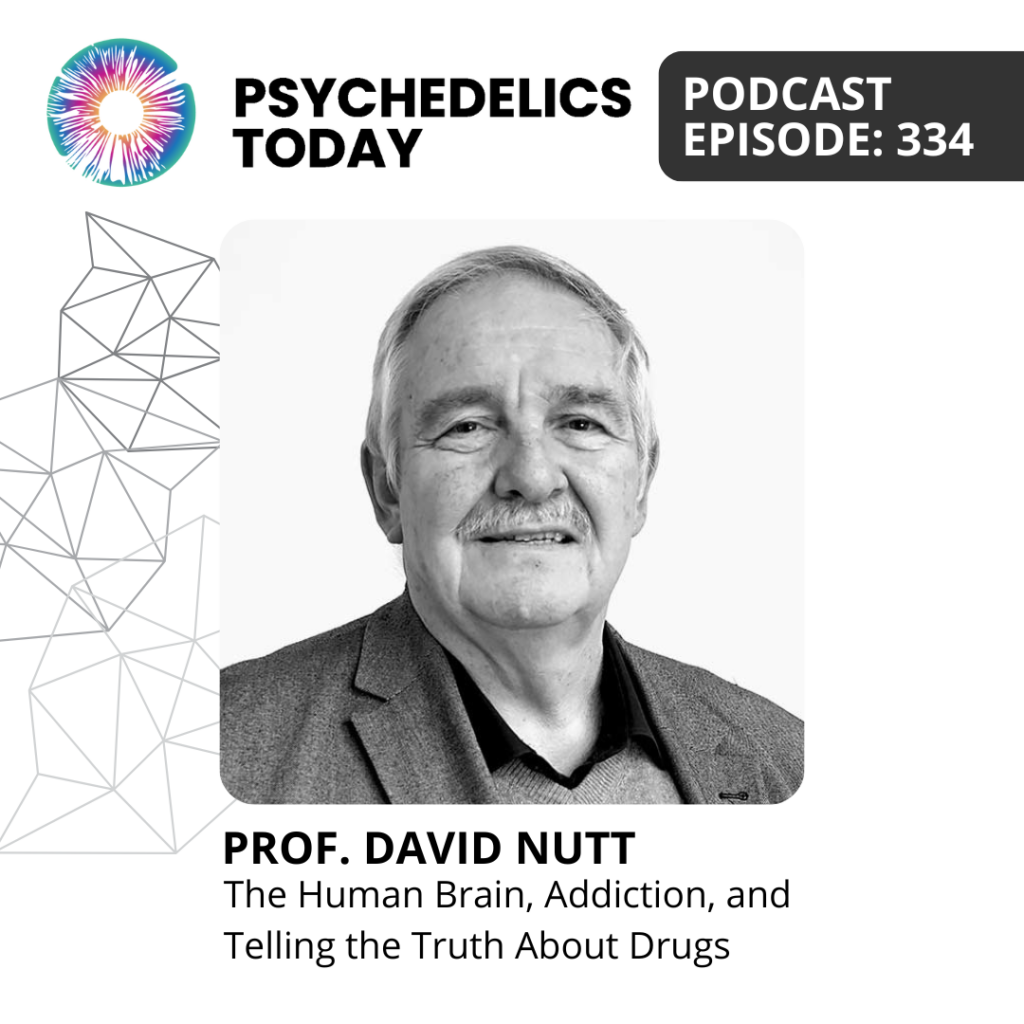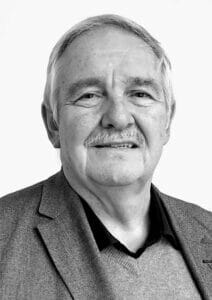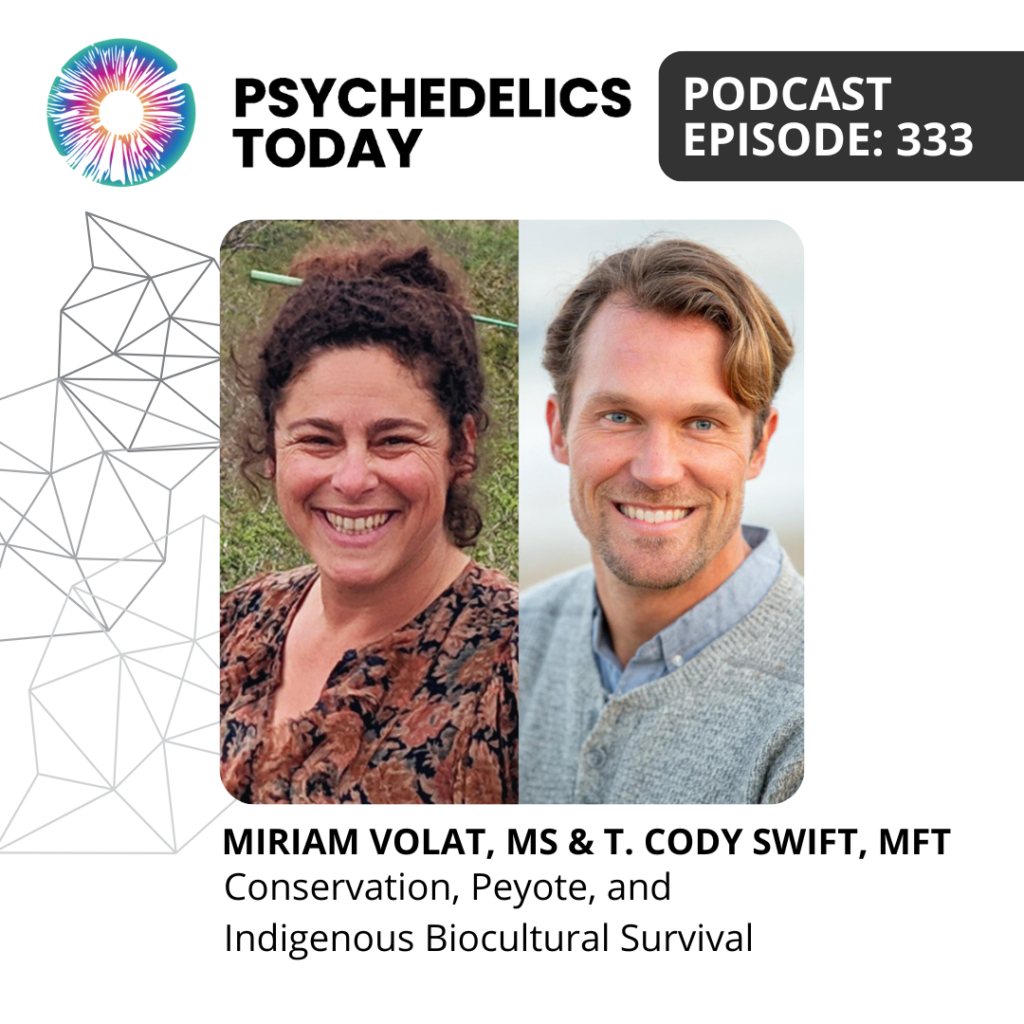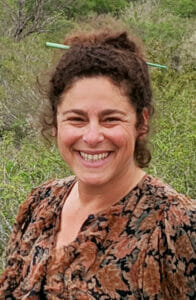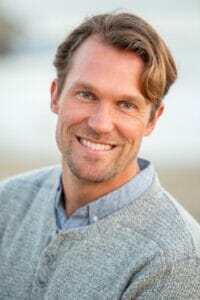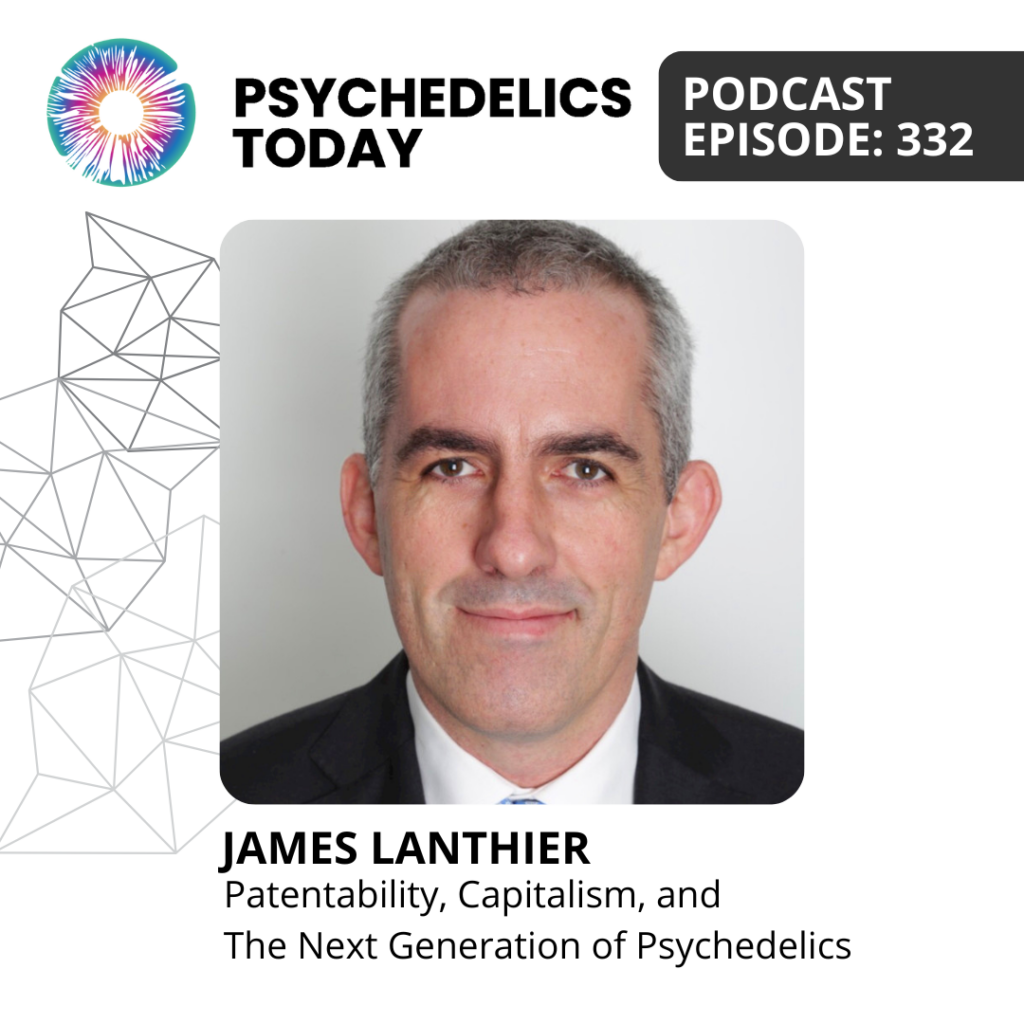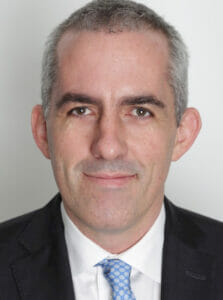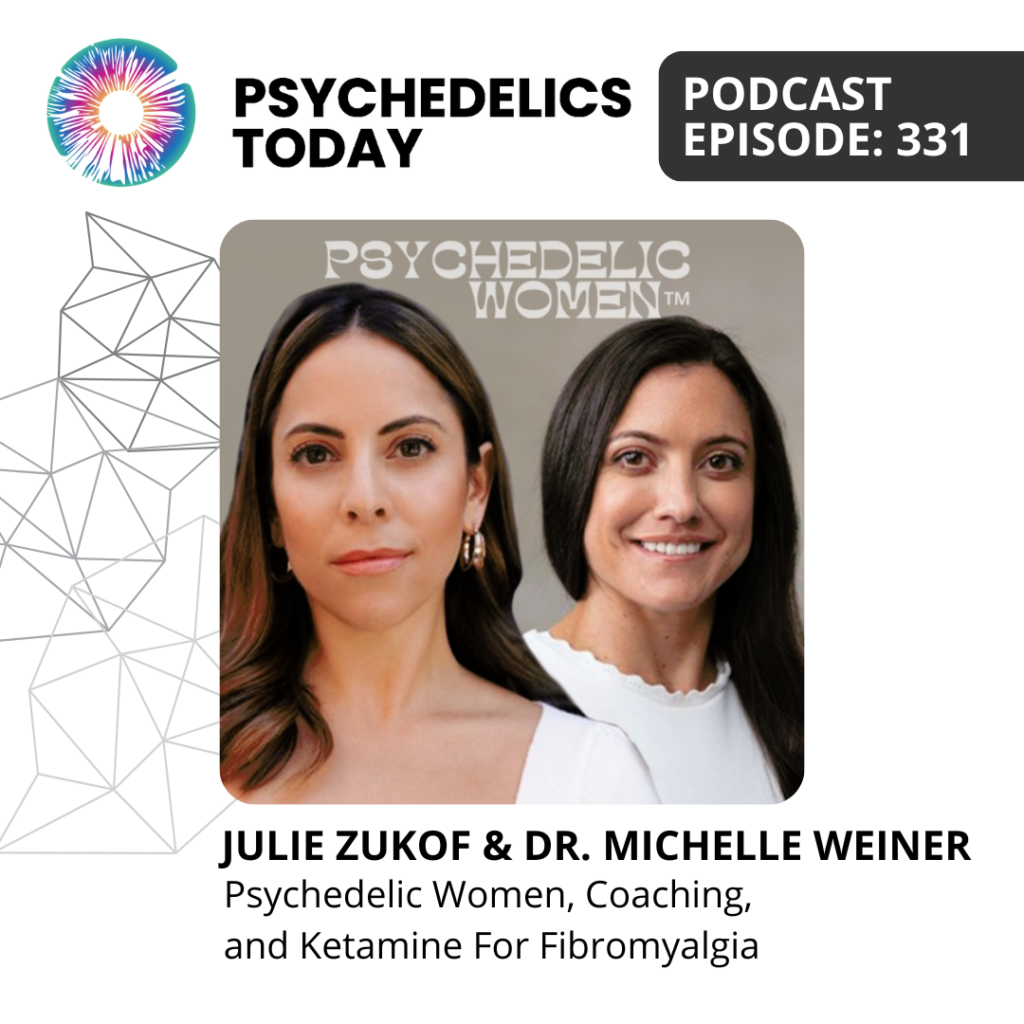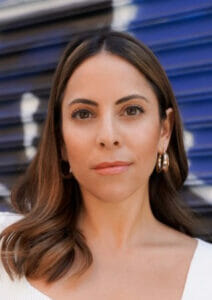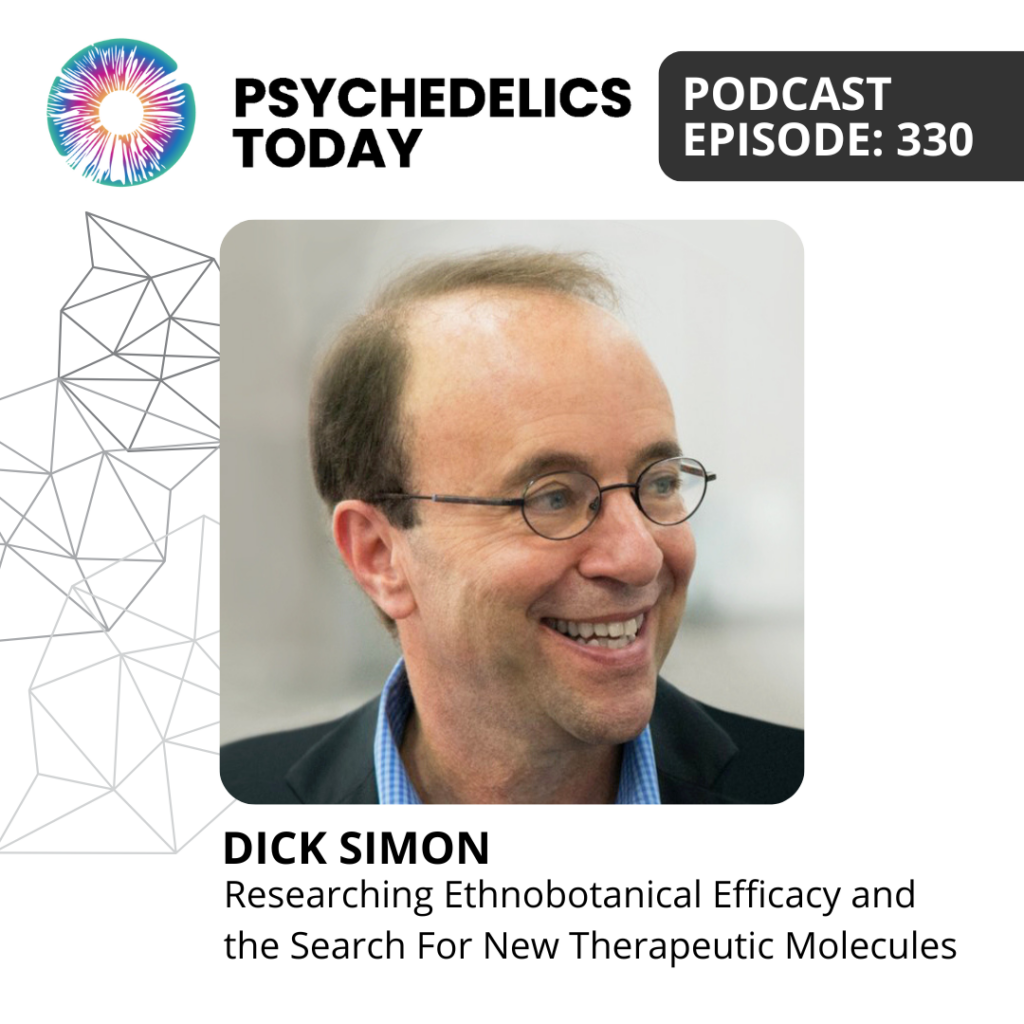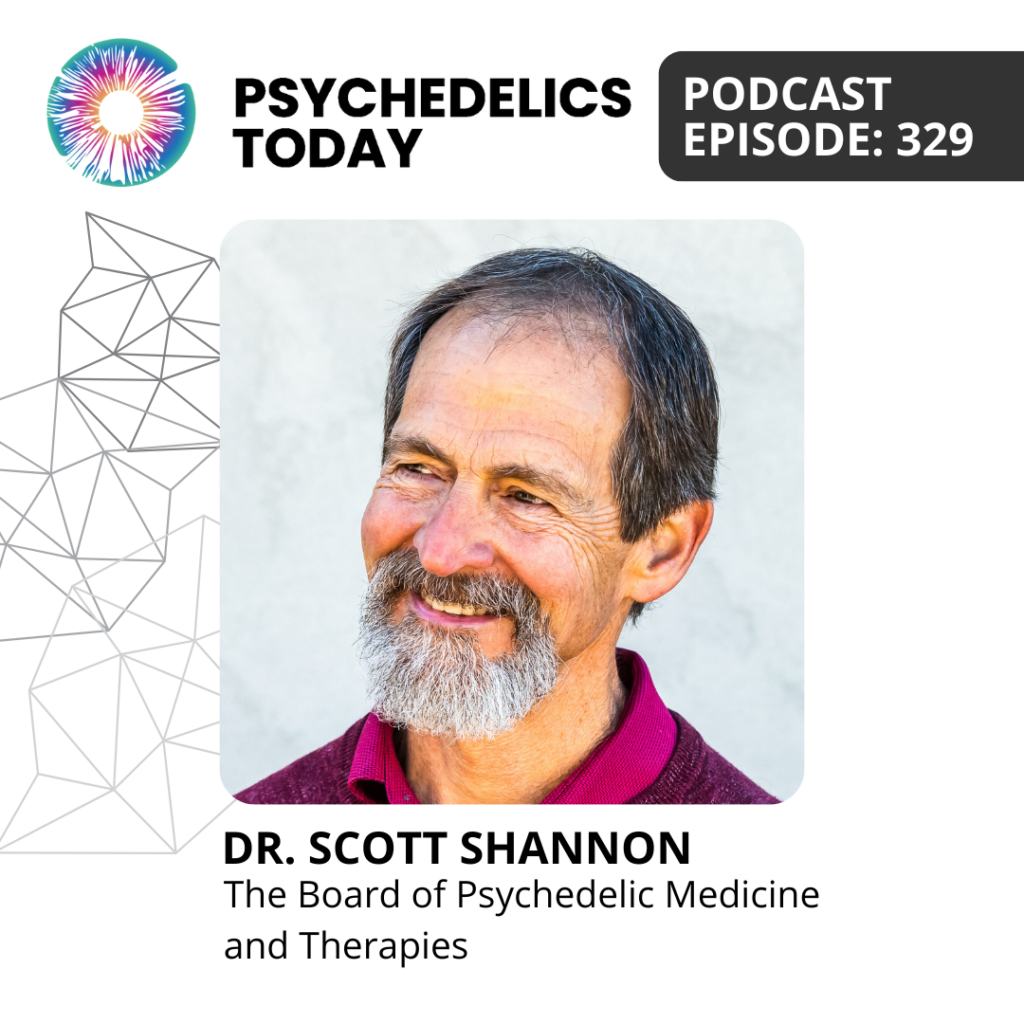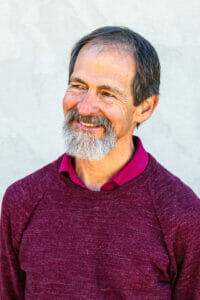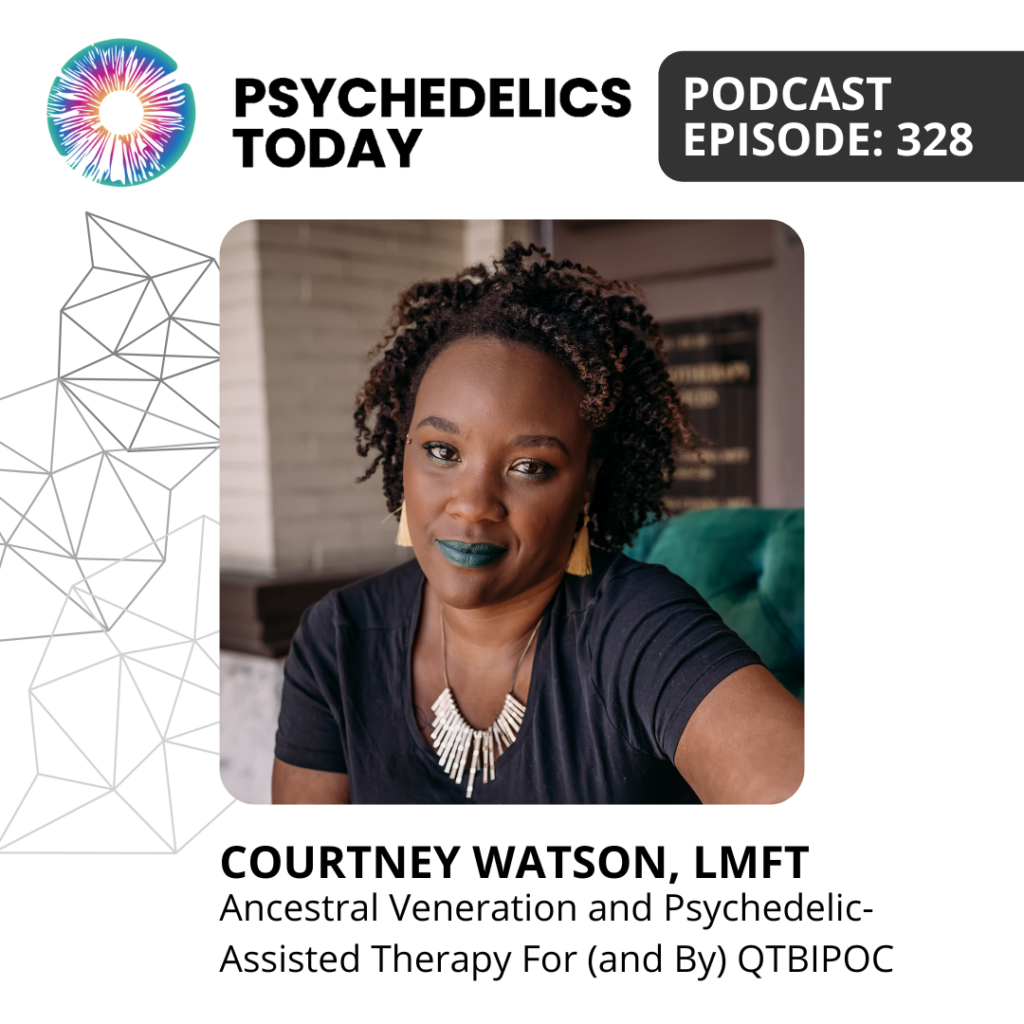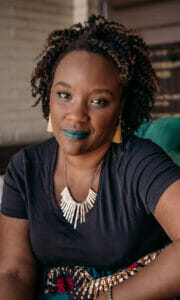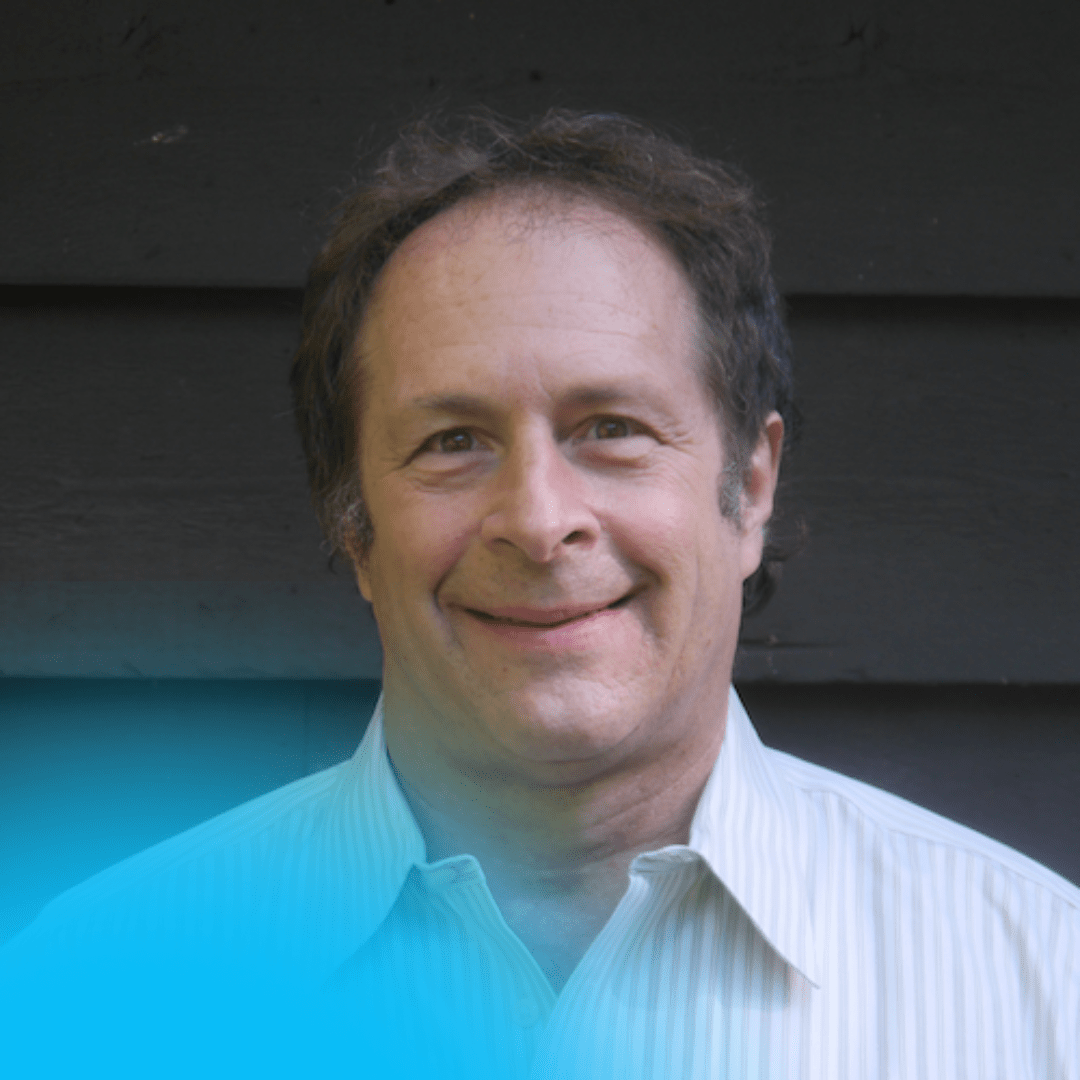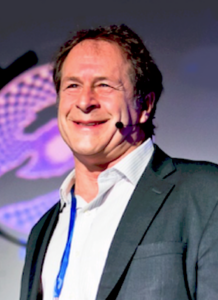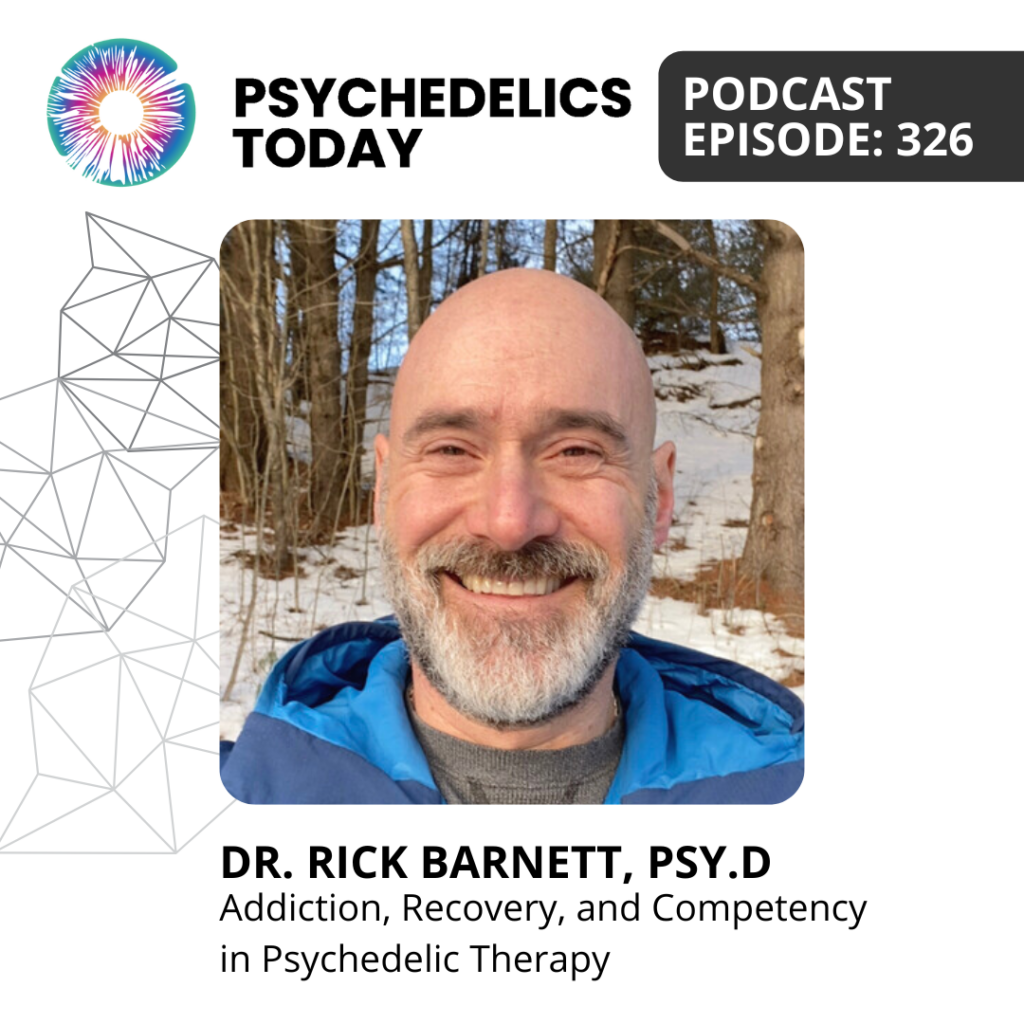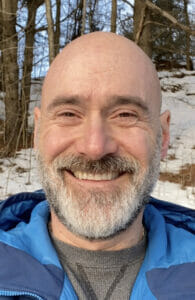In this episode, Joe interviews Melissa Lavasani: CEO of Washington, DC-based Psychedelic Medicine Coalition, and now, President of the brand new Psychedelic Medicine PAC.
She discusses her path to psychedelics, how she ended up running the Initiative 81 campaign (the Entheogenic Plant and Fungus Policy Act of 2020), and how she came to realize that decriminalization efforts can’t be the only option we go for – that, like it or not, we live in a system where politics and money are major factors behind any systematic change, and if we want to make any headway, we have to play the game. The Psychedelic Medicine PAC (Political Action Committee) was created to open up federal funding for psychedelic research, as nearly all research today (of which there still isn’t enough) is being funded by private companies. They will use donations to support politicians who are on our side and can advance psychedelic progress, who will push for federal funding to get the new and necessary data people who aren’t bought in yet need to see.
They talk about speaking with people from the other side of the aisle at a recent education campaign in DC; how federal funding is neutral money; what she learned from DC’s deprioritization of cannabis policing; how personal stories and one-on-one human connection can change minds better than traditional confrontational activism; and the need to get ahead of the inevitable wave of big pharma propaganda they’ll bring when they officially step up to the table. She believes the path to helping the most people is advancing science and data through federal funding, and that begins with education and getting more politicians on our side. If you agree, follow them for details about their upcoming event in May, visit their table at Psychedelic Science this June (use PT15 for 15% off tickets), and donate to the PAC or the coalition.
Also, as a bonus, this episode begins with a mini version of Psychedelics Weekly. Joe and Kyle didn’t have enough time to record a full episode, but still wanted to check in and review a few notable stories and highlight our recent Vital graduation ceremony. See you next week!
Notable Quotes
“I dipped my toes with the microdosing [and] I found immediate effects of that. I engaged with my children for the first time in many years, and with my son for, really, the first time since he was born. So that was a really mind-blowing experience of taking something for only a few days and feeling my humanity come back again.”
“I think when you take the media out of it and you isolate them in a place they feel very safe (in their office) and there’s no cameras around and they don’t feel the need to get their talking points across, and you have a human-to-human conversation with them about this issue, the result is that much better because you isolate all of these external influences that they’re constantly under and you say, ‘Listen, I am talking to you as a human being. This was my experience. This is what I did to heal myself.’ …Watching them have their epiphany about this is so fun.”
“When these campaigns win with very small margins (like 1%, 3%, 5%), that means half of the state voted against it, and that means half the state wasn’t being spoken to in these campaigns in the right way. …The U.S. is extremely diverse, and not just racially, but within perspectives that exist in this country, and we cannot just be speaking to one side of this issue. We have to really engage with the public in a meaningful way, and that is speaking to the half of the country that doesn’t understand this.”
“We forget that the traditional pharmaceutical industry has yet to step in on this issue. I think that they’re very closely watching what’s going to happen with psychedelics, but they have yet to stick their lobbyists on the hill. And that is the day that I am not looking forward to, because they have one of the most powerful lobbies in the country and they have budgets for this kind of work in the billions of dollars, really. So how is the psychedelic industry going to compete with that? How you counter that is: you educate members of congress, you educate those influential people before the pharmaceutical industry gets there so they can’t fill their heads with misinformation.”
Links
Maps.org: Zendo Project Celebrates a Decade at Burning Man and a New Beginning for the Organization
BBC.com: People were taking drugs in Spain 3,000 years ago, study finds
Telegraph.co.uk: Rory Lamont: ‘My rugby injuries made me suicidal – psychedelic drugs saved me’
———————————————
Psychedelicmedicinecoalition.org
NBCnews.com: Candidates who support psychedelics as medicine get a political action committee
Psychedelics Today: PT229 – Dr. Matthew Johnson – What is Consciousness?
Governing.com: What Can Communities Do to Prevent Psychedelic Healing Centers?
